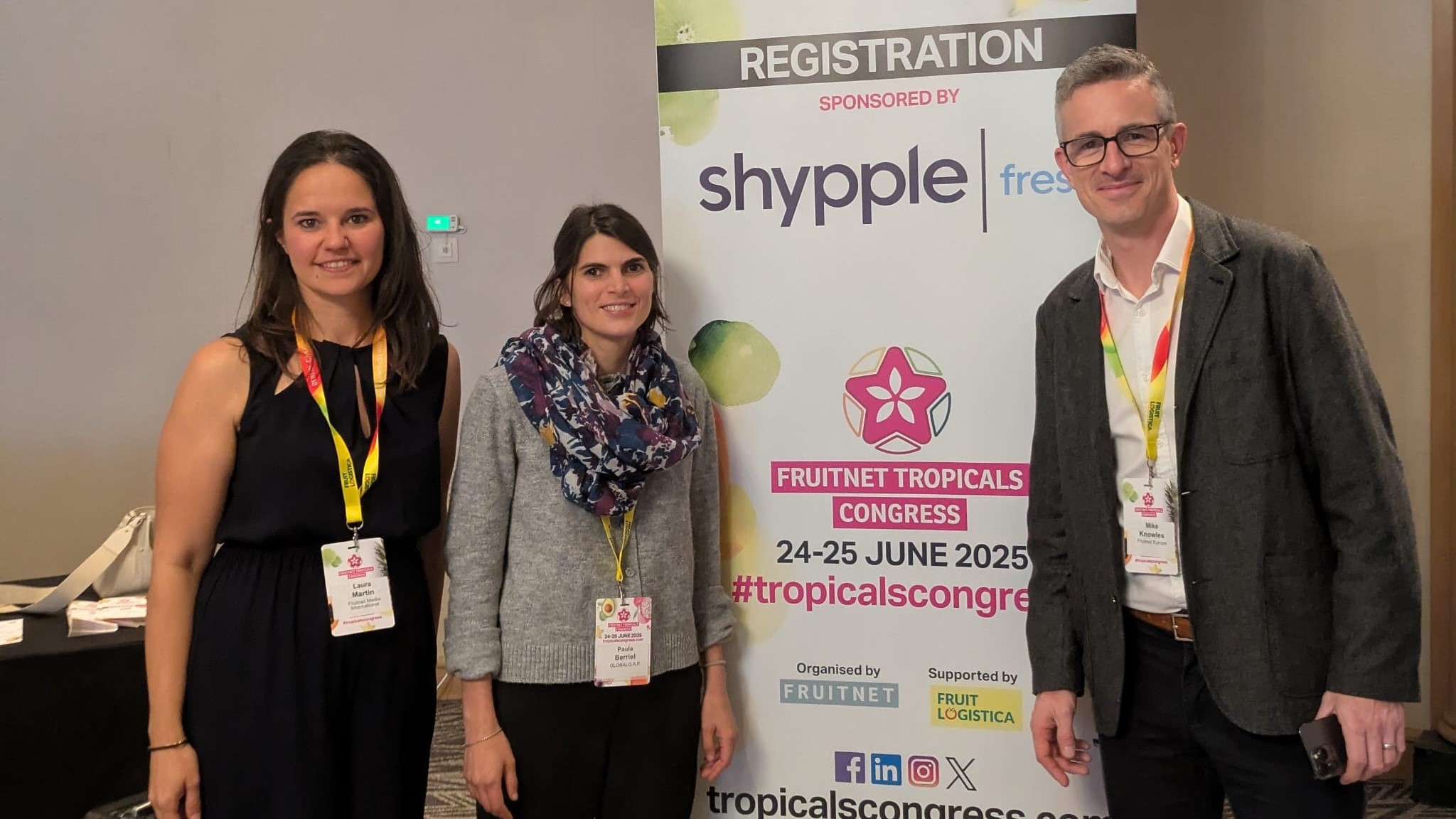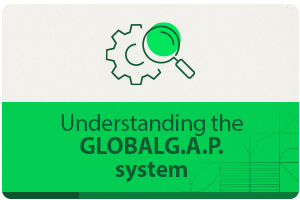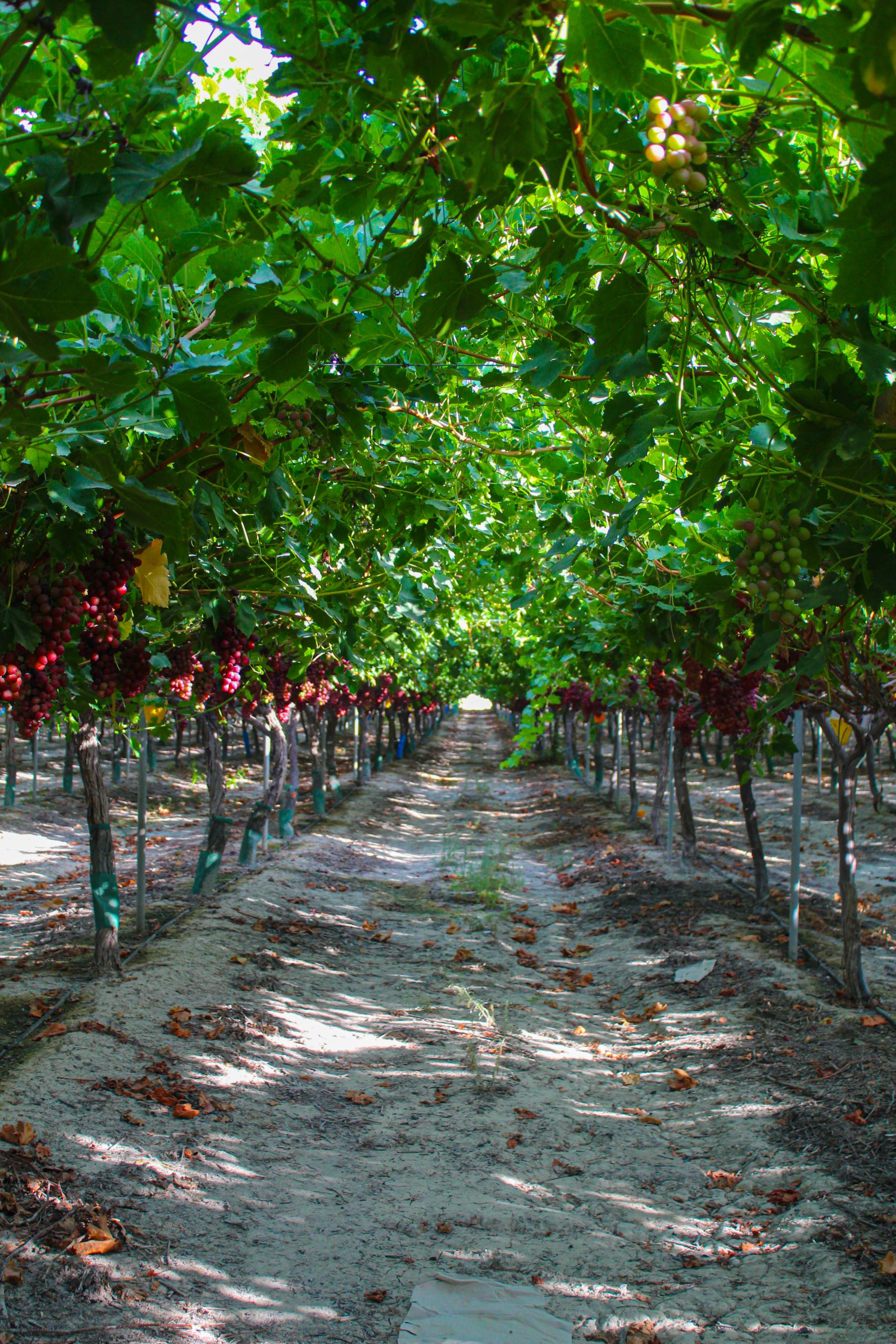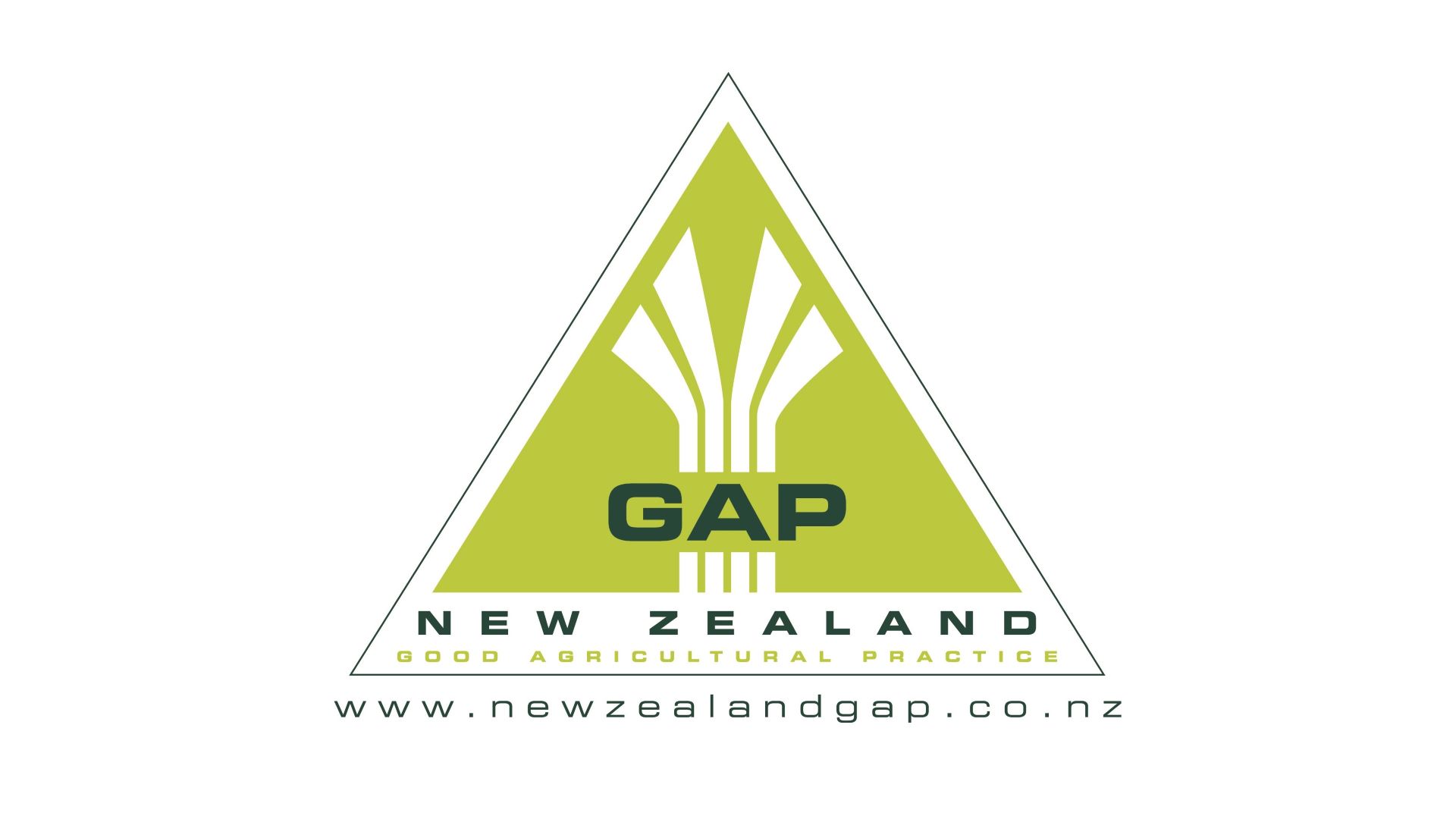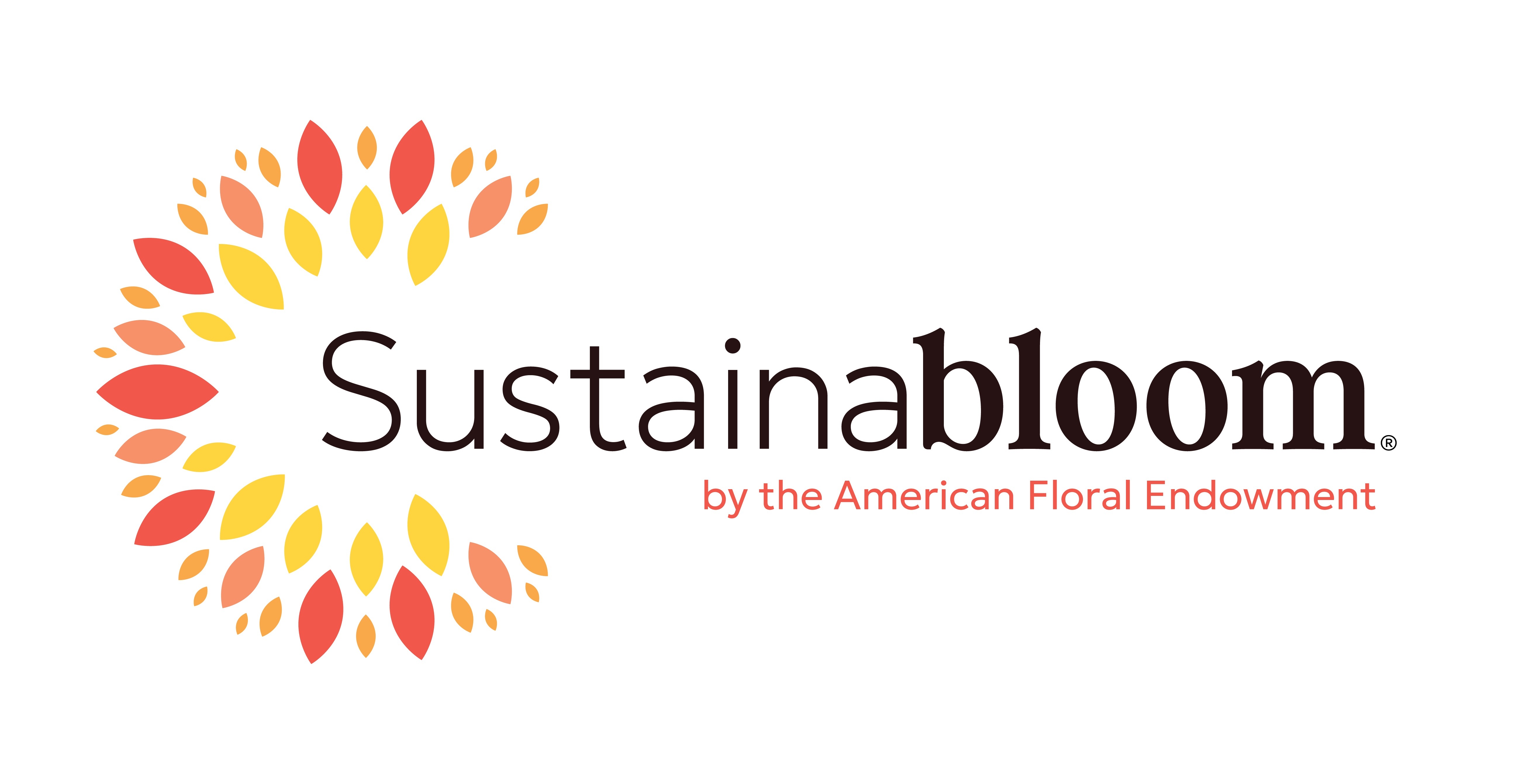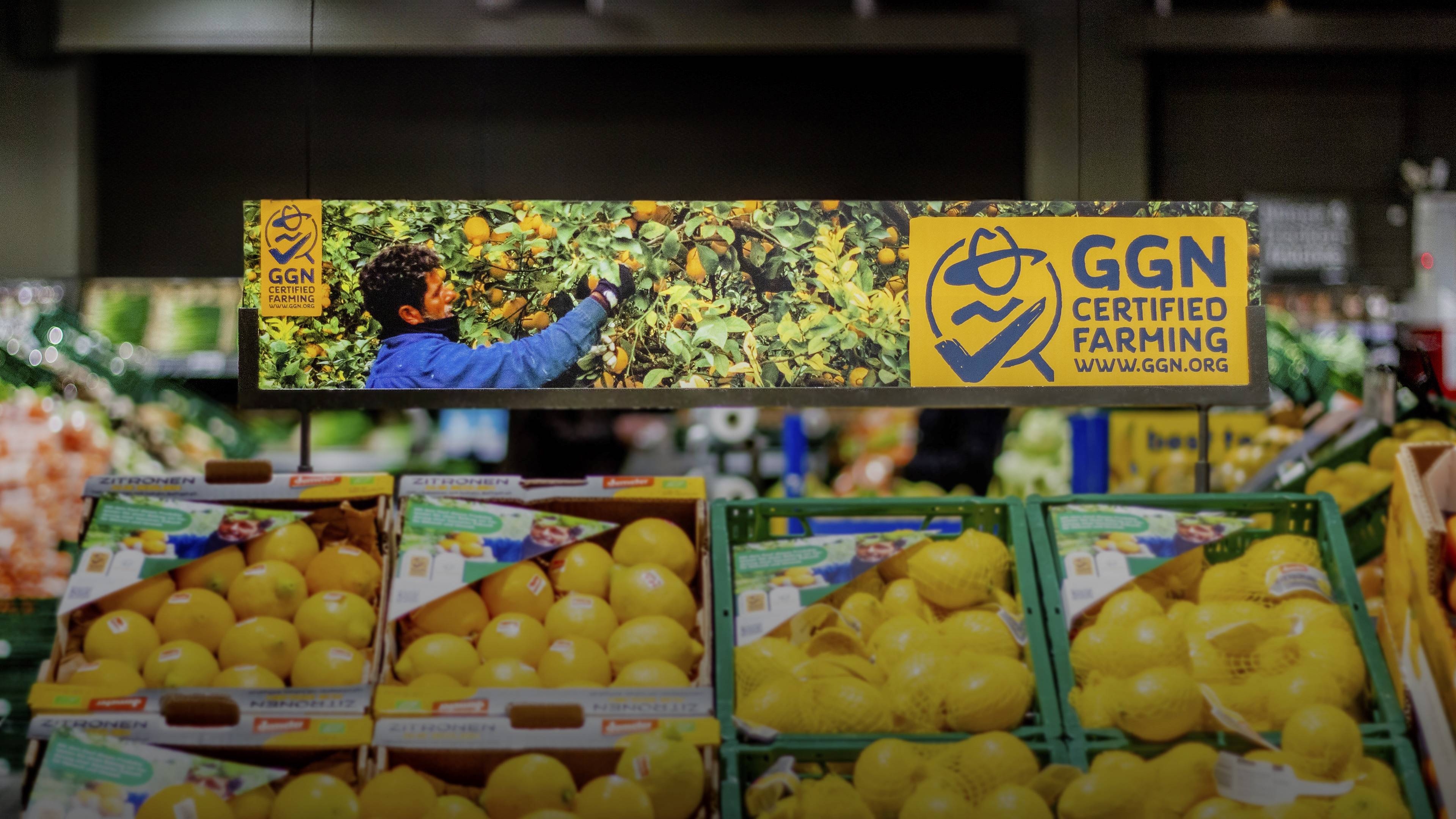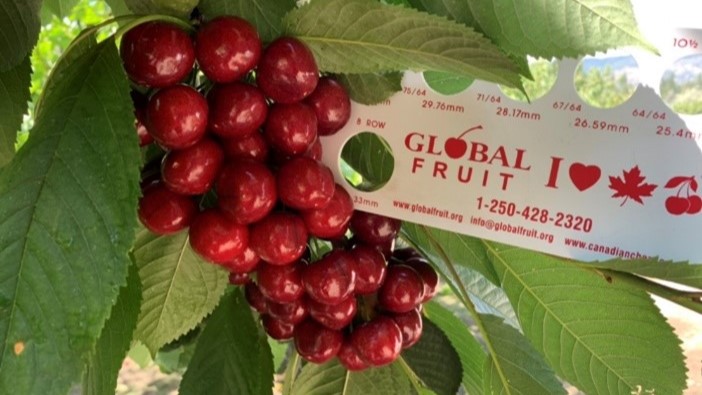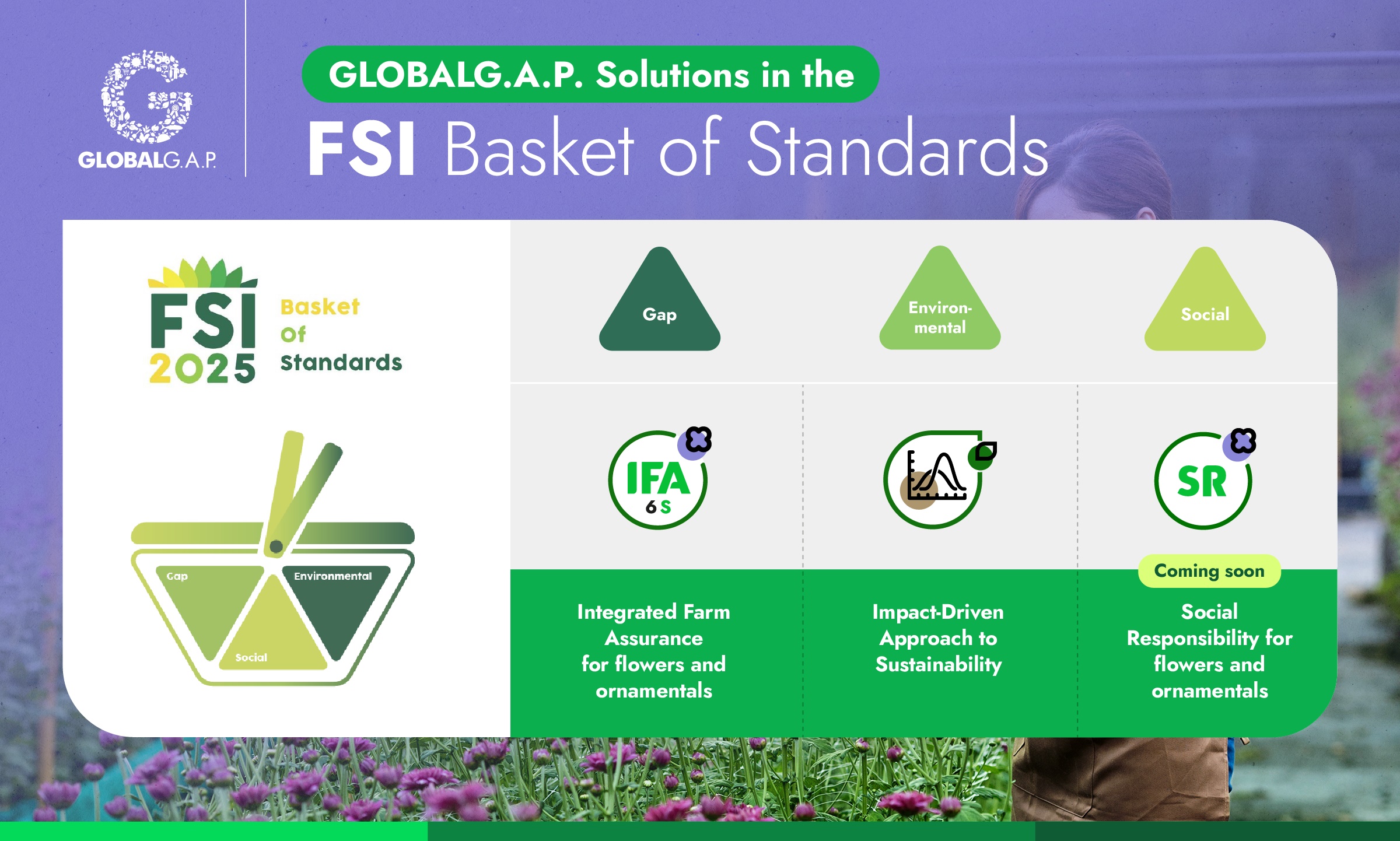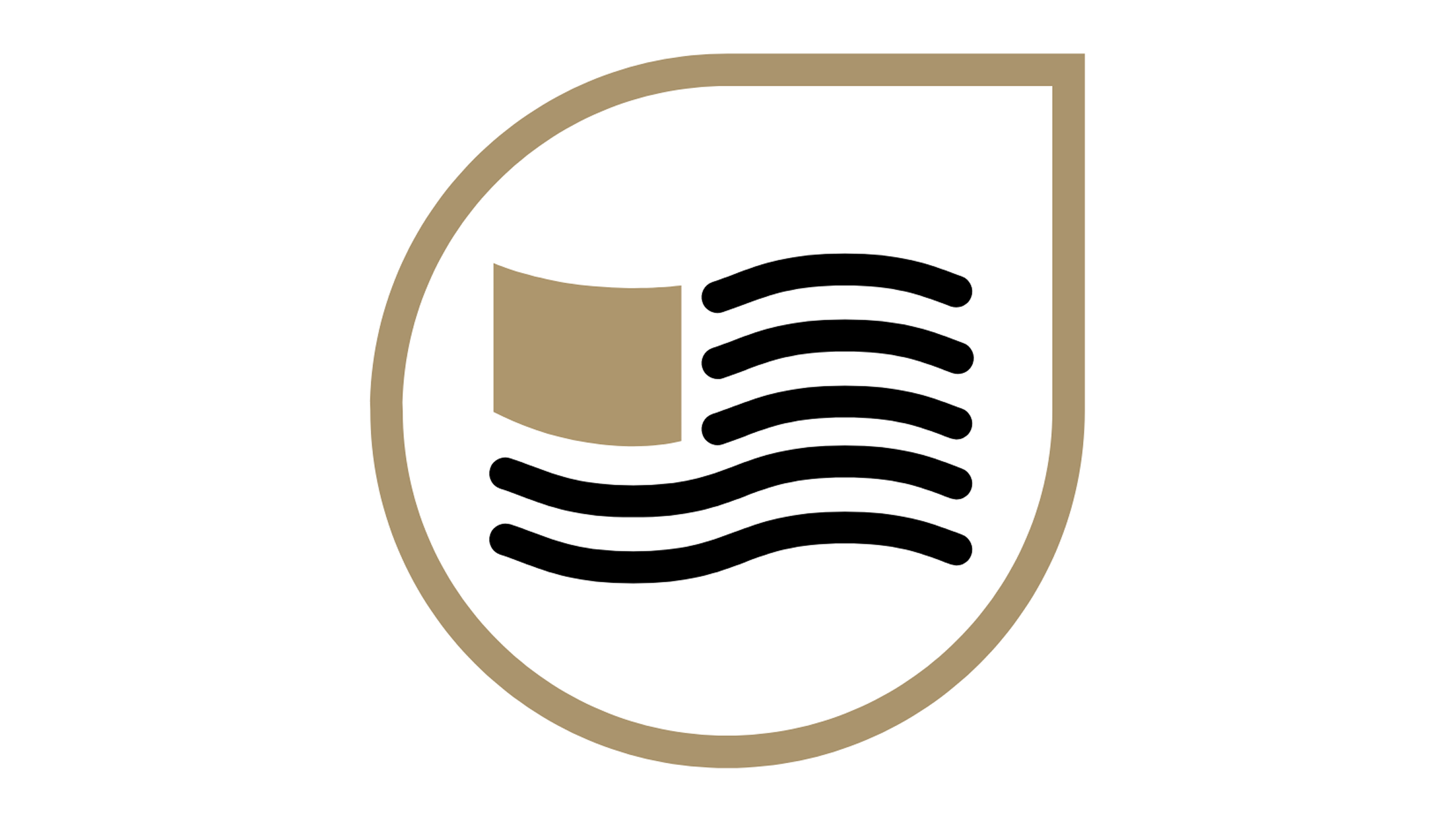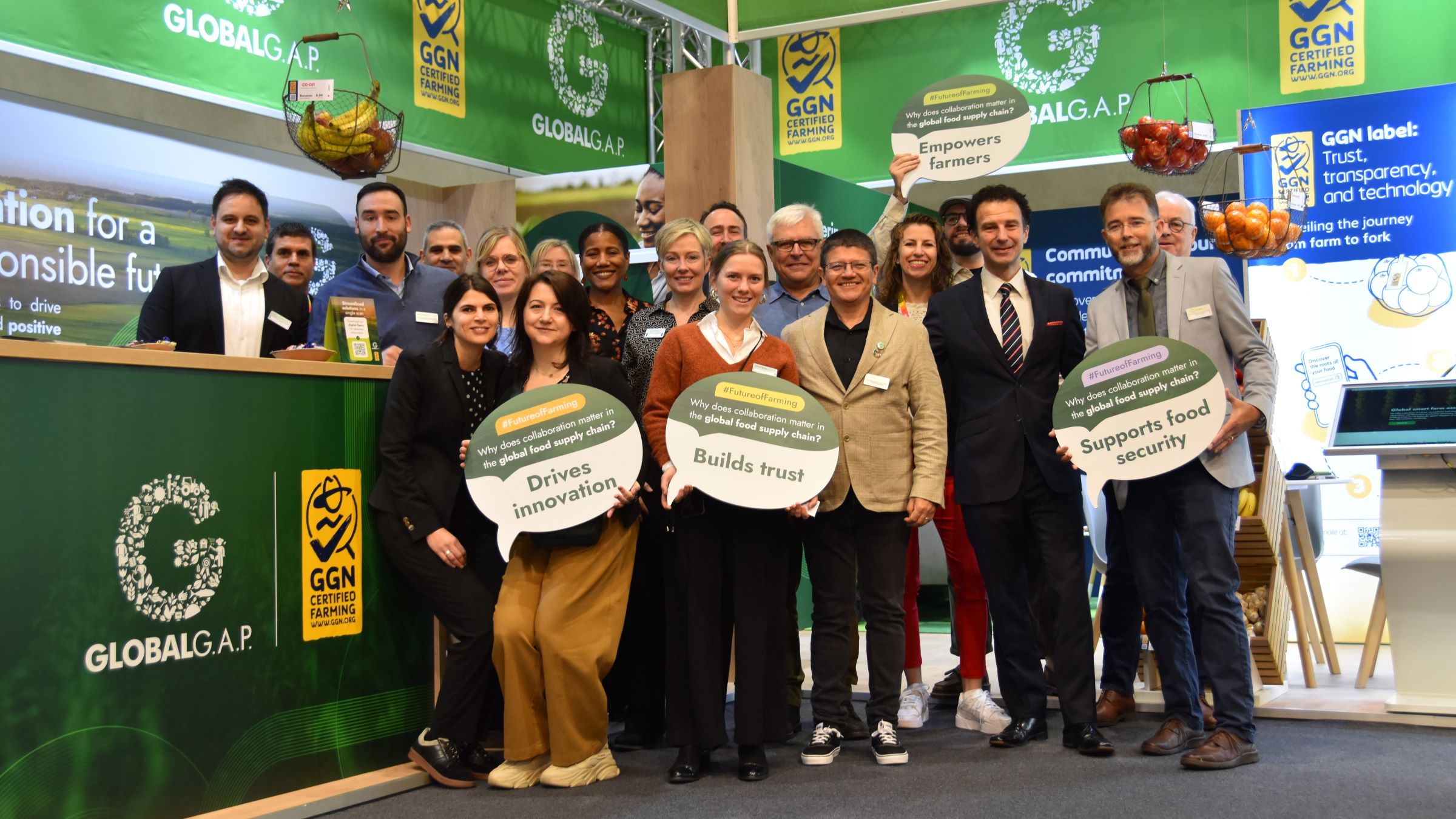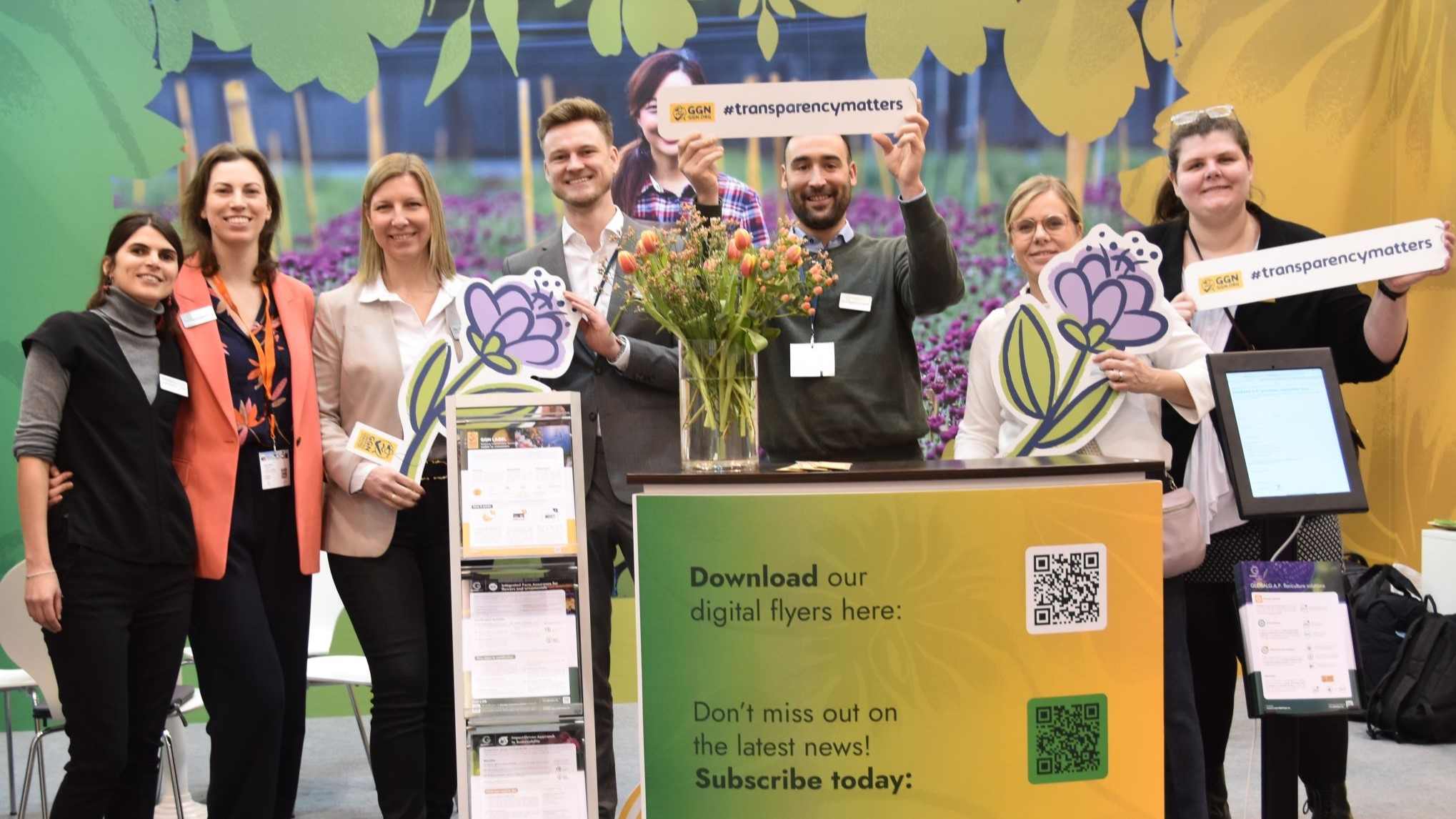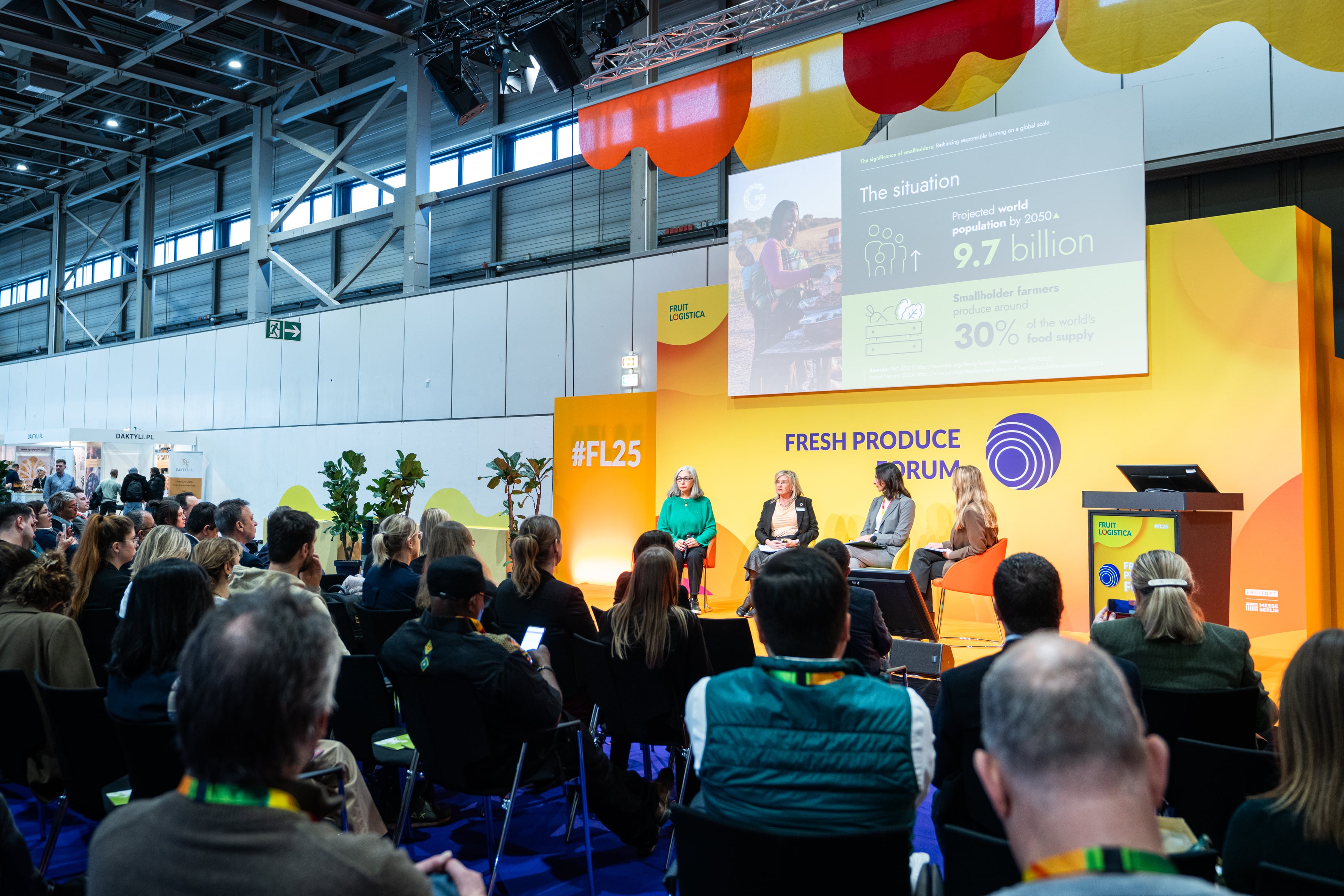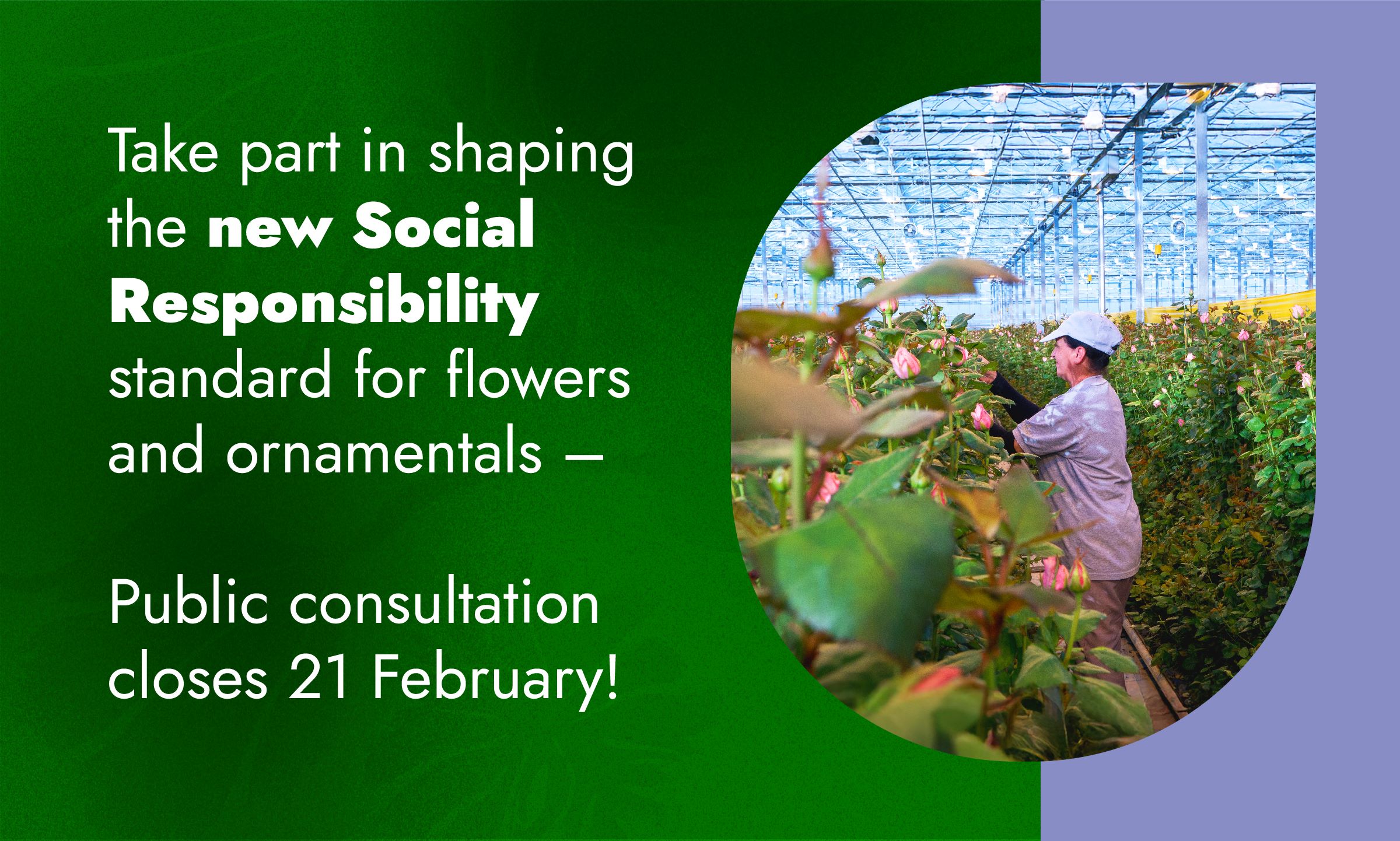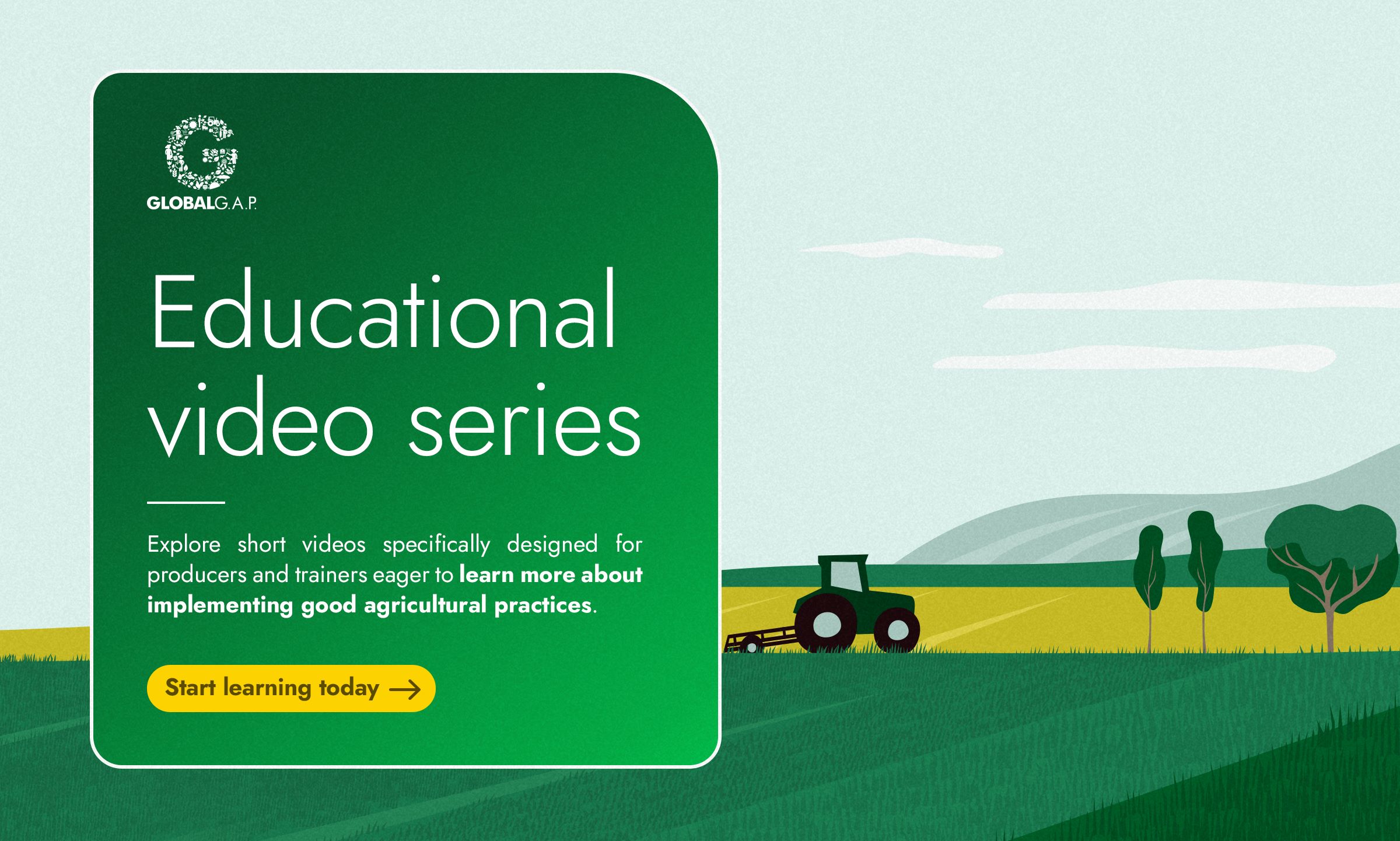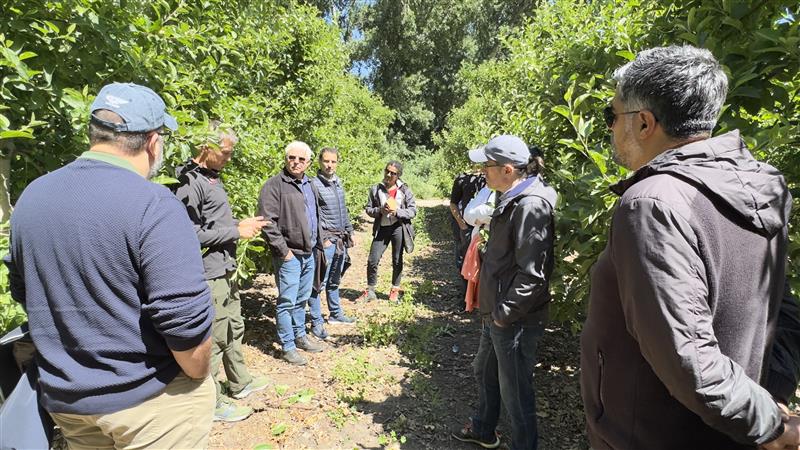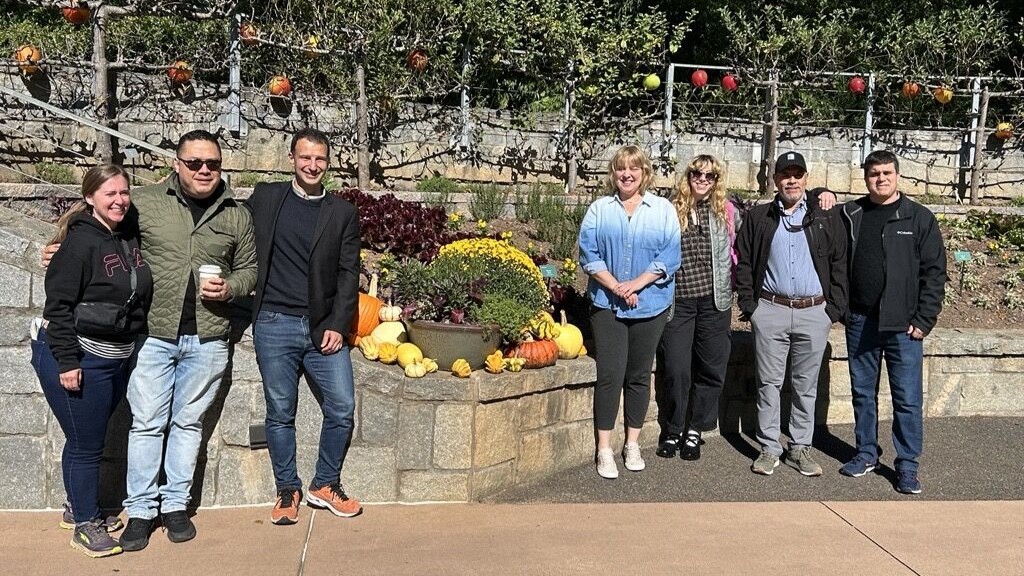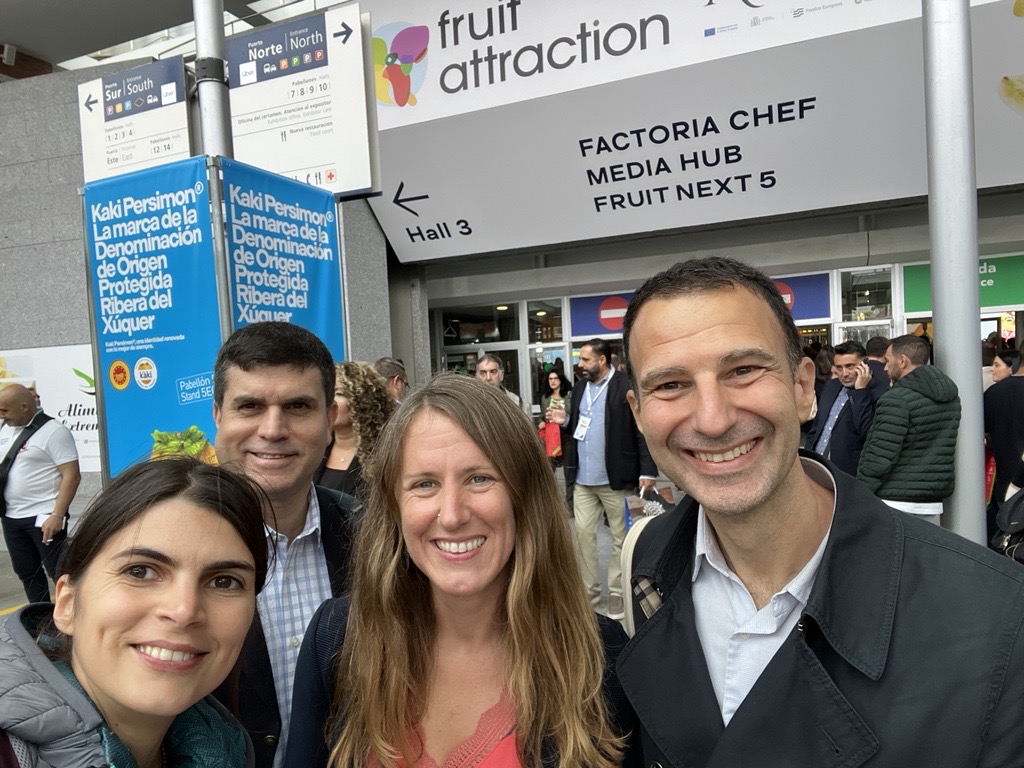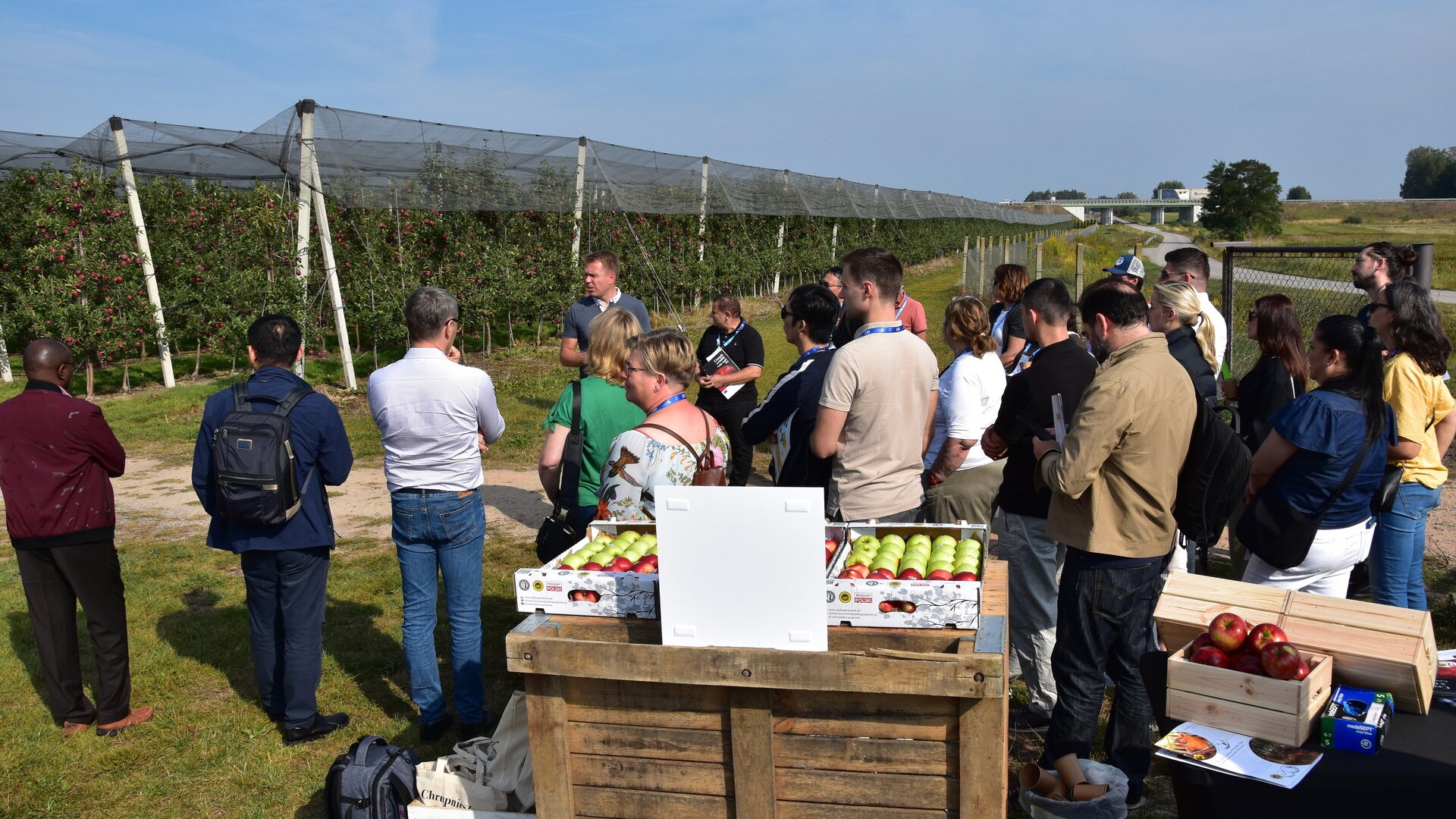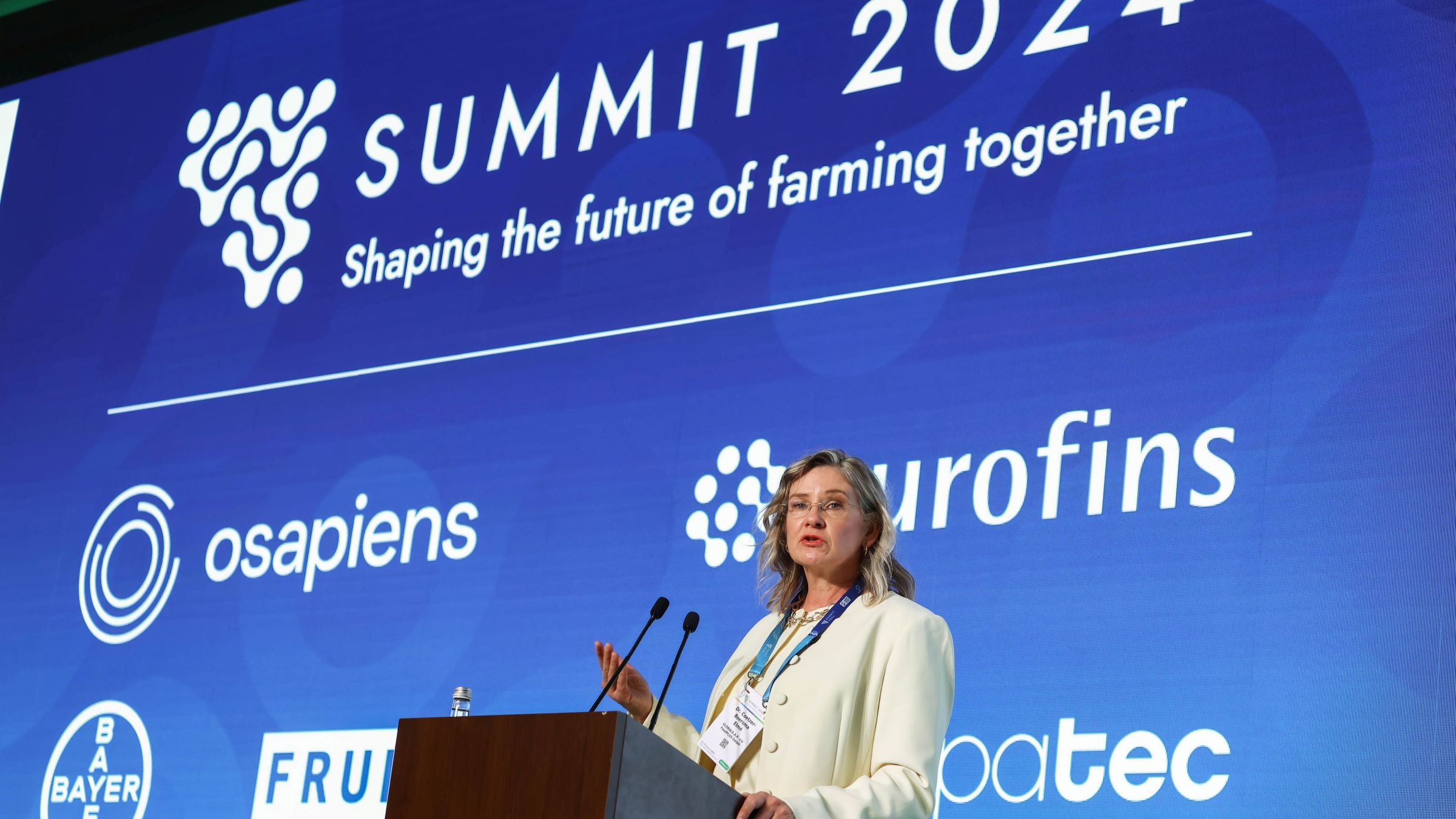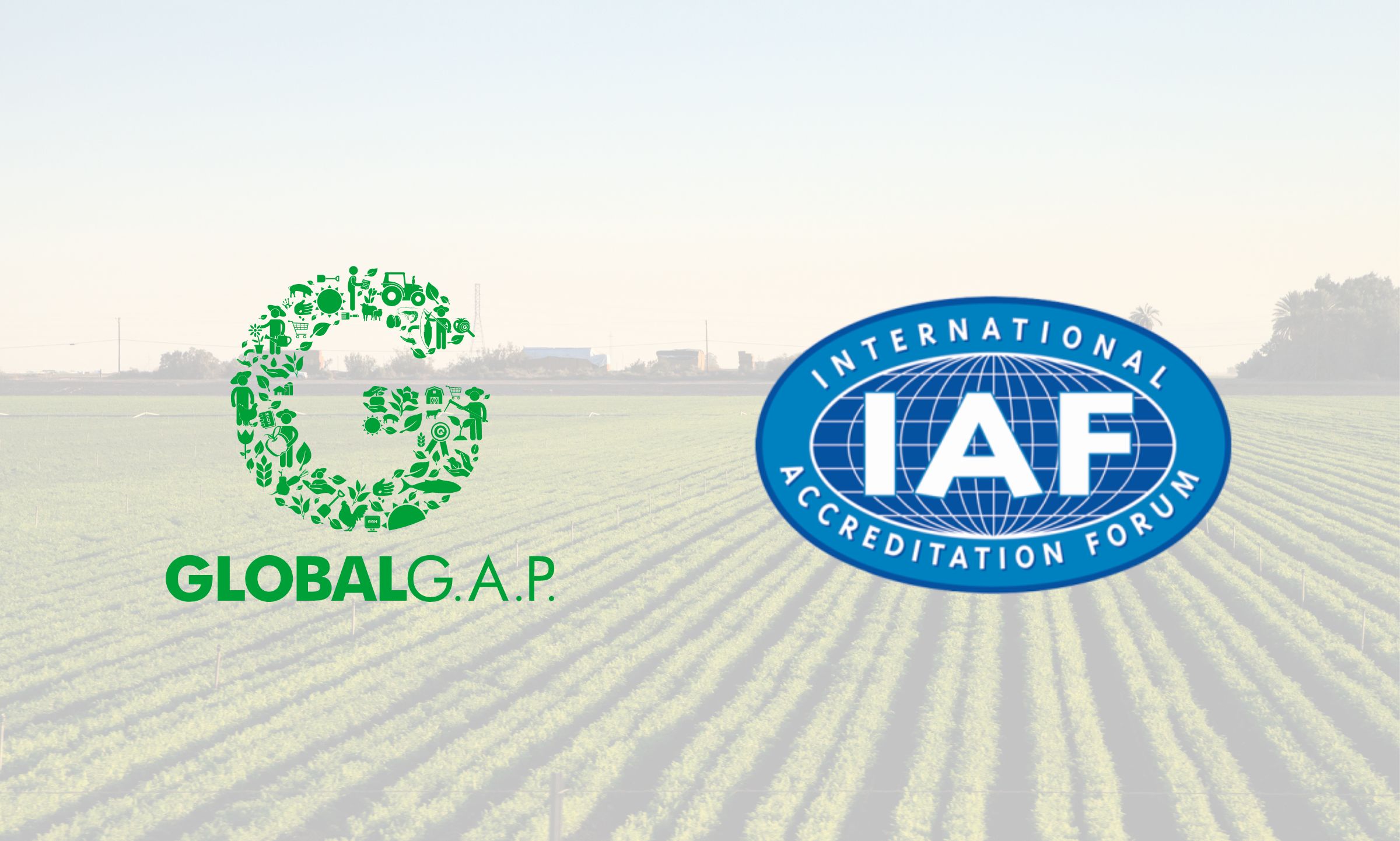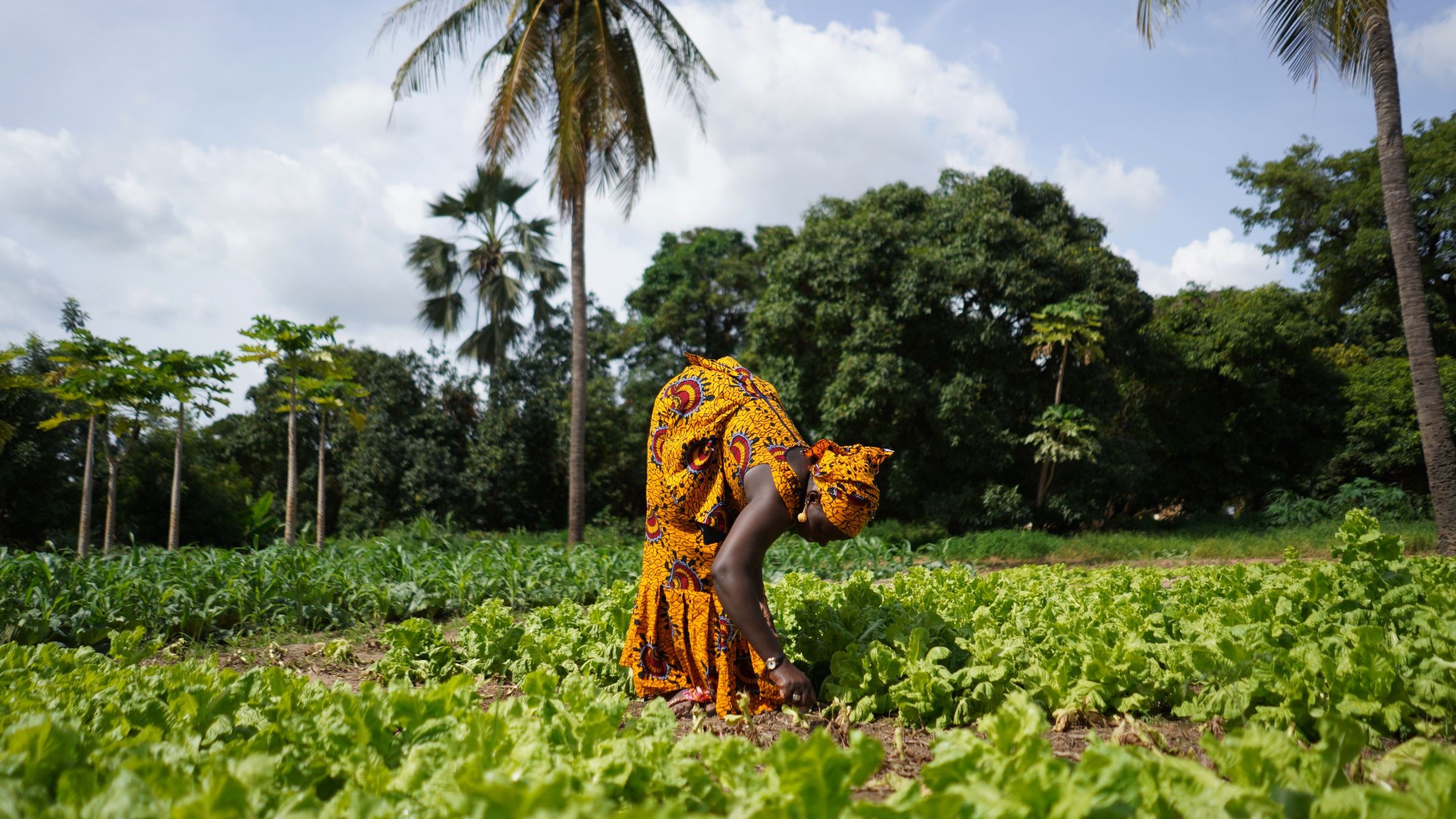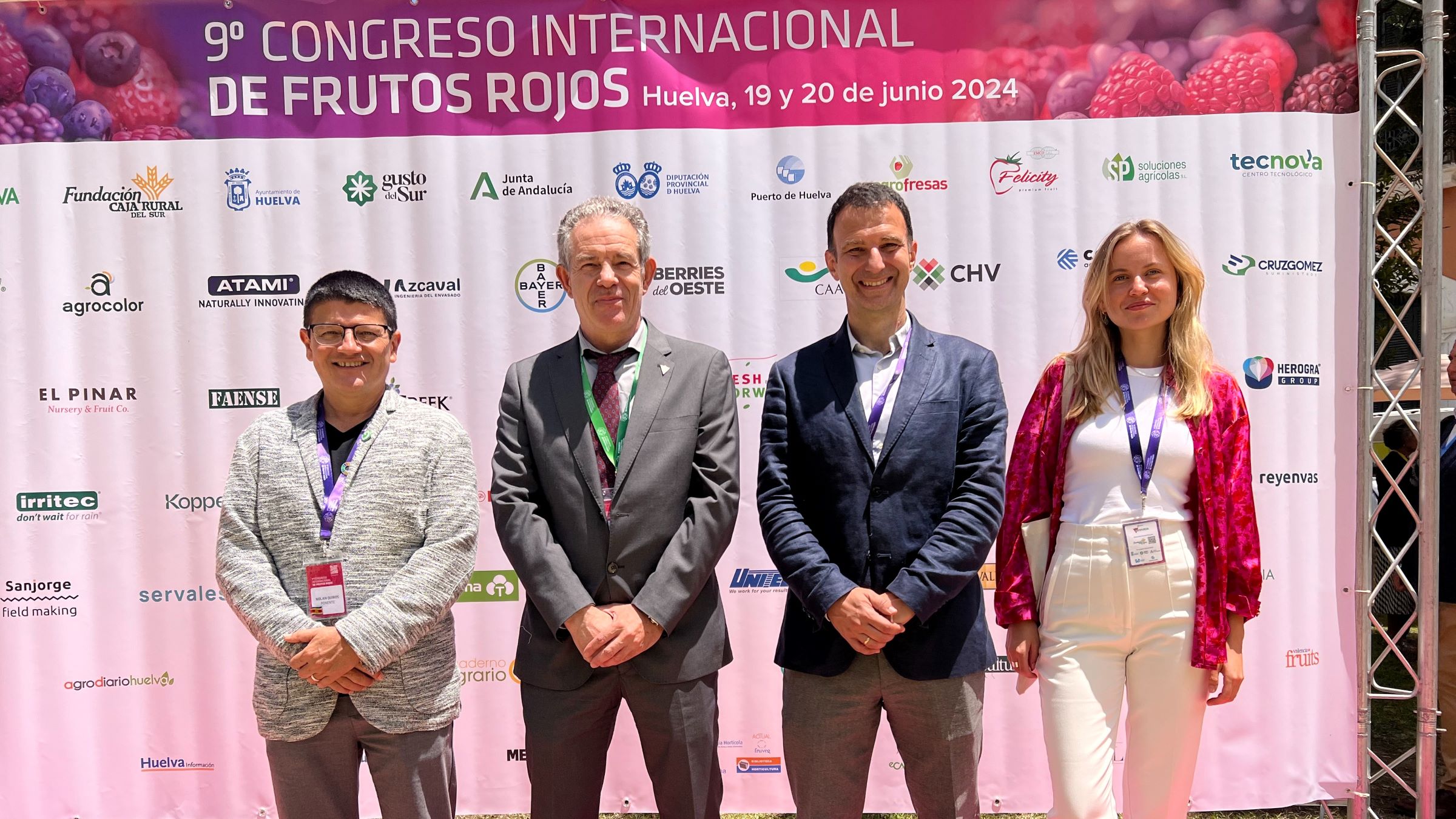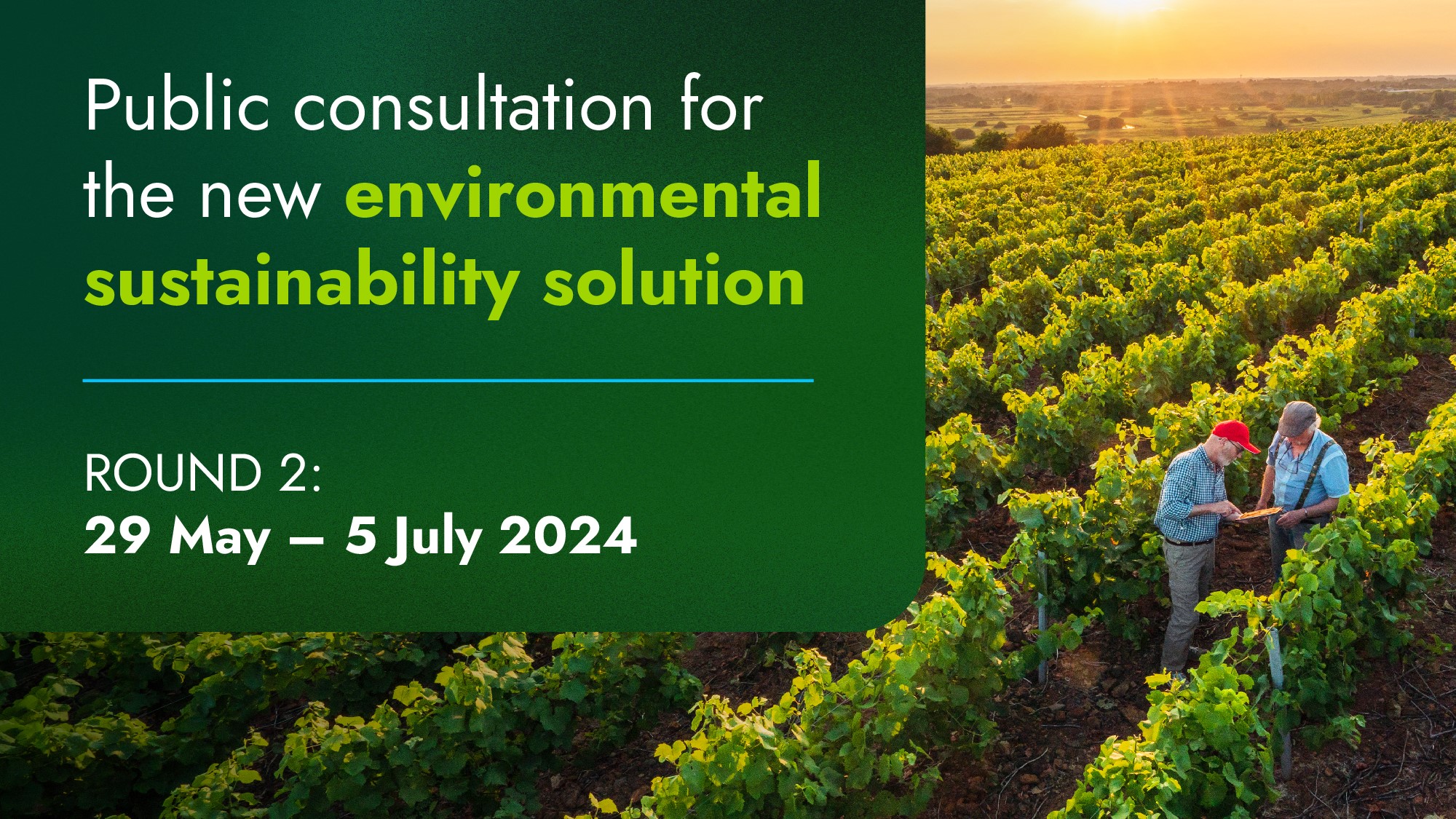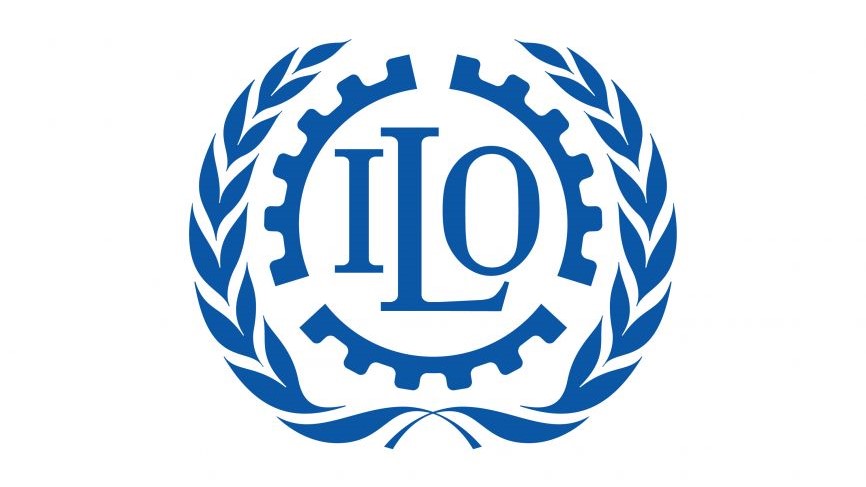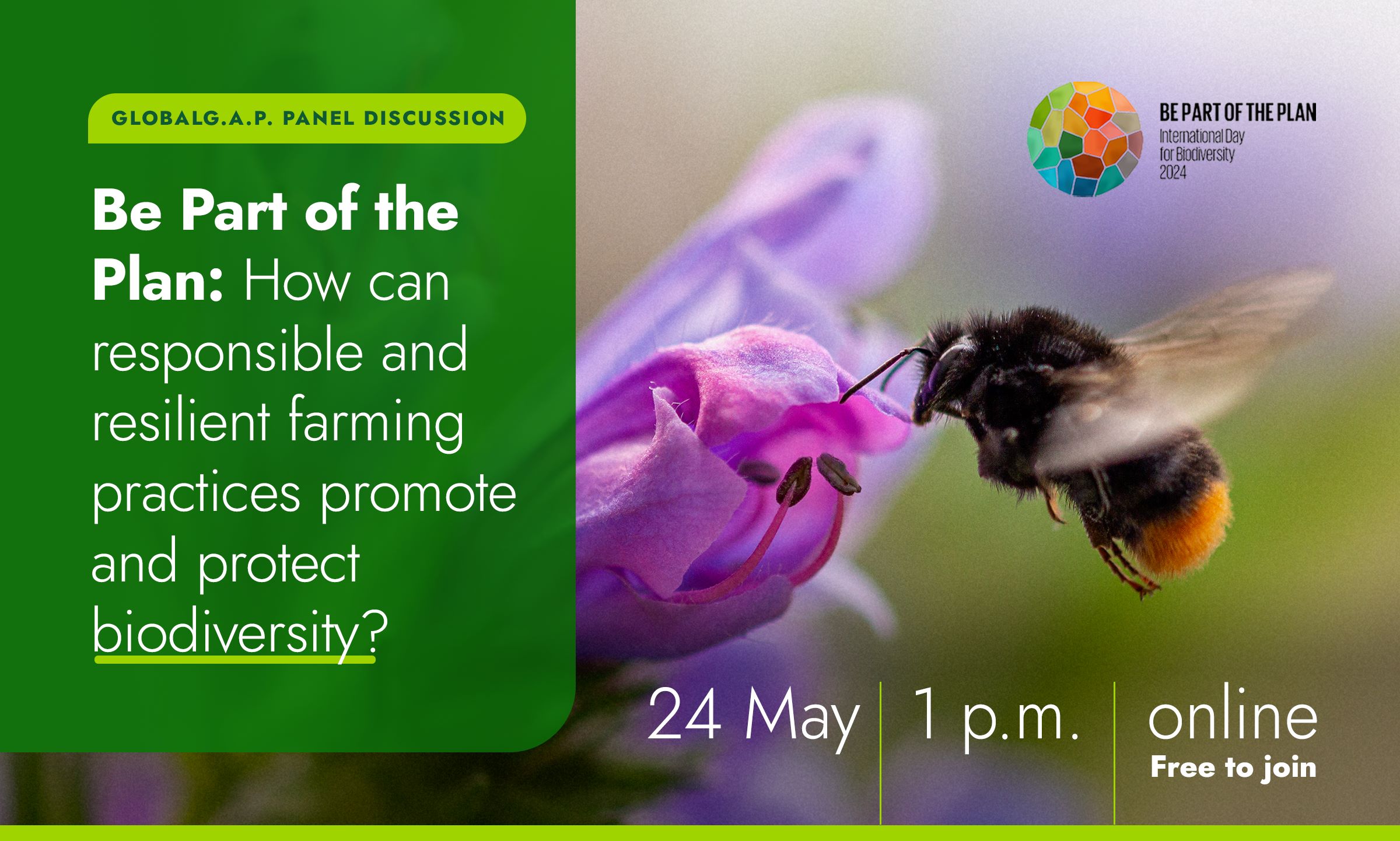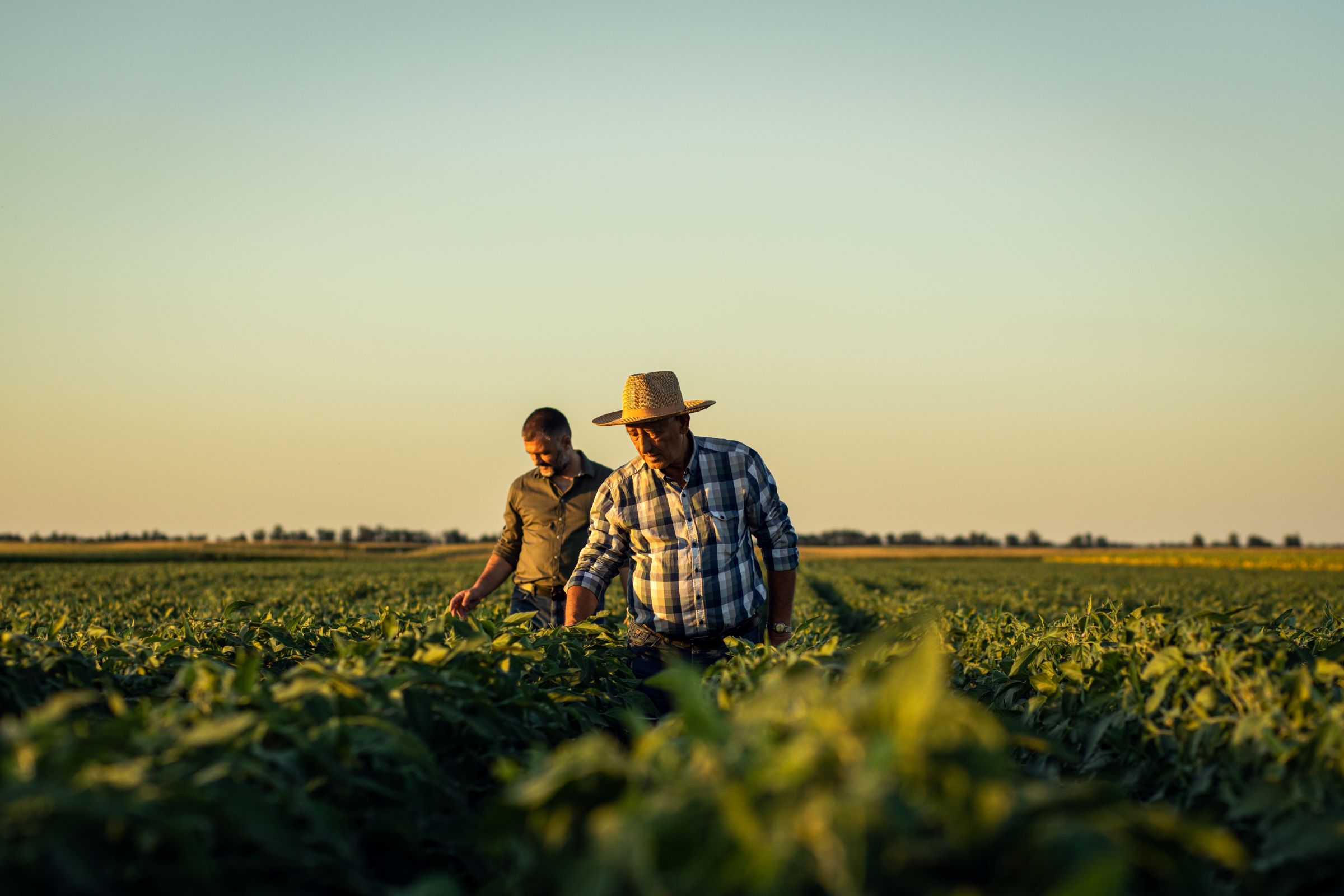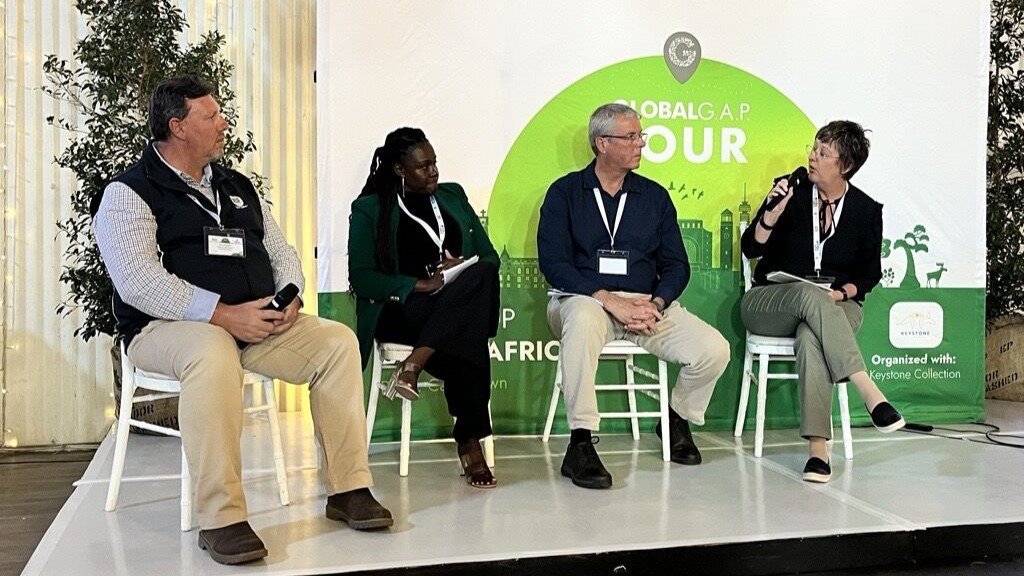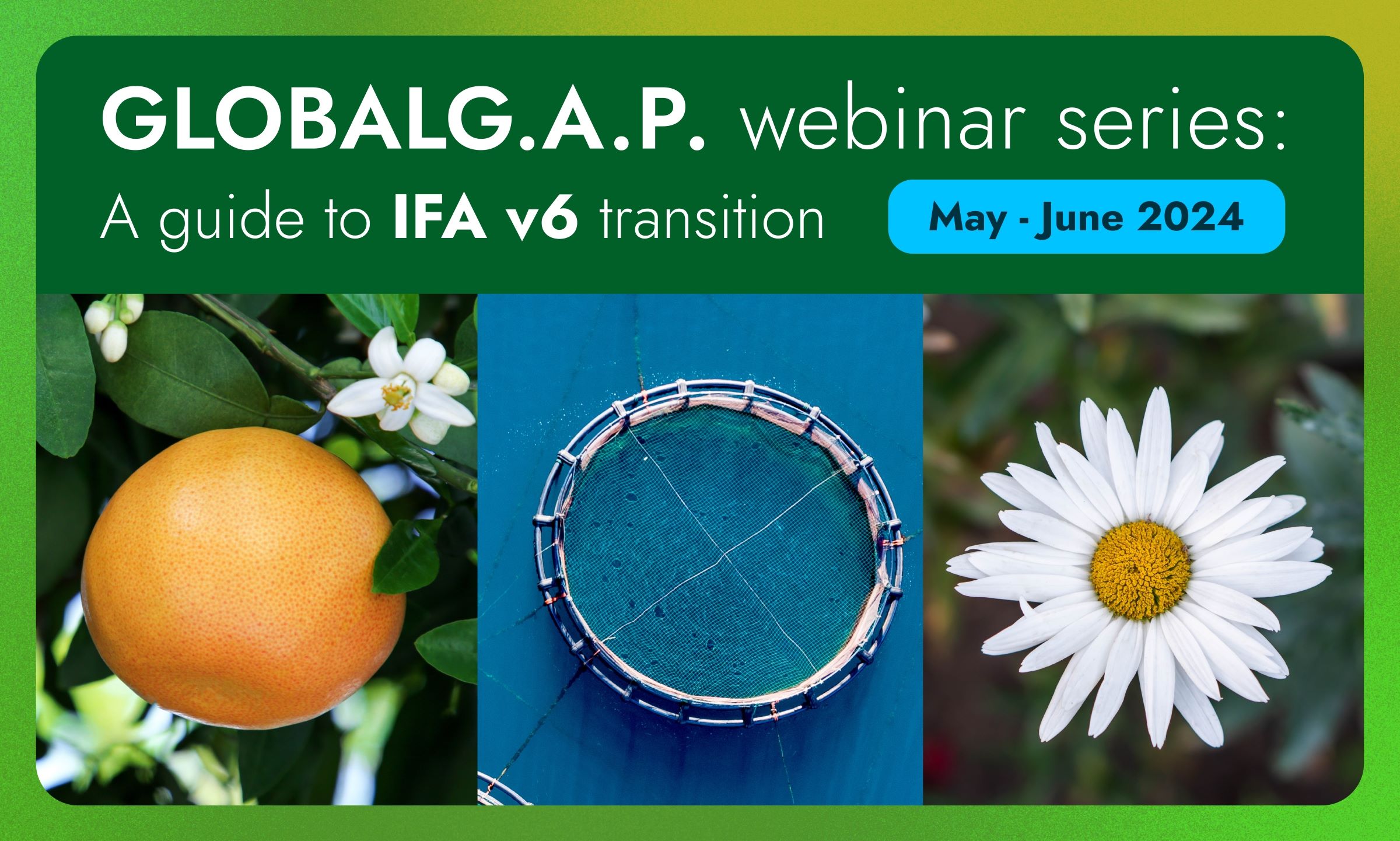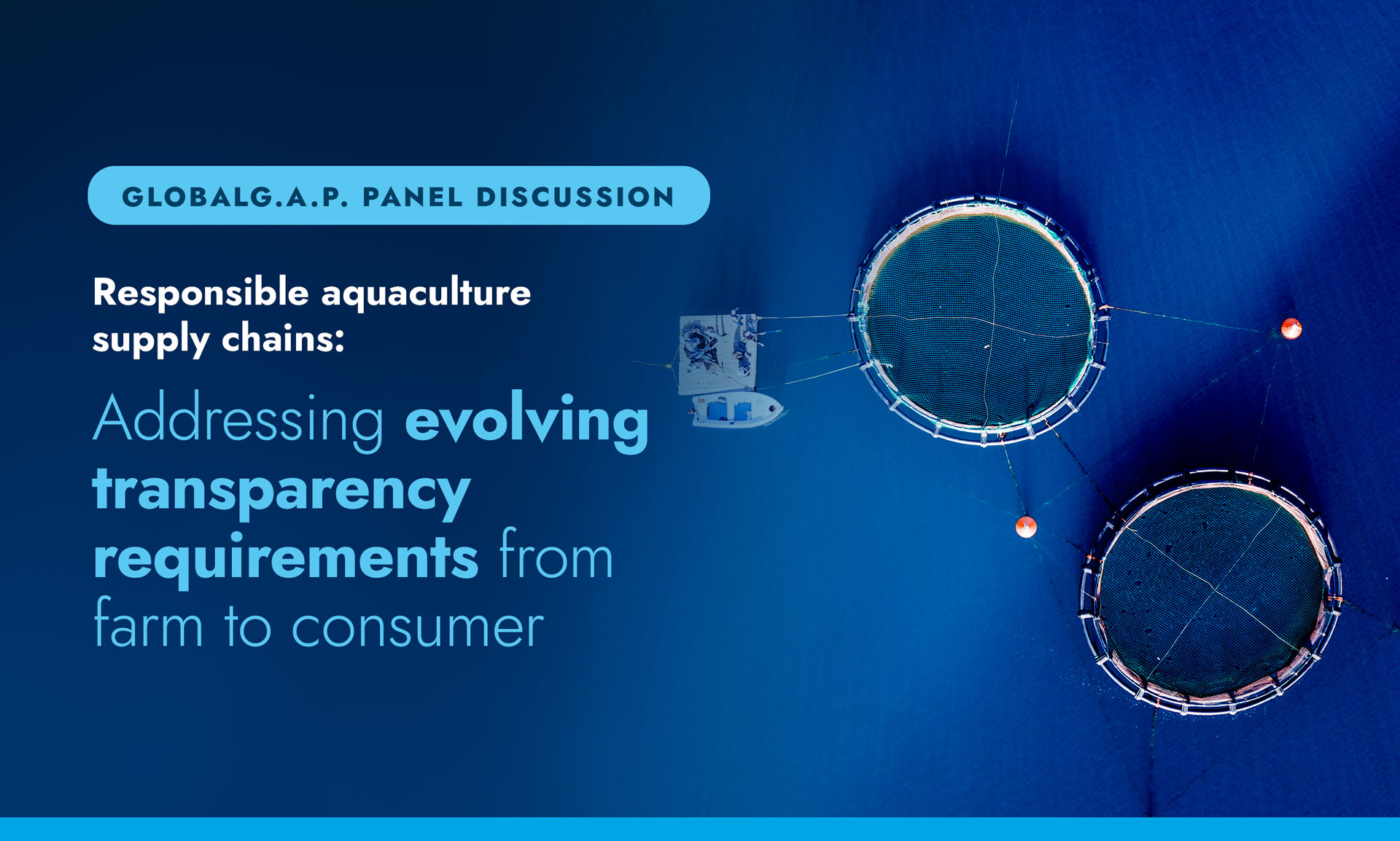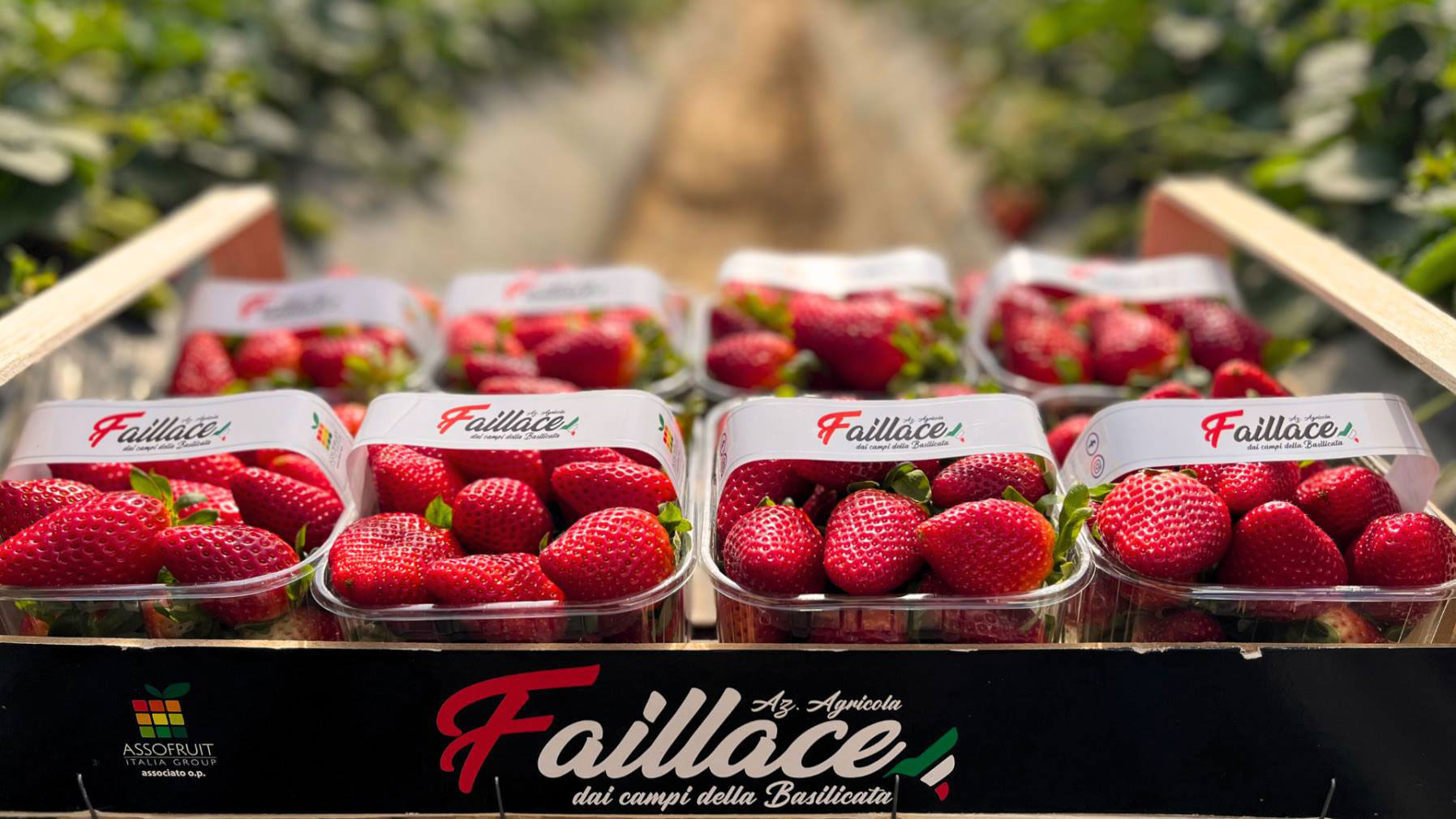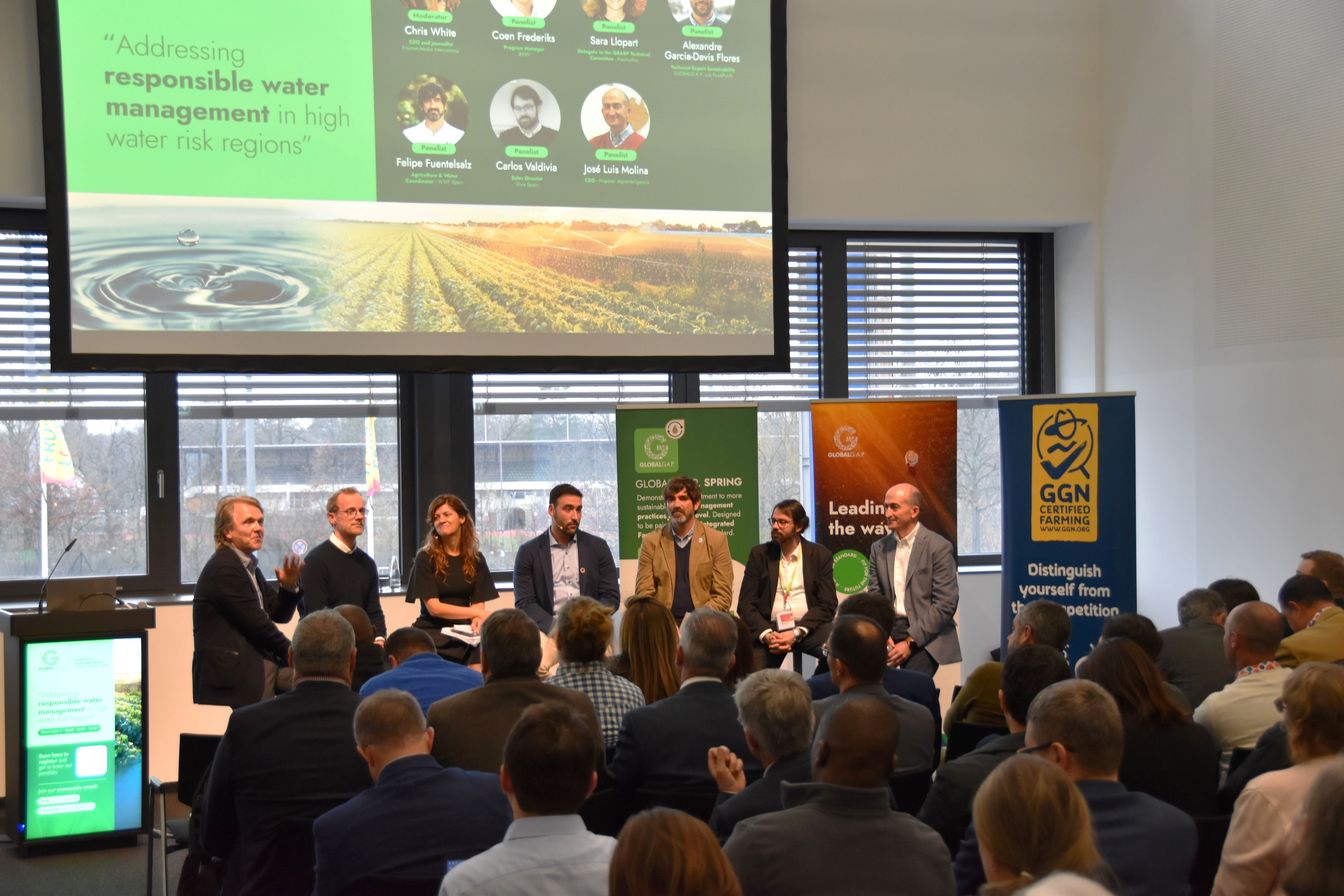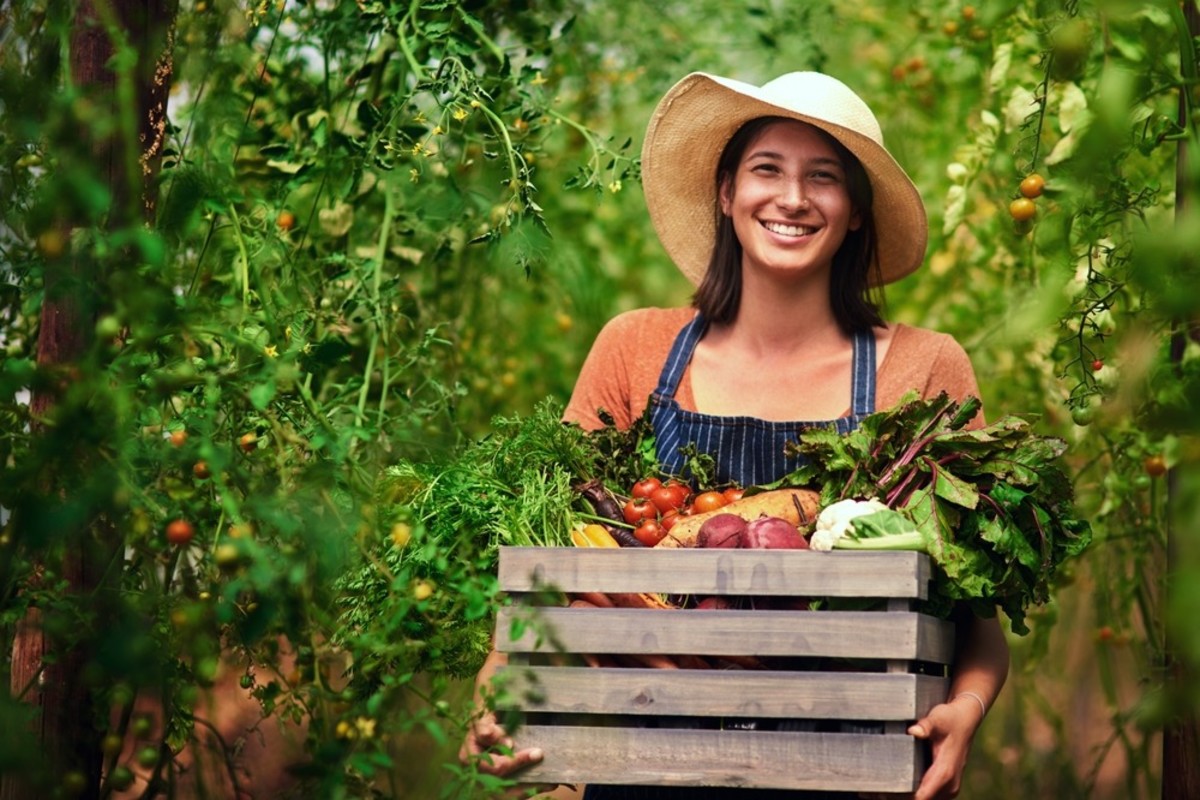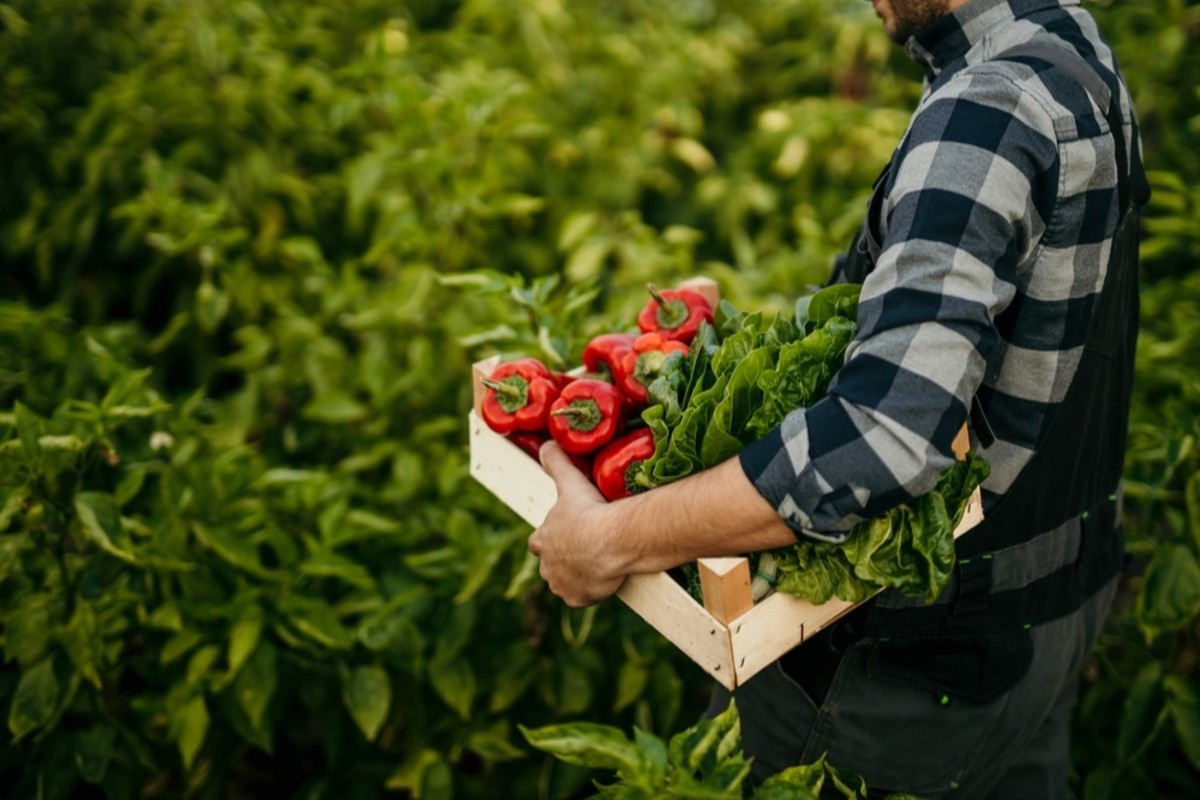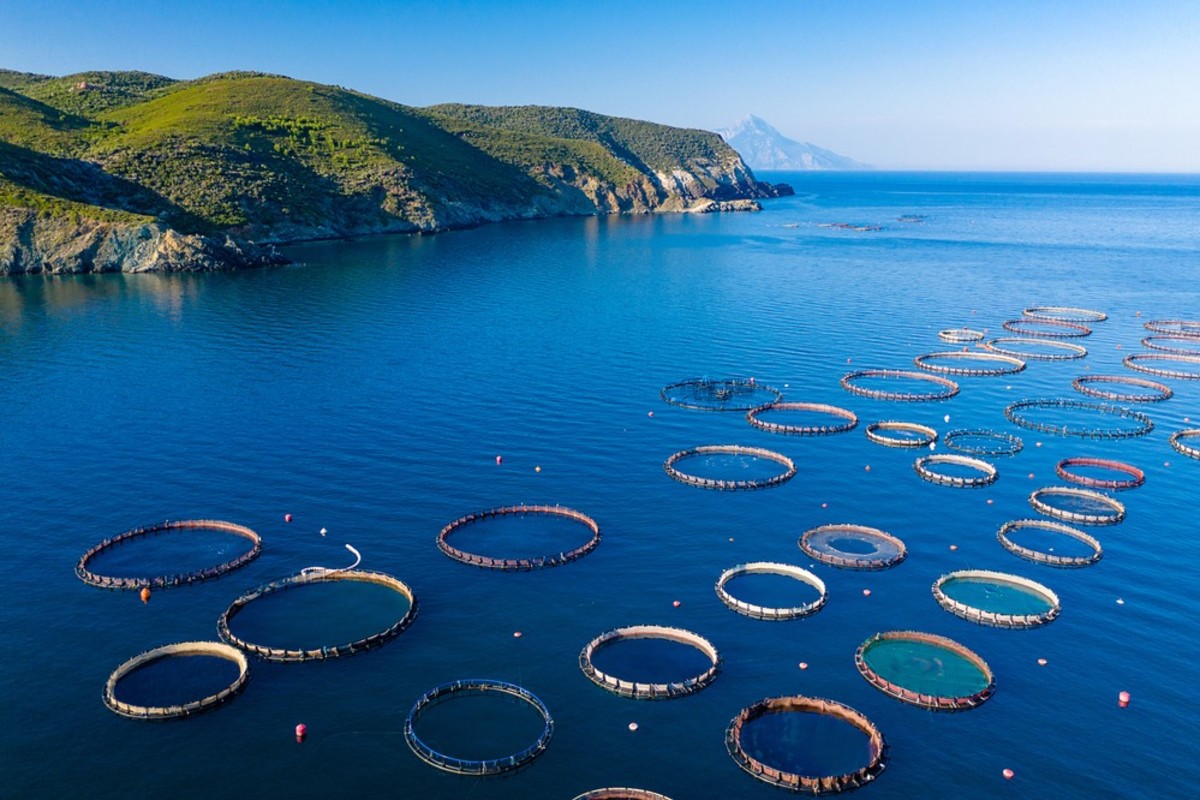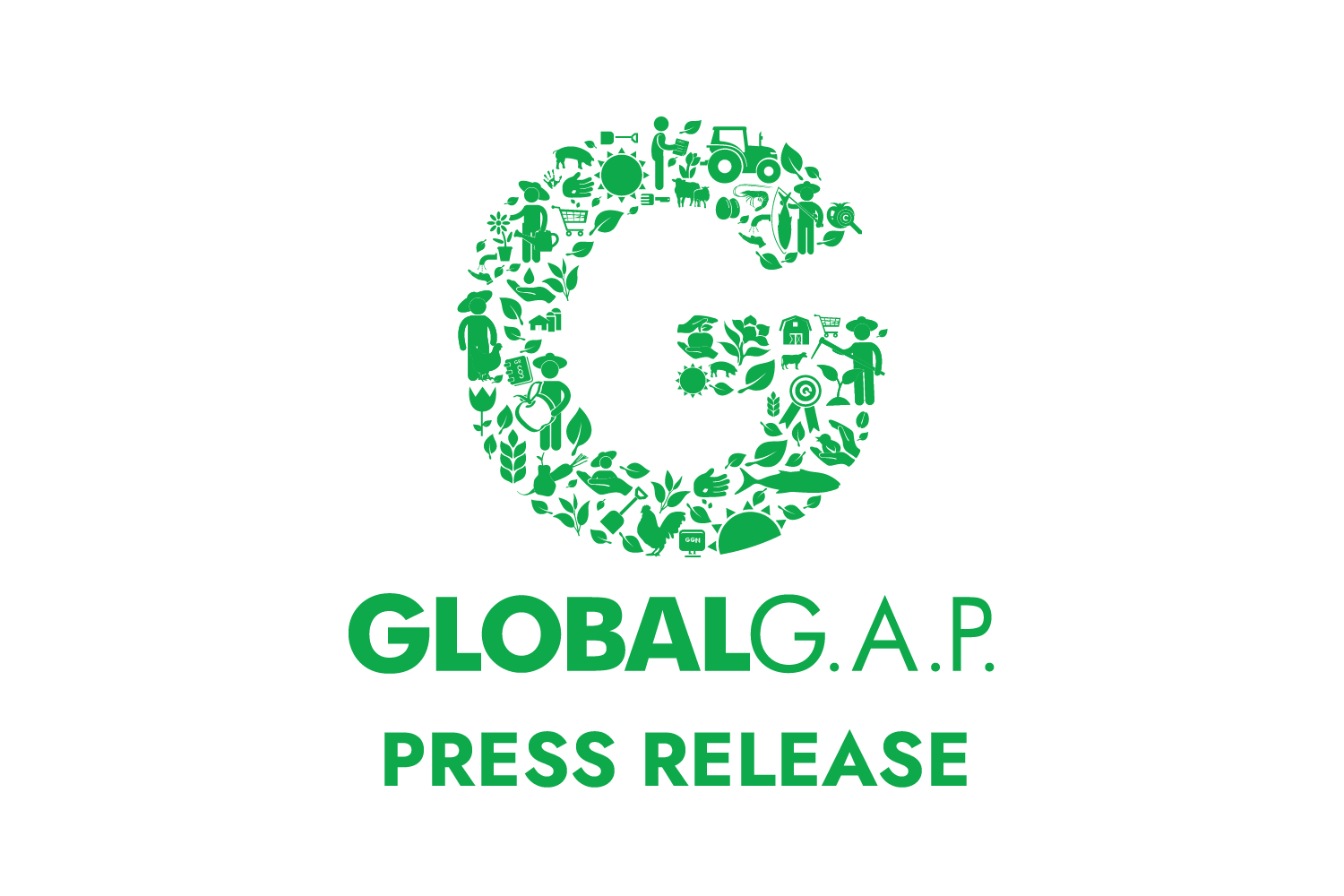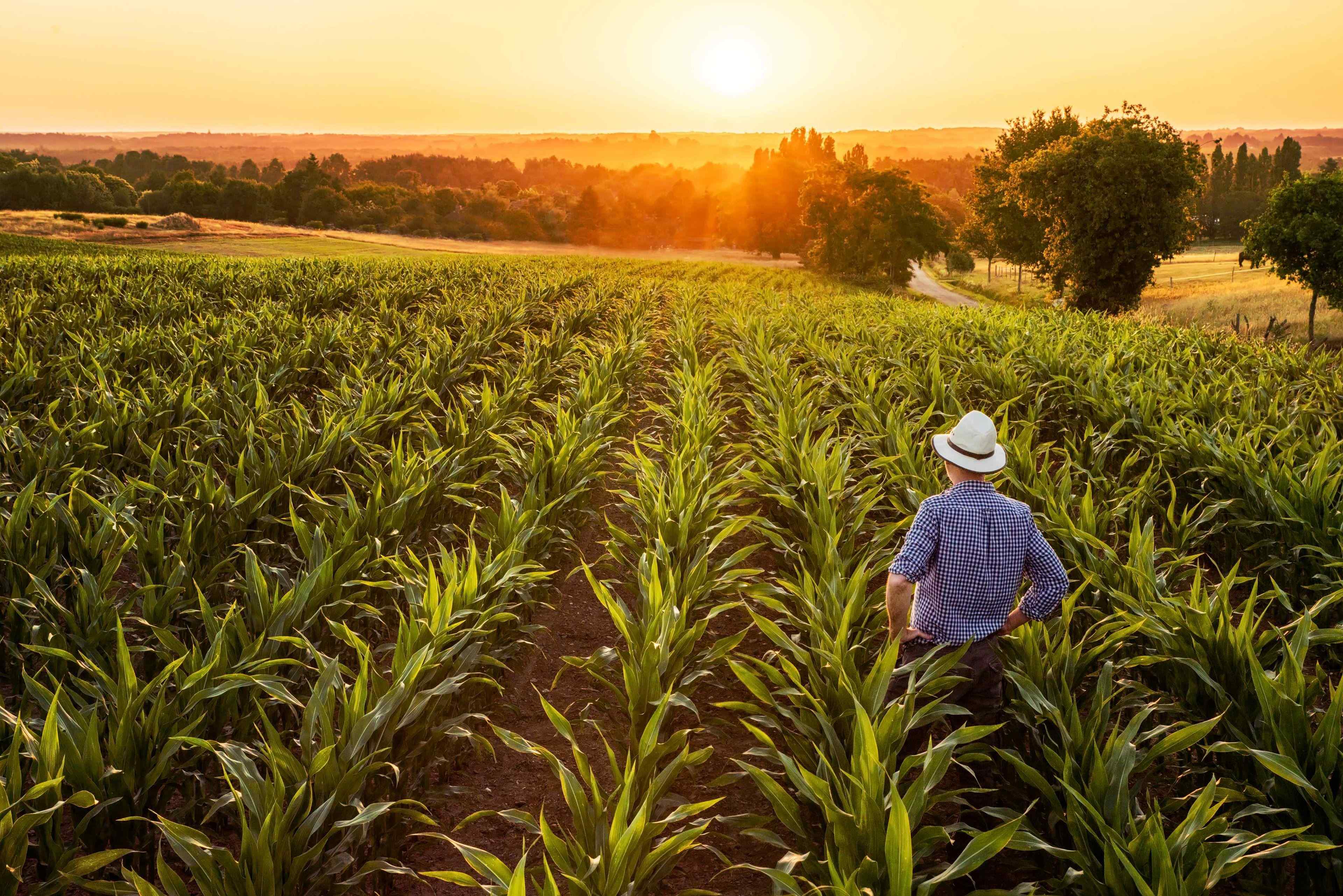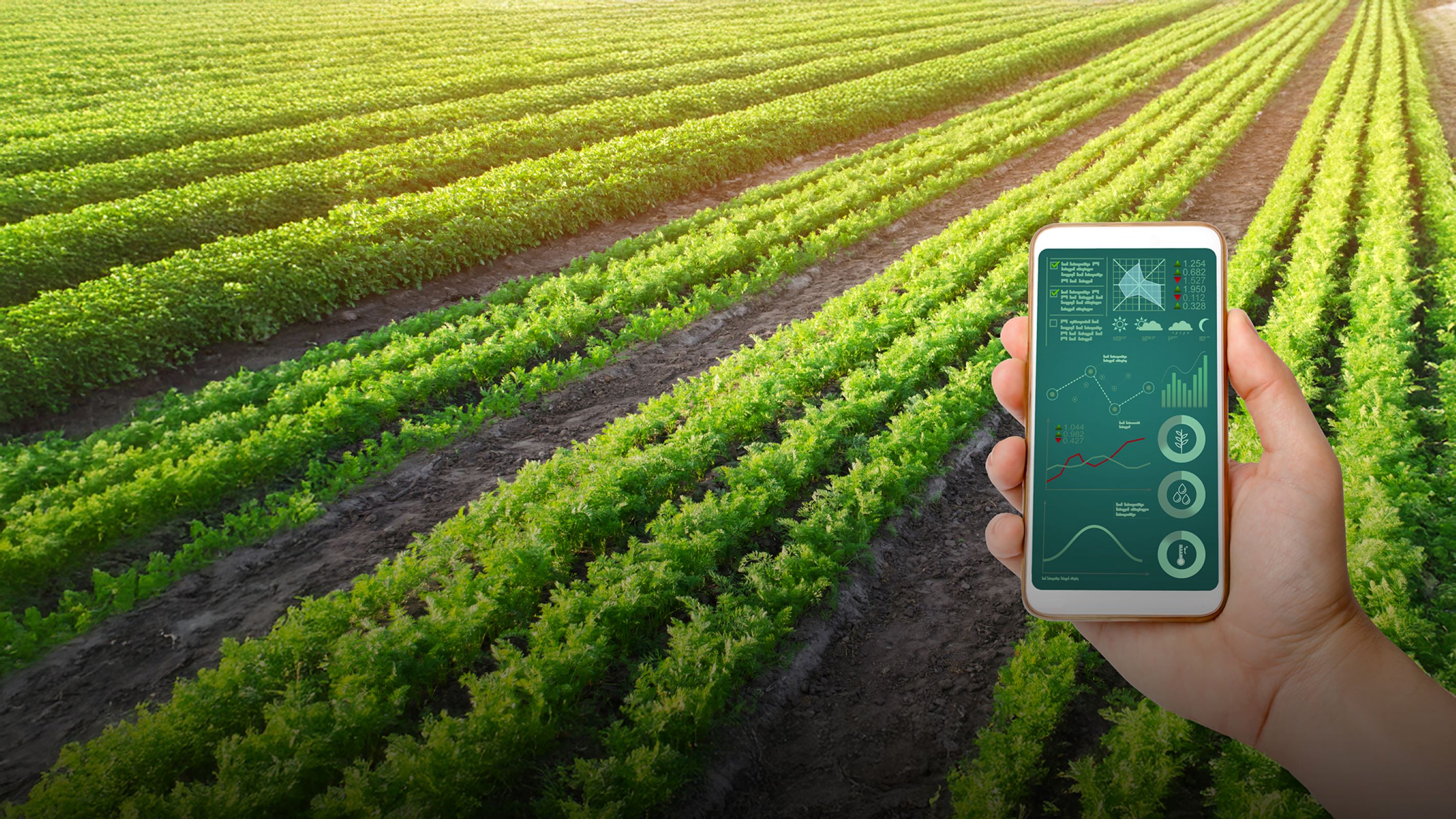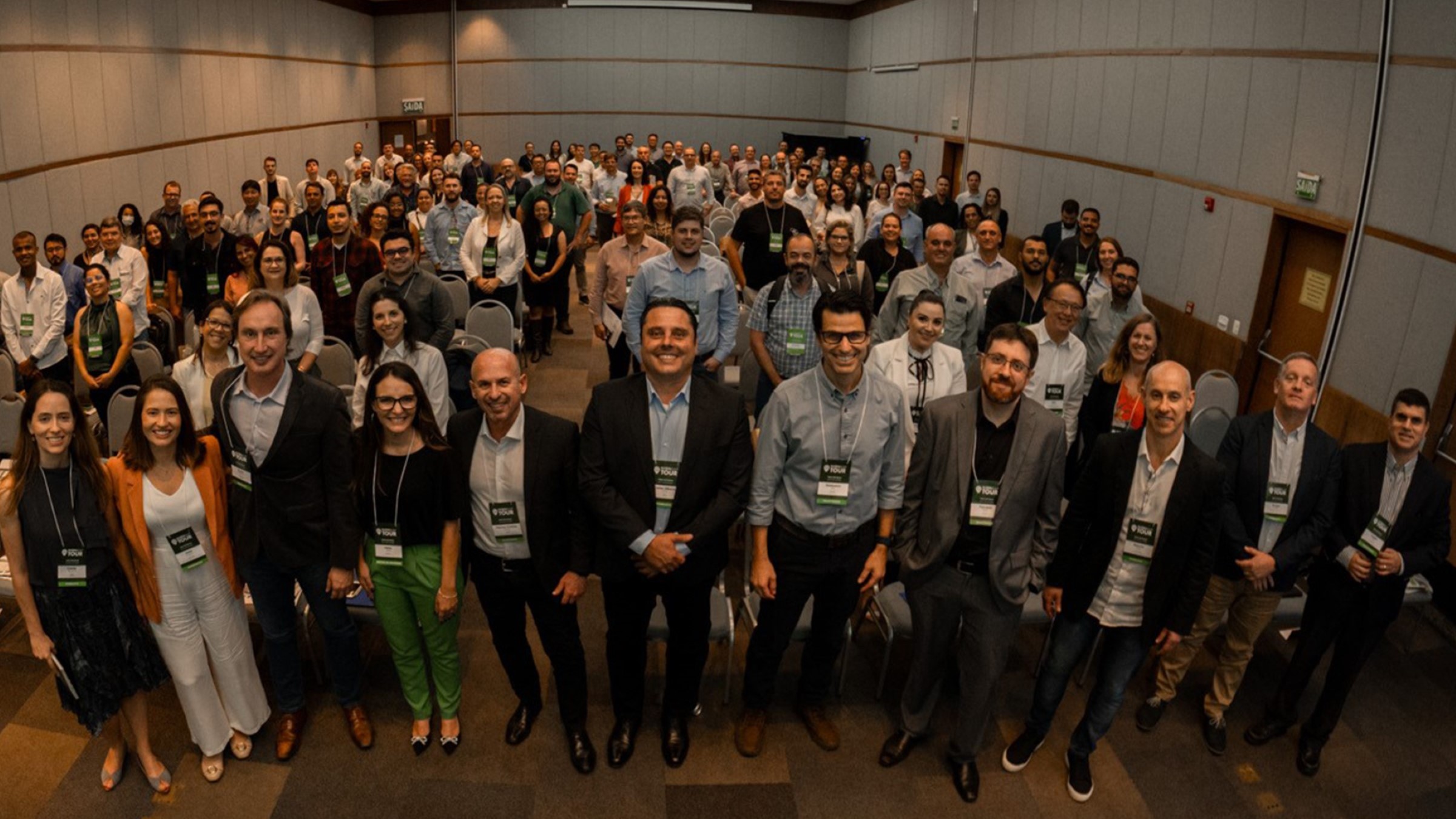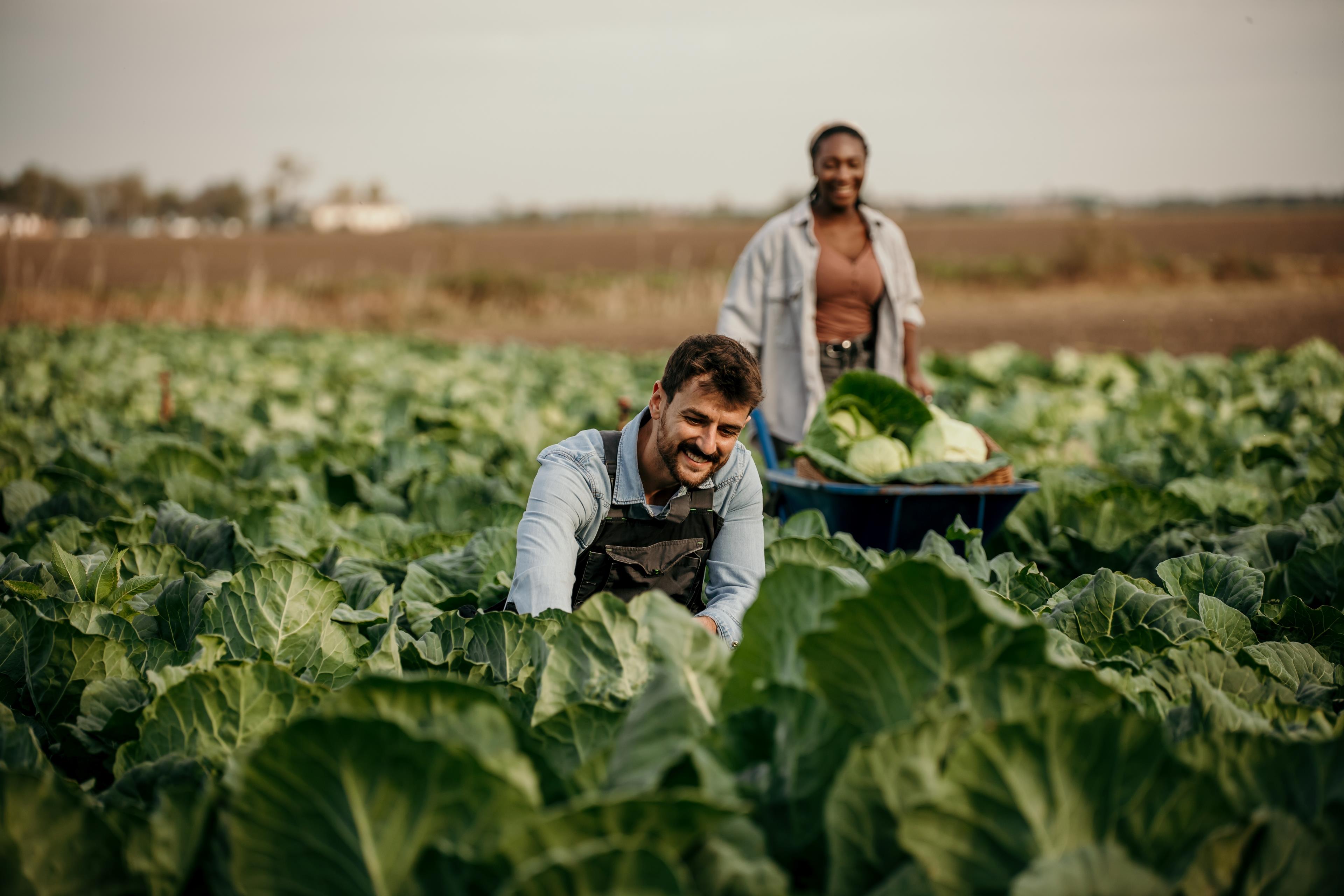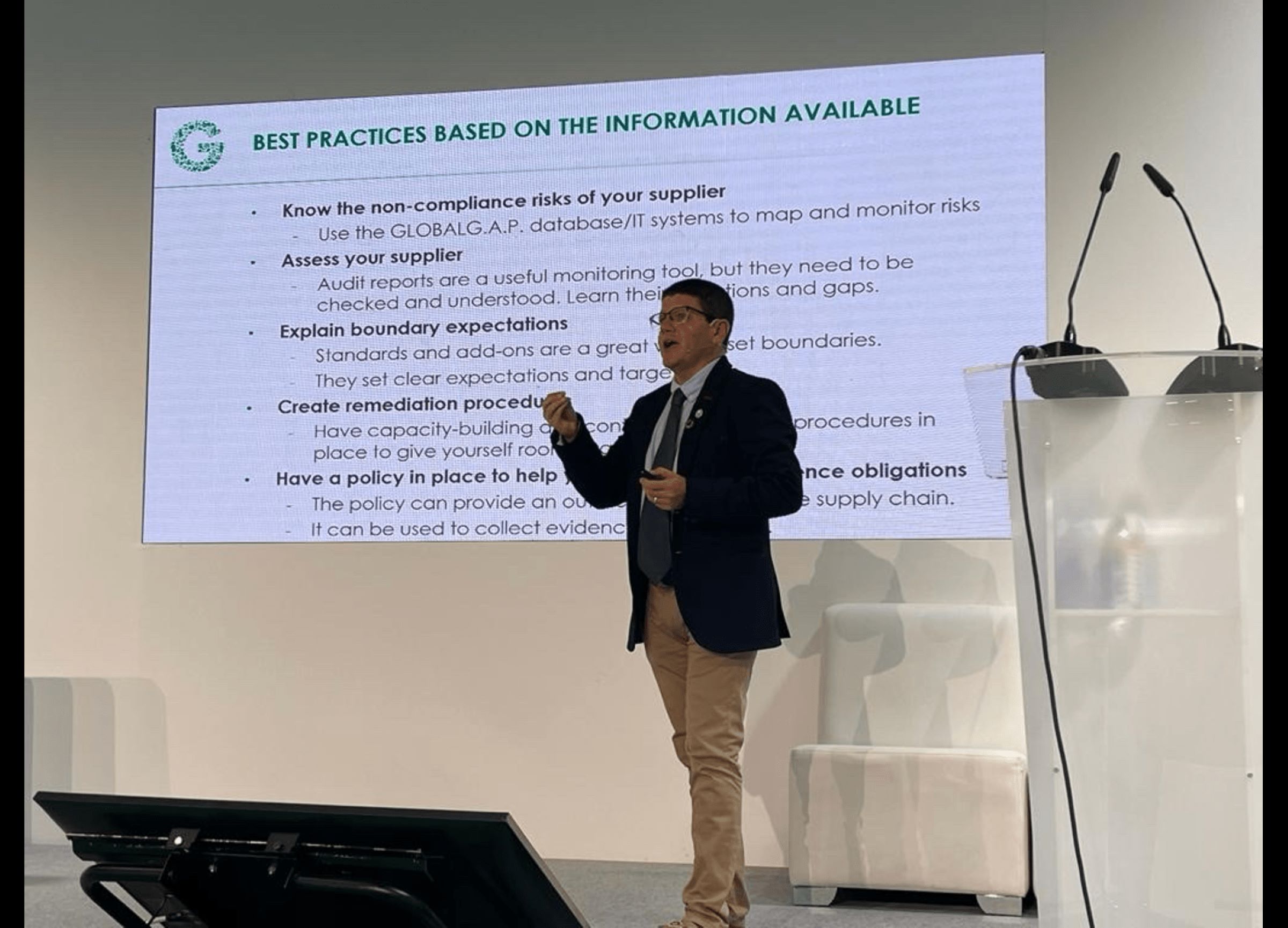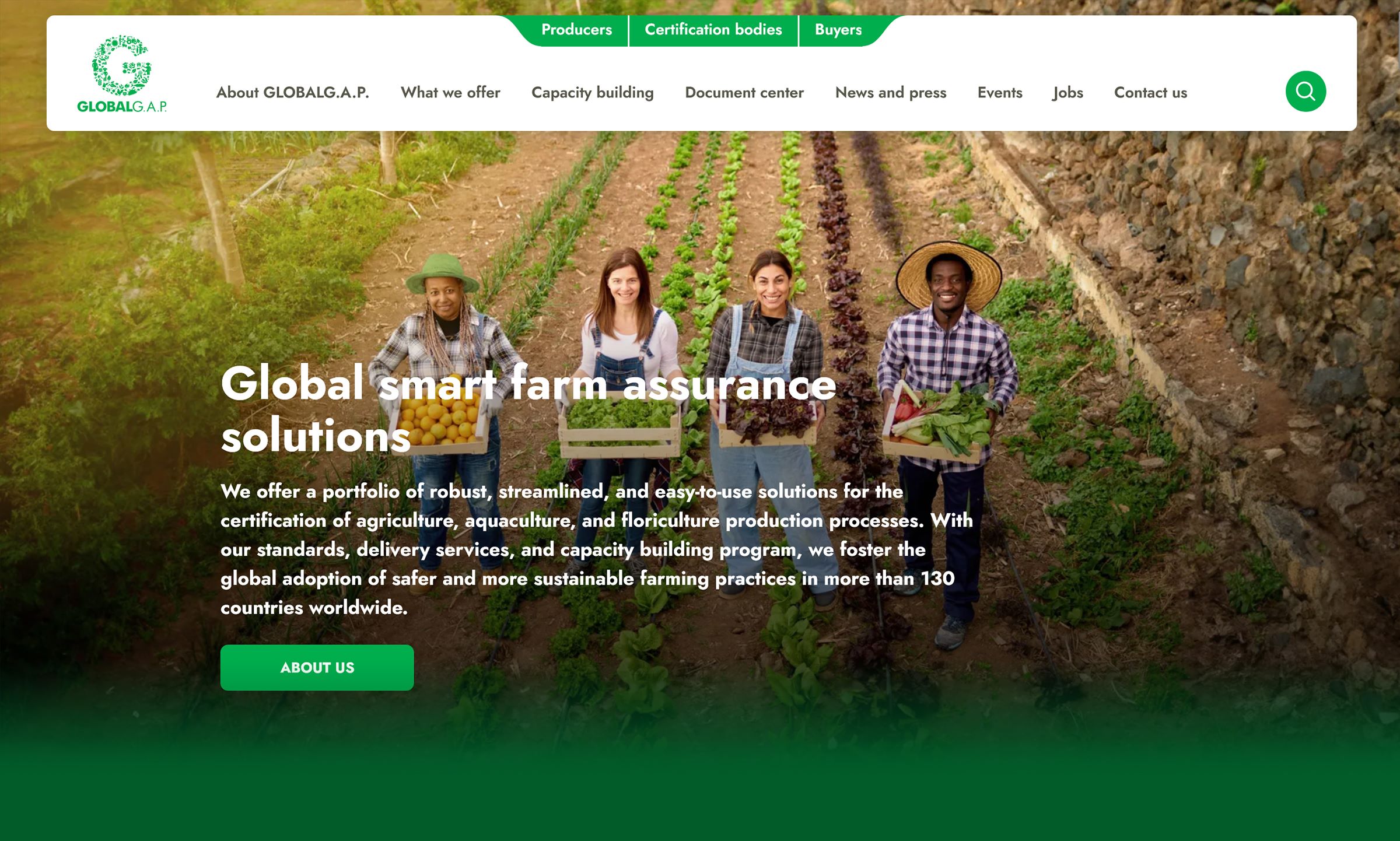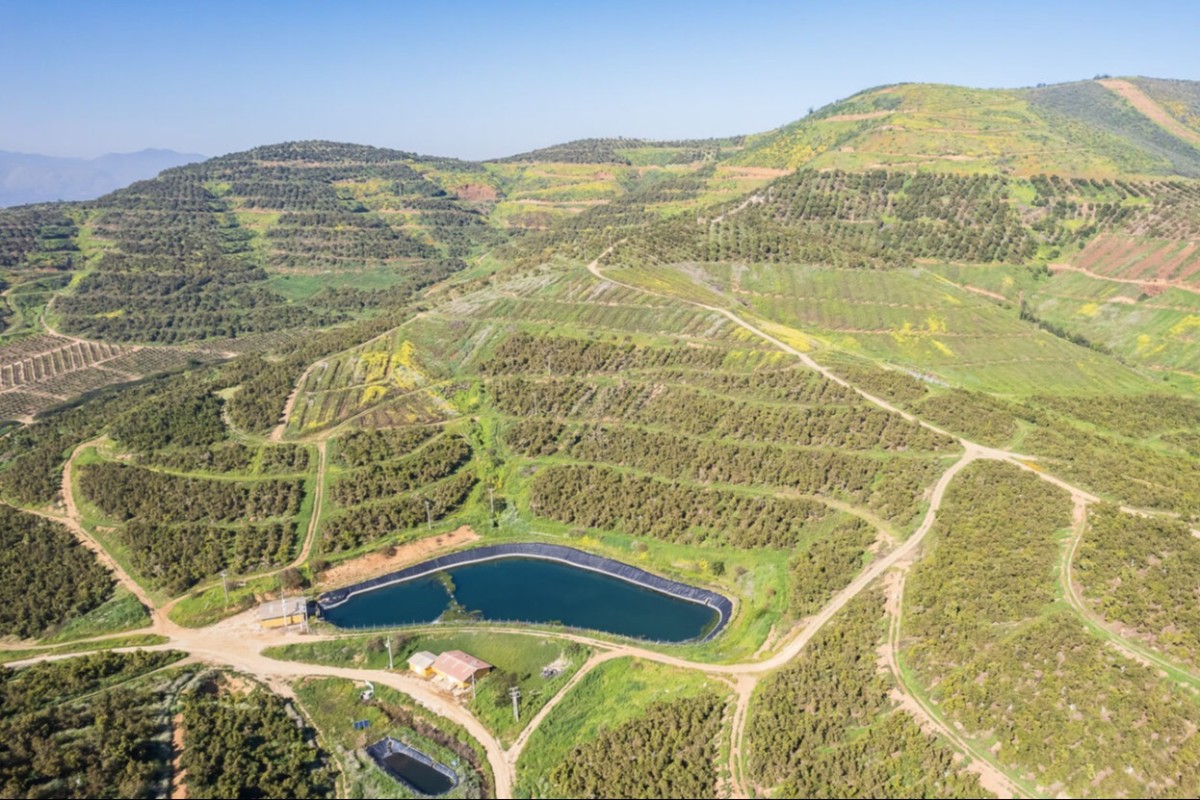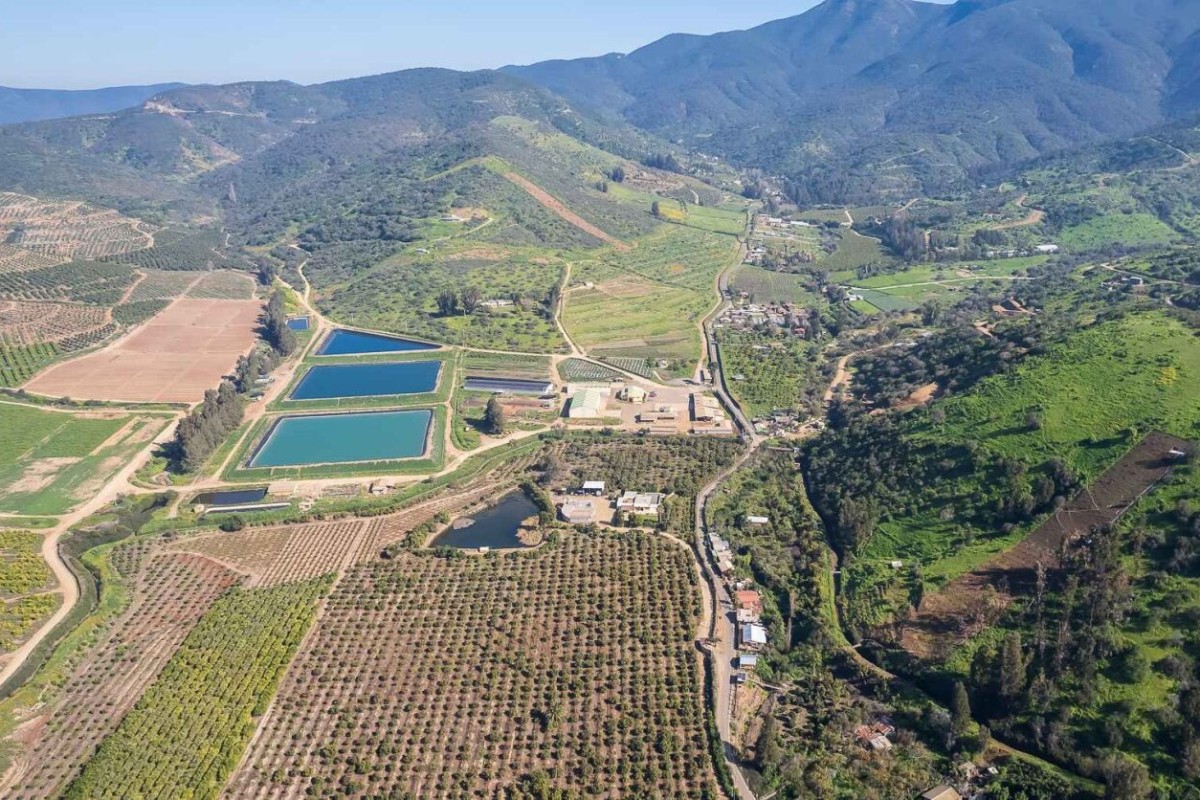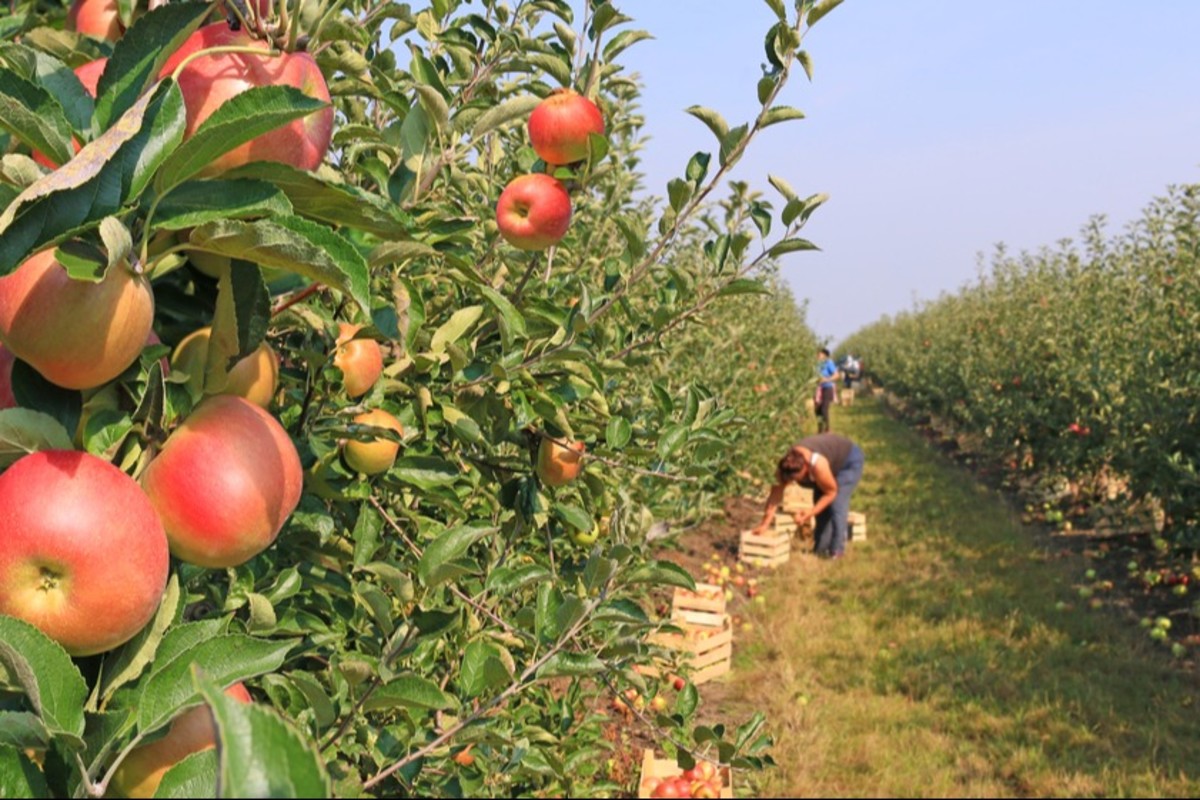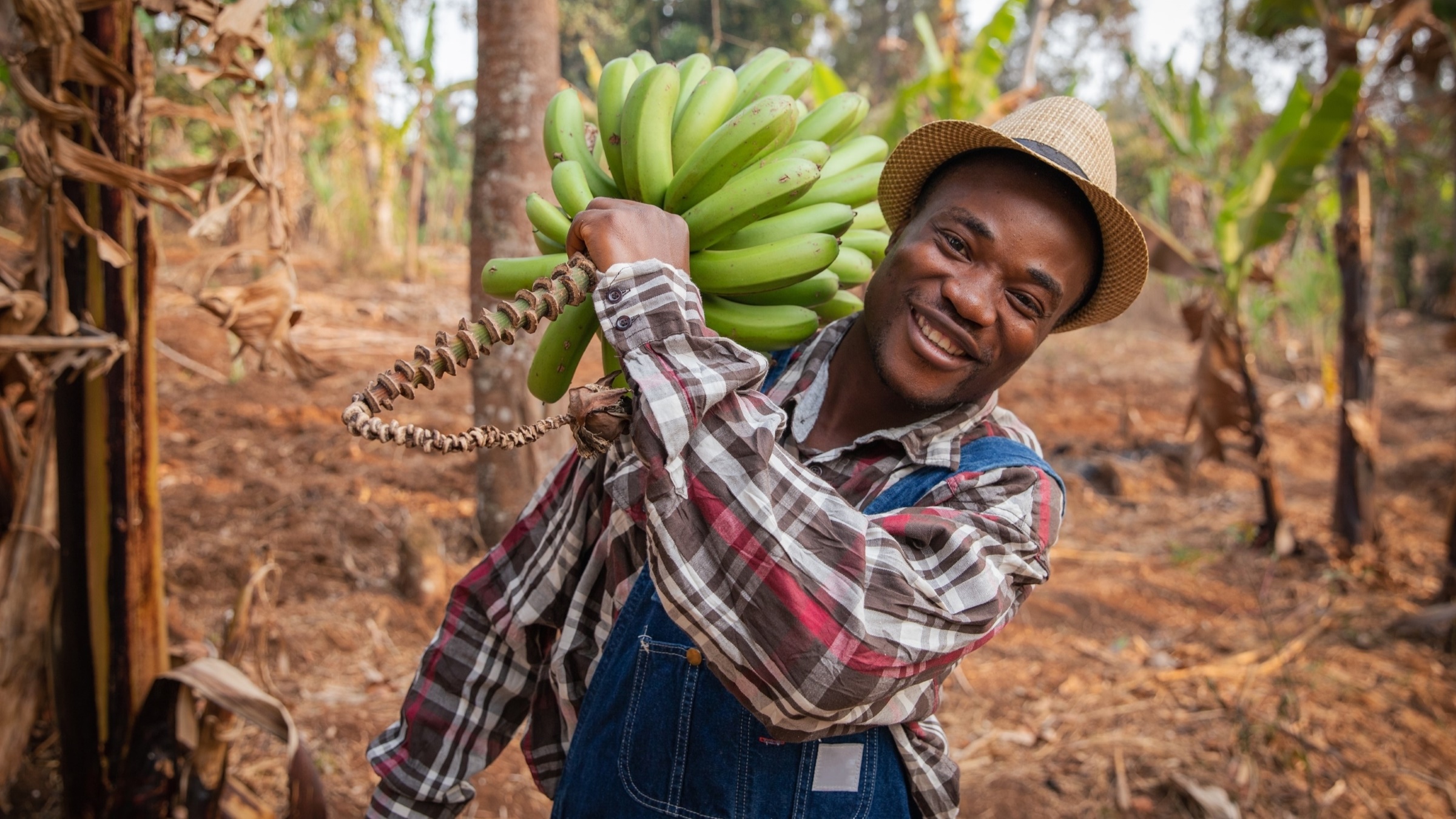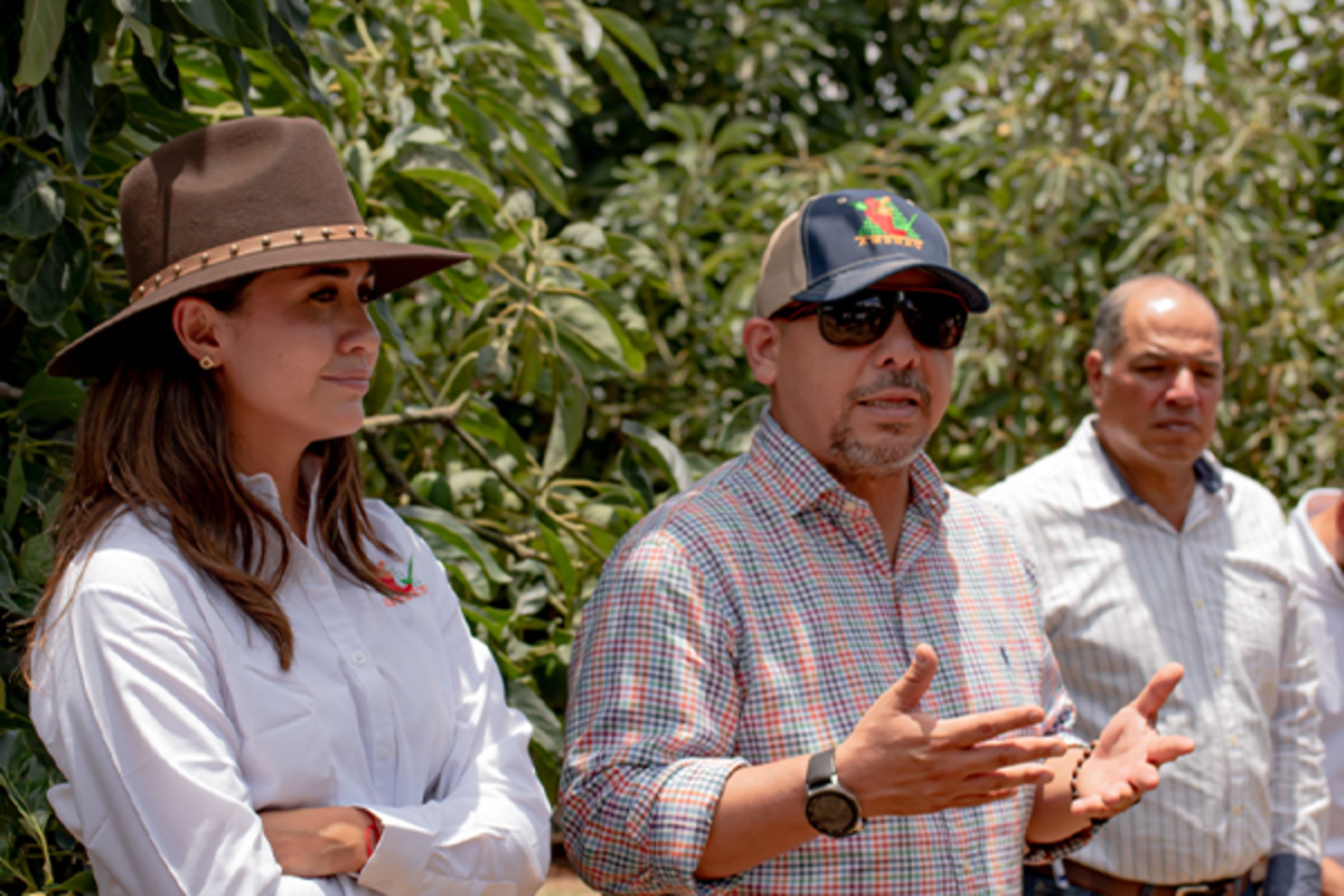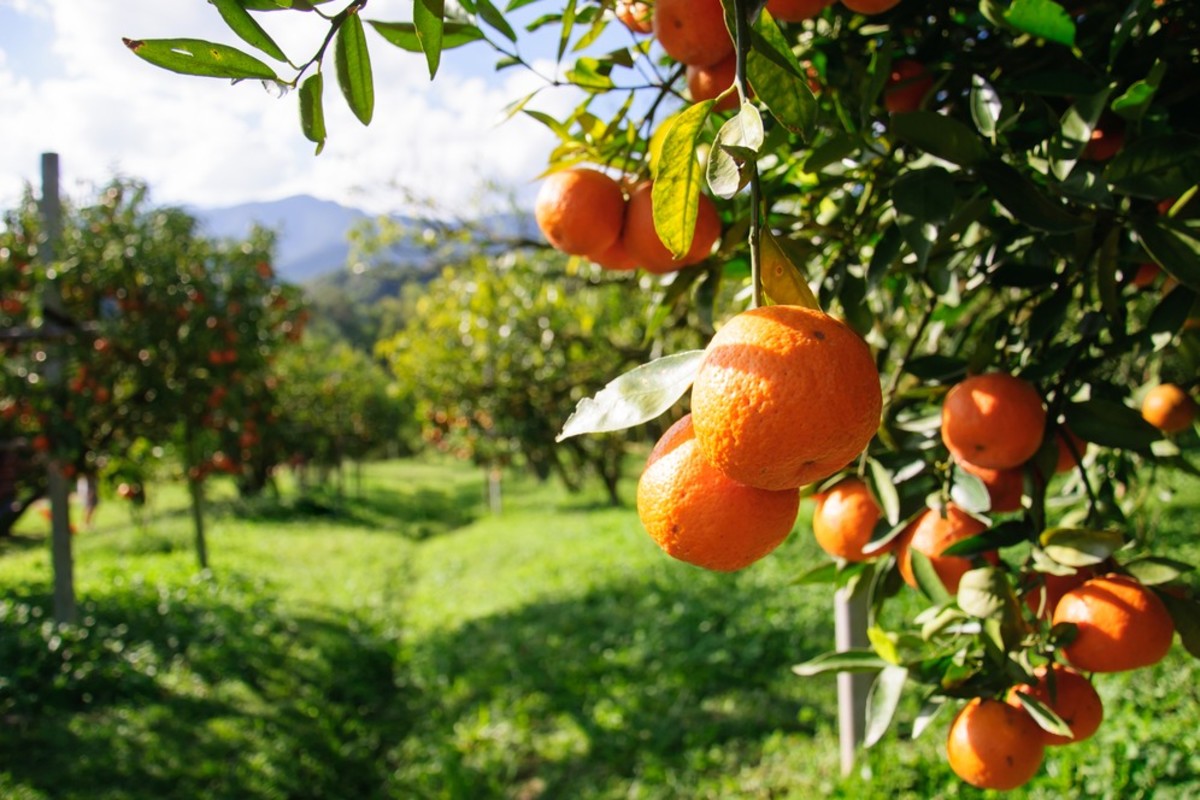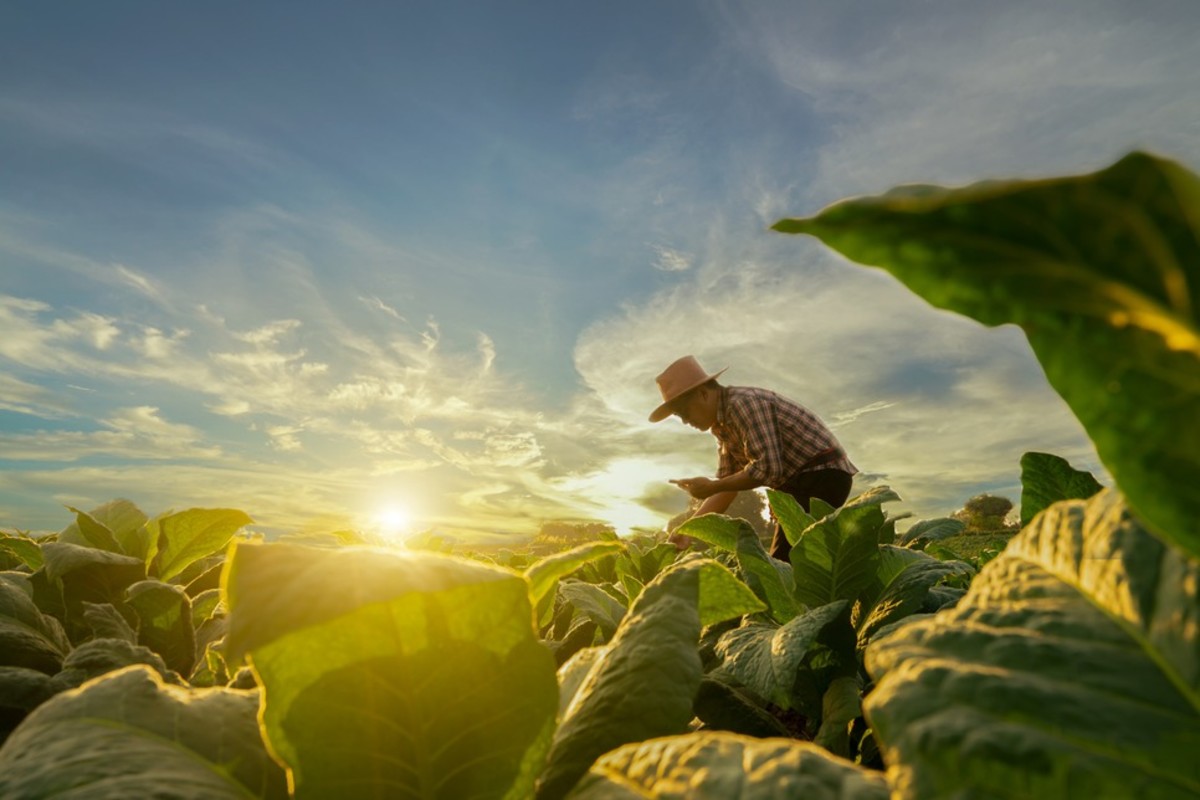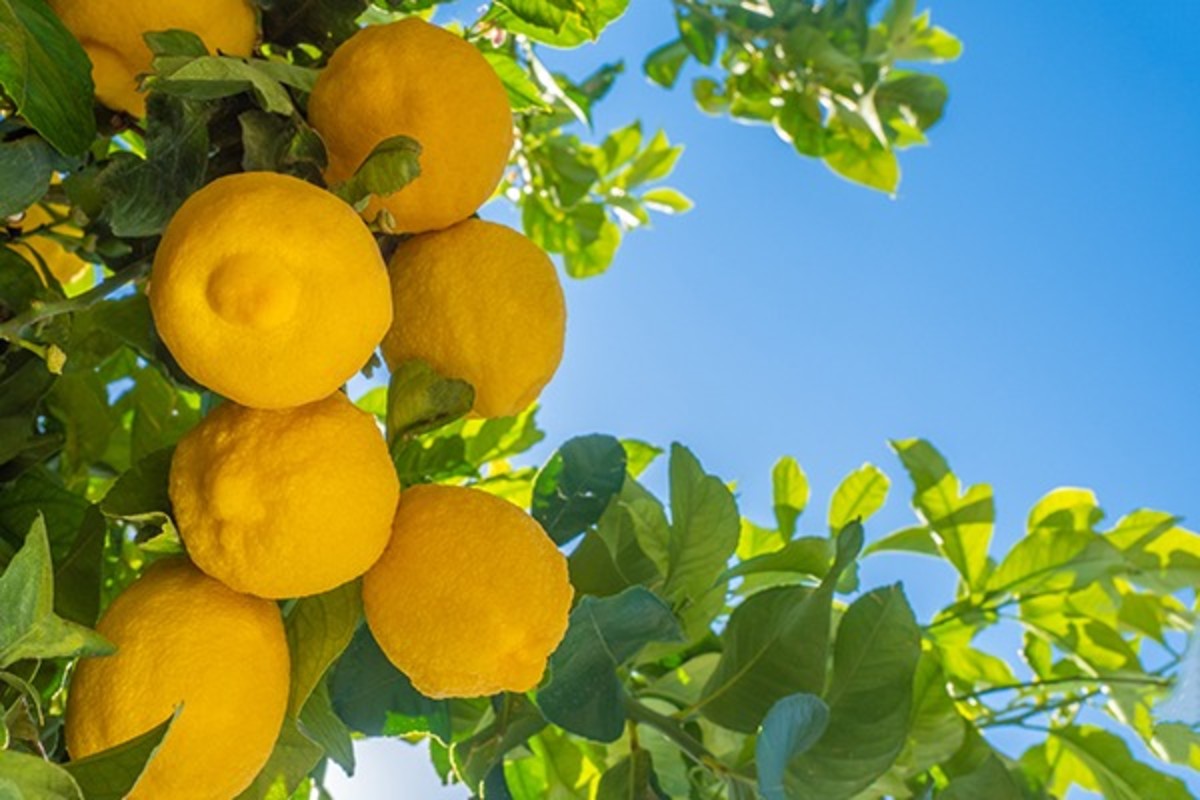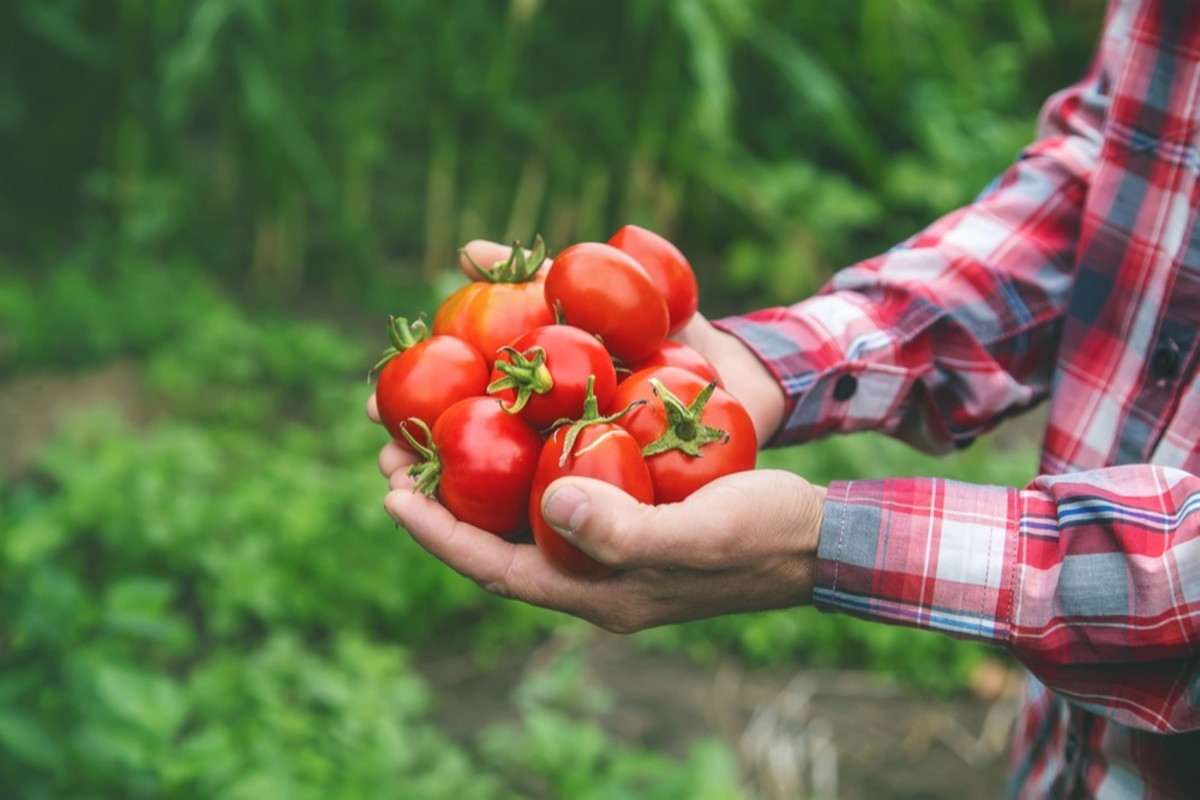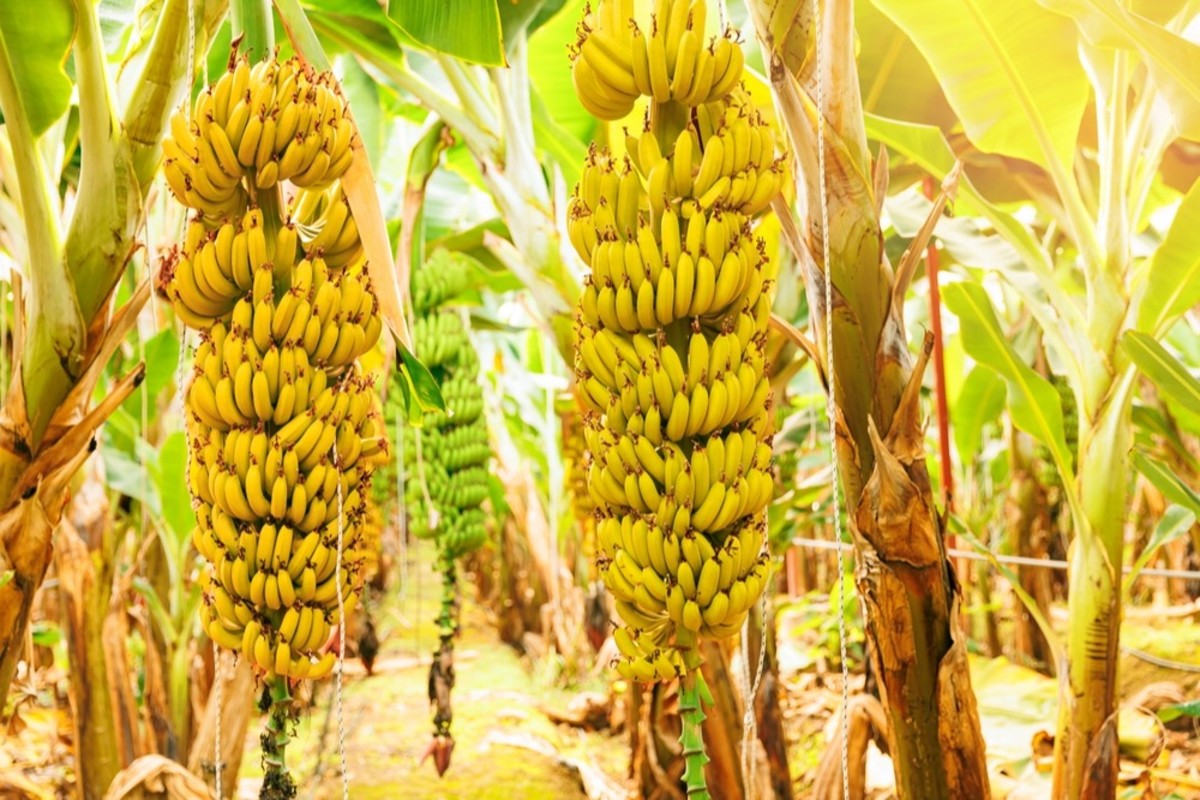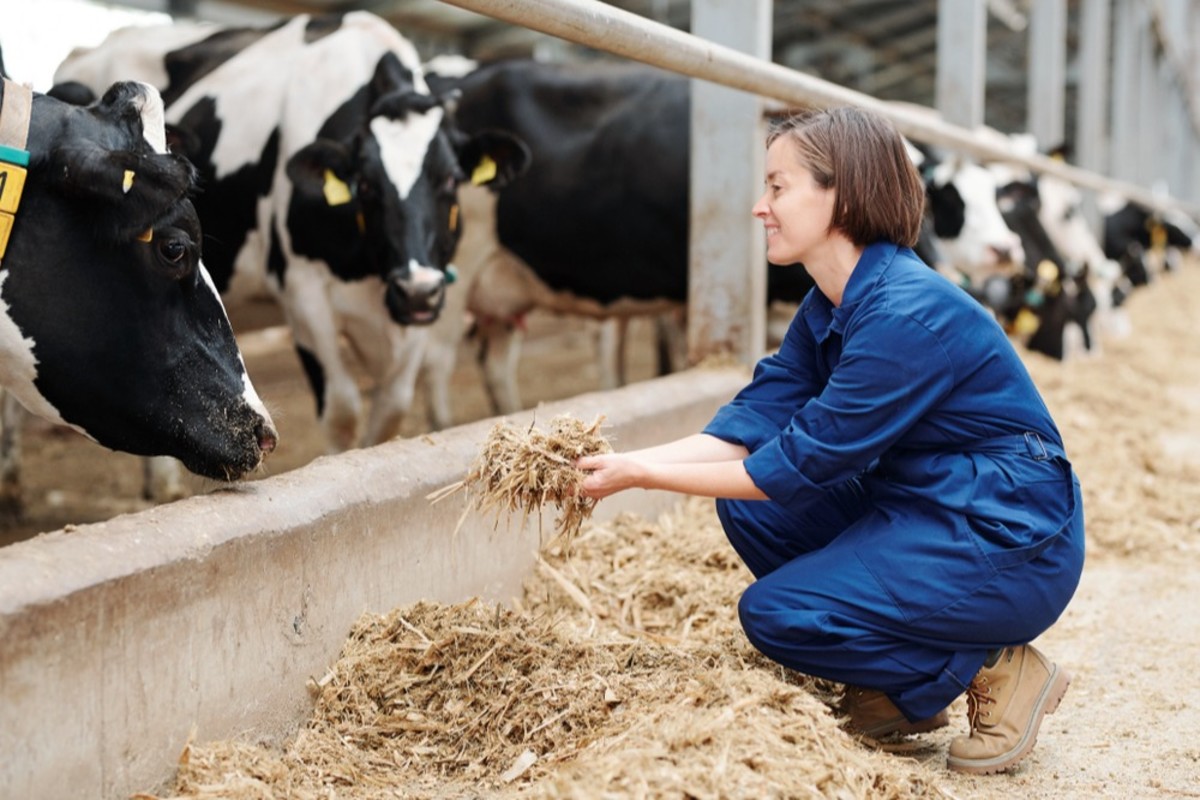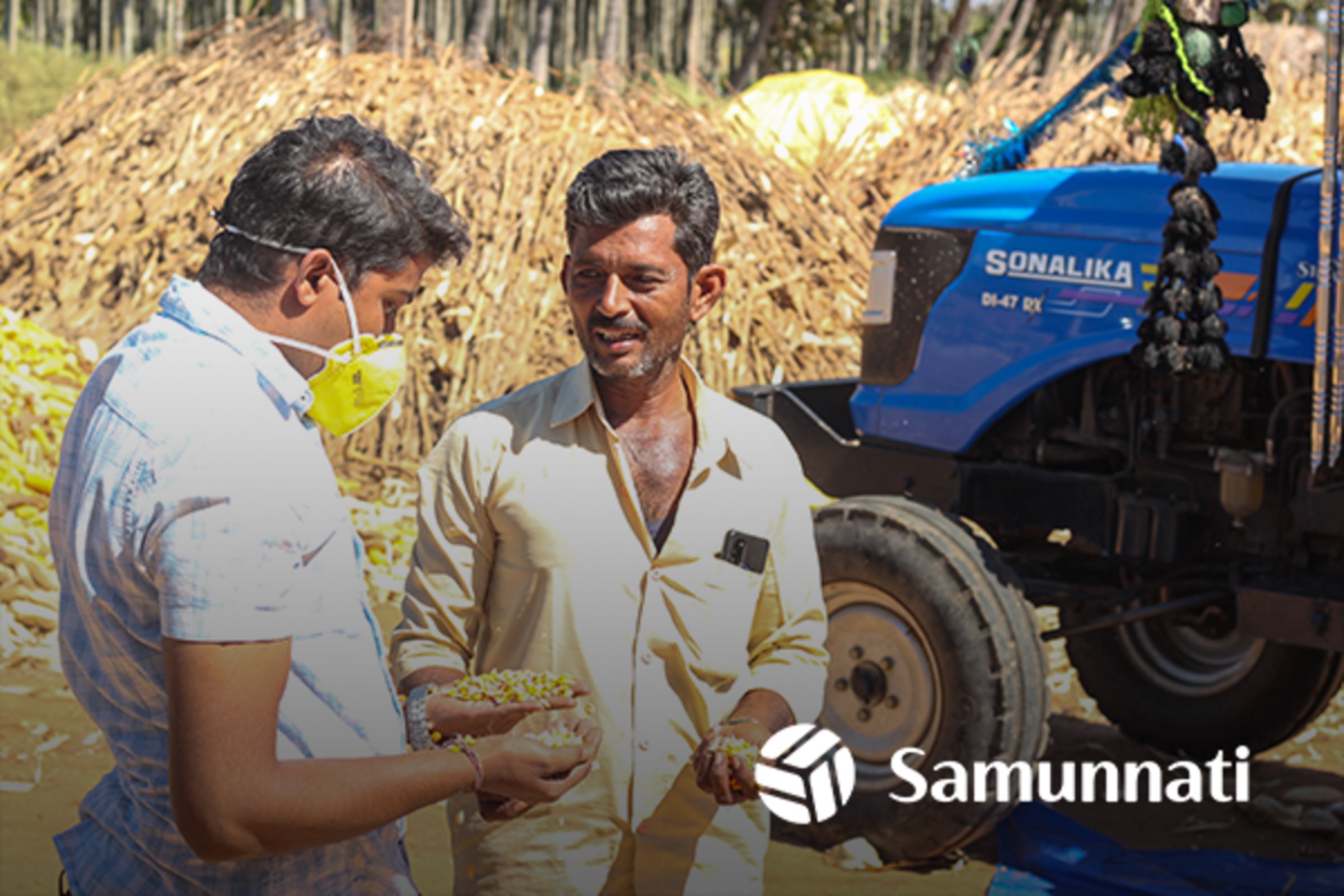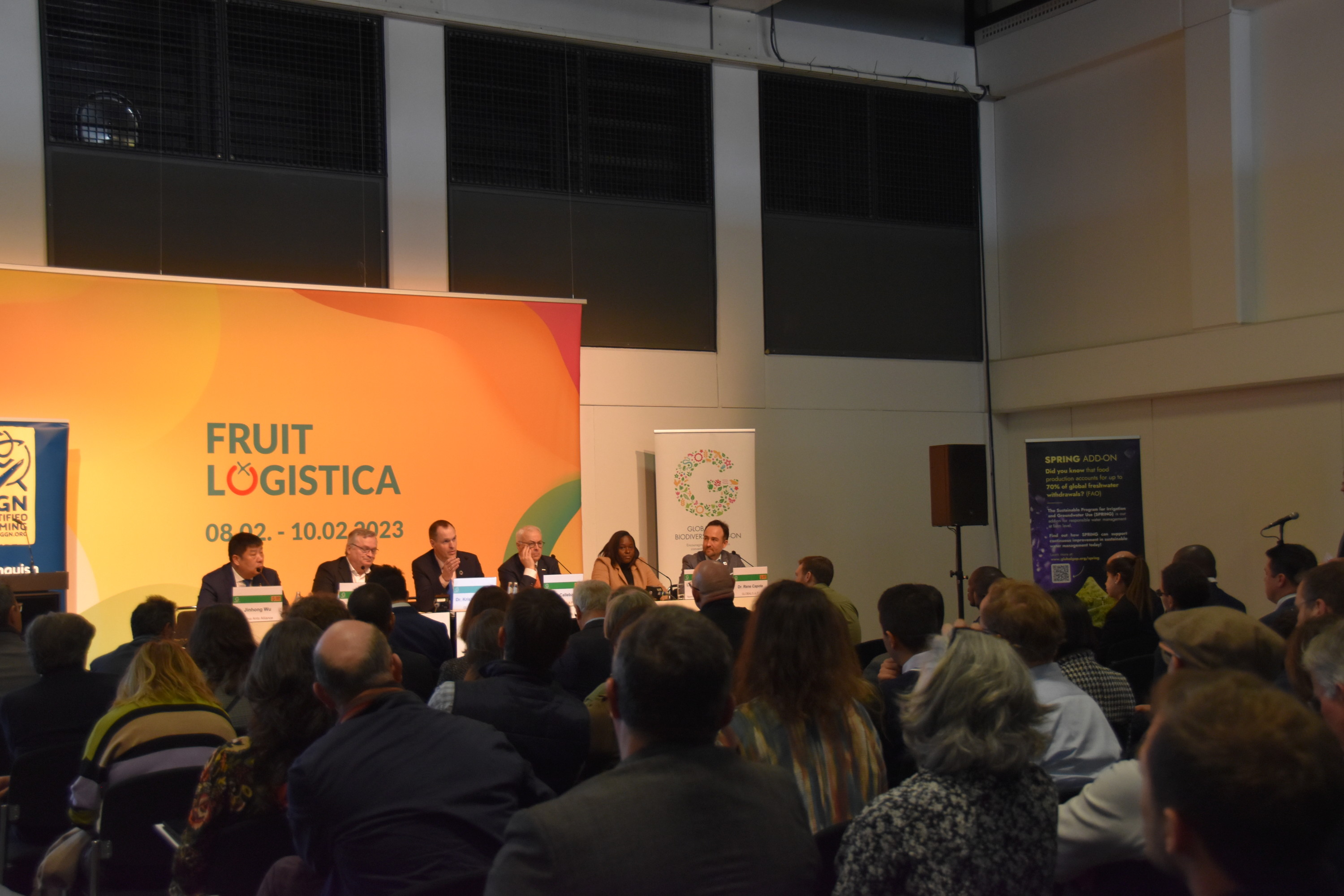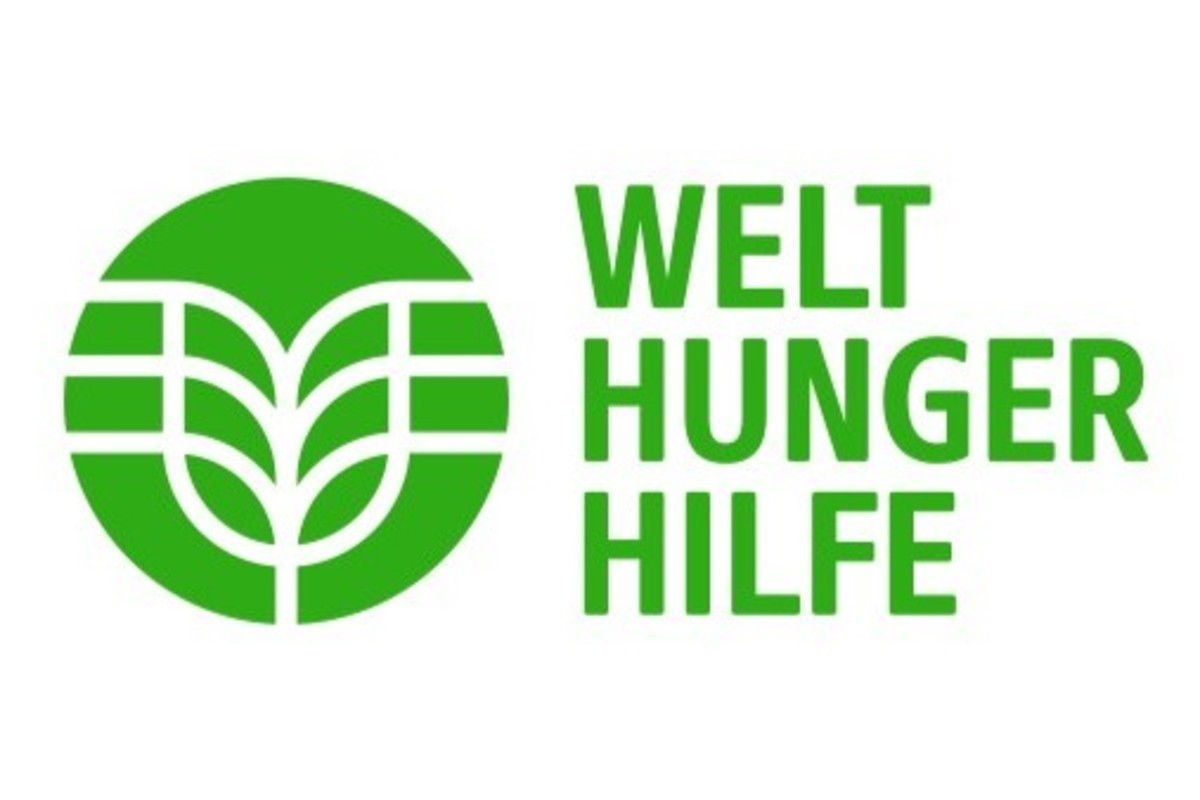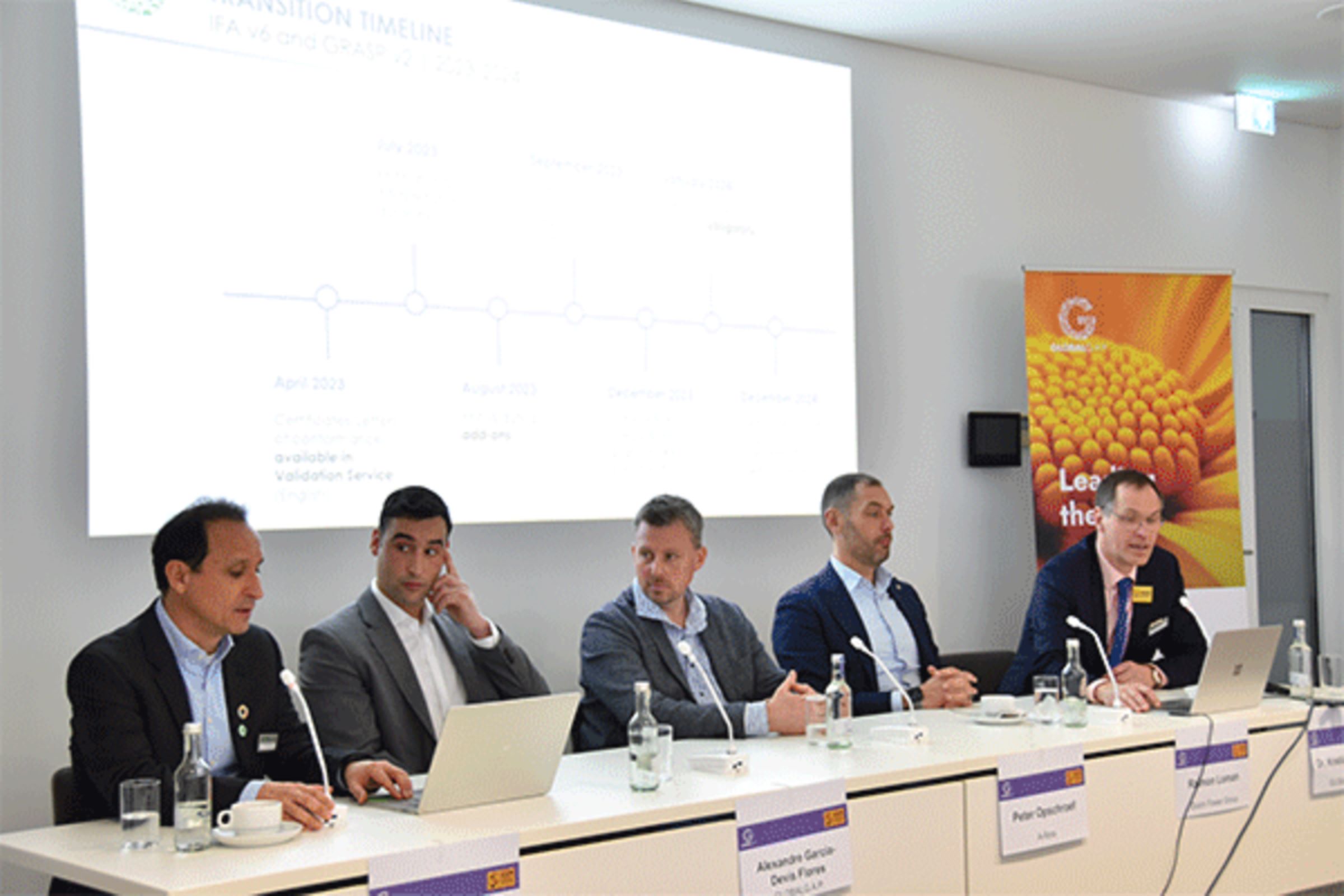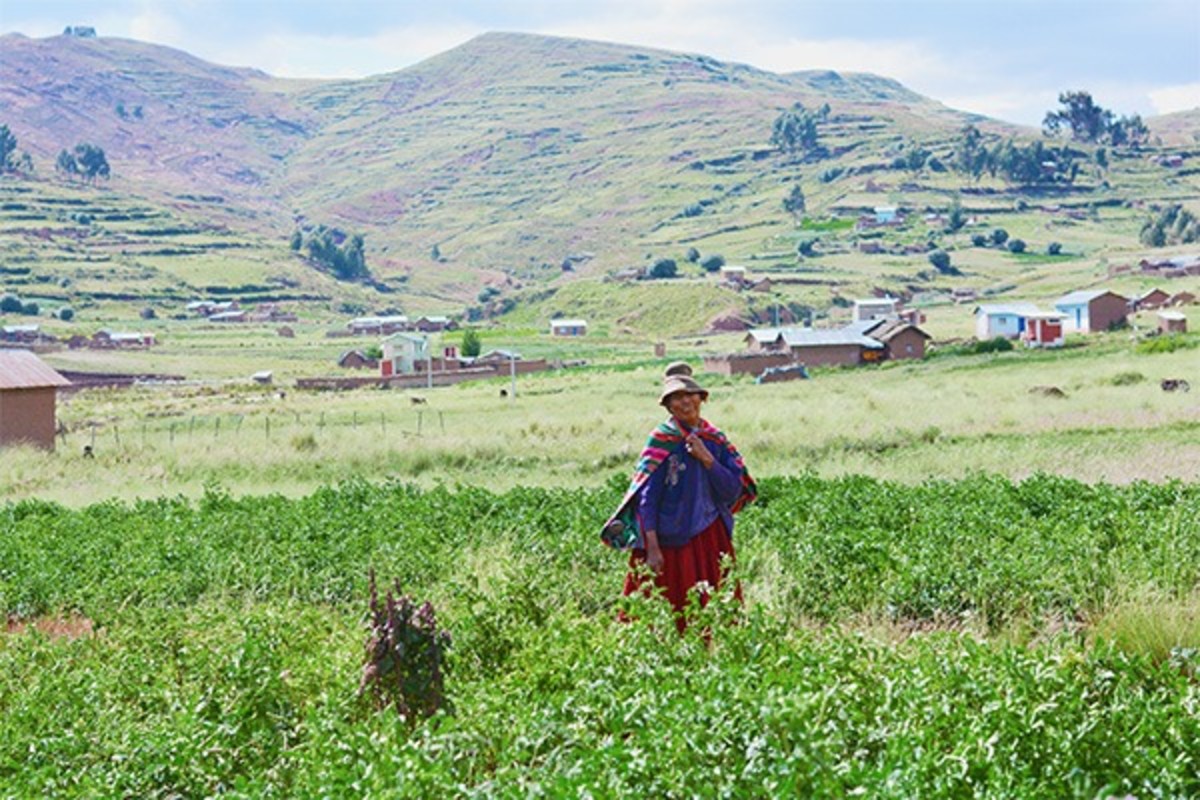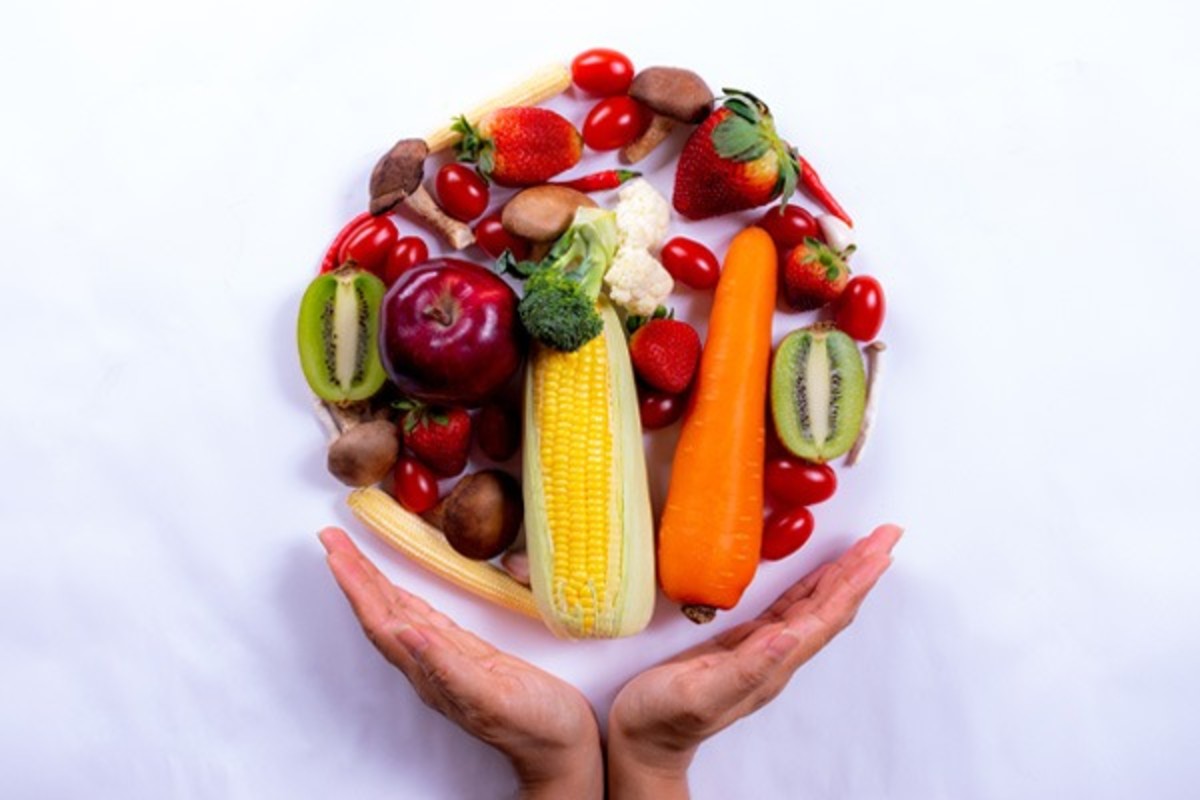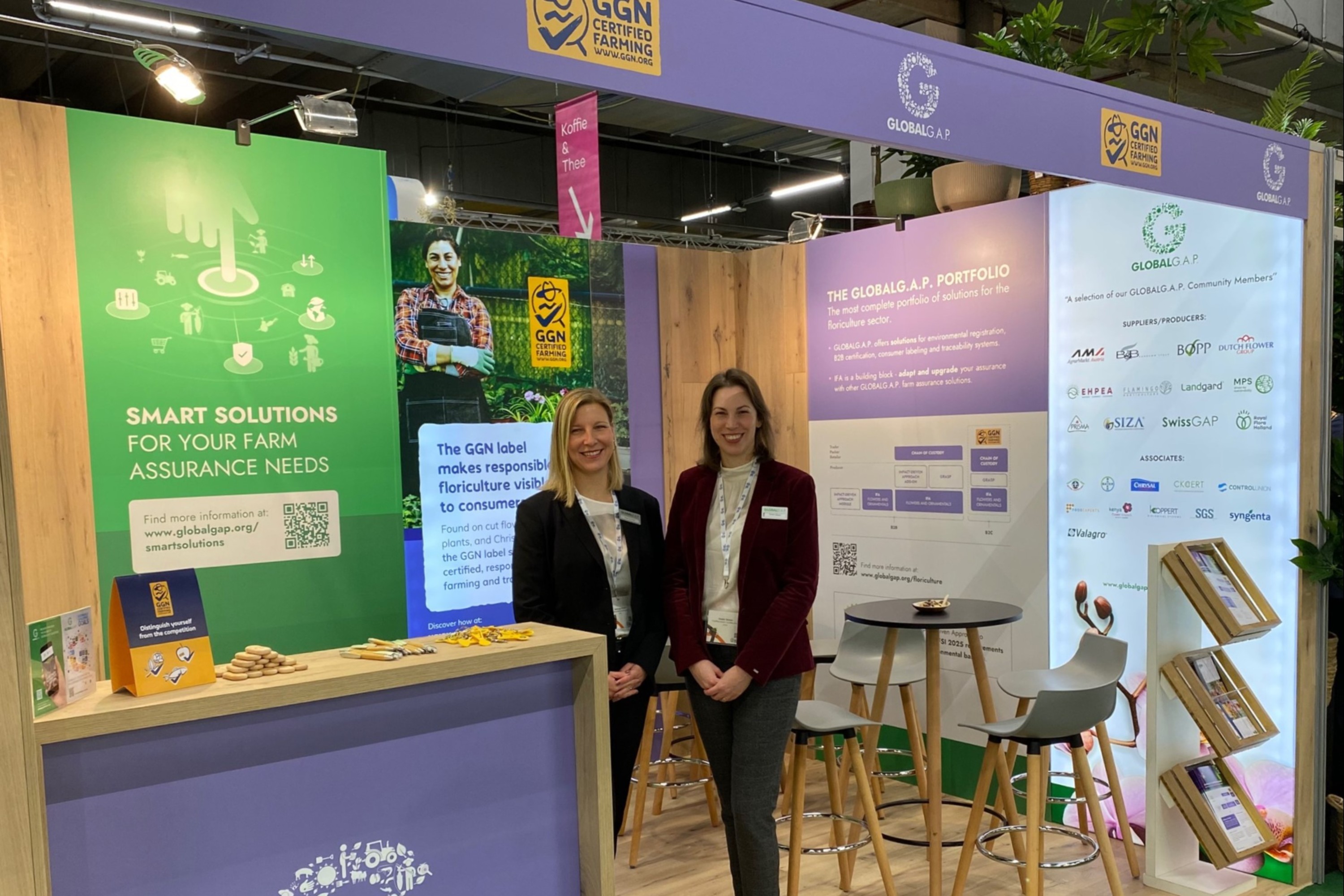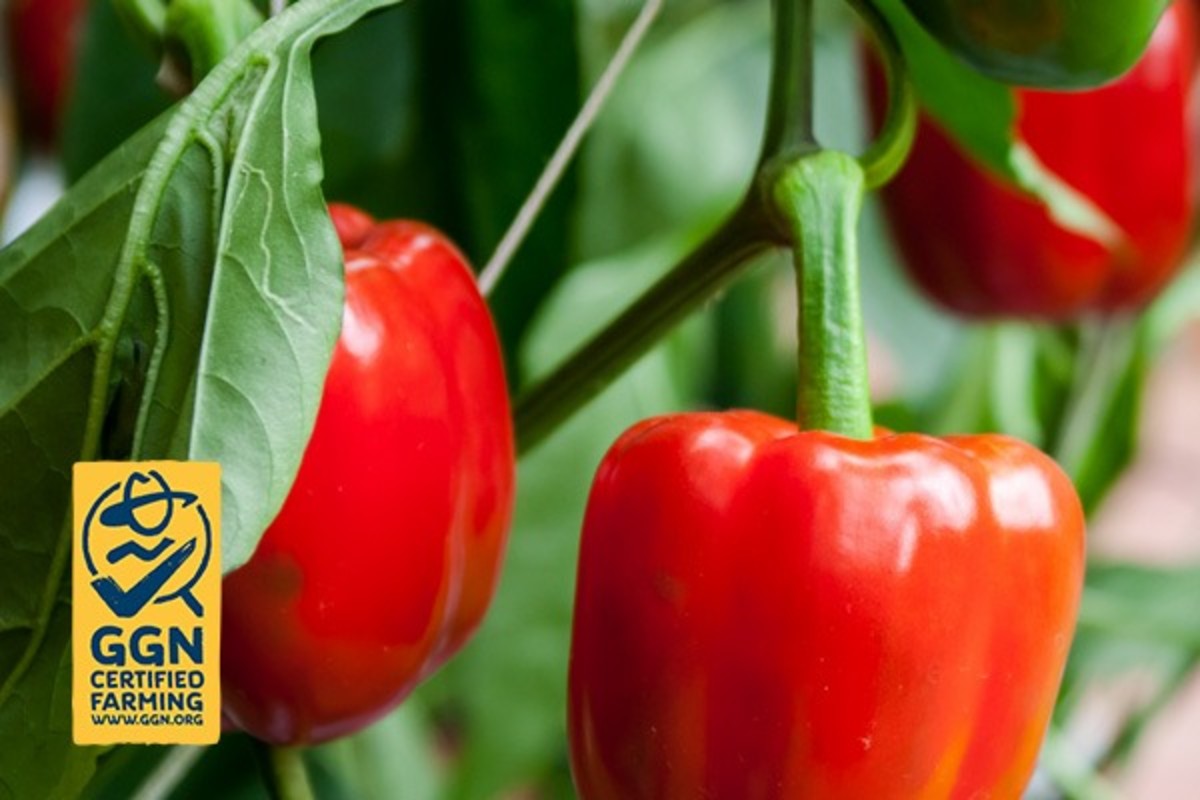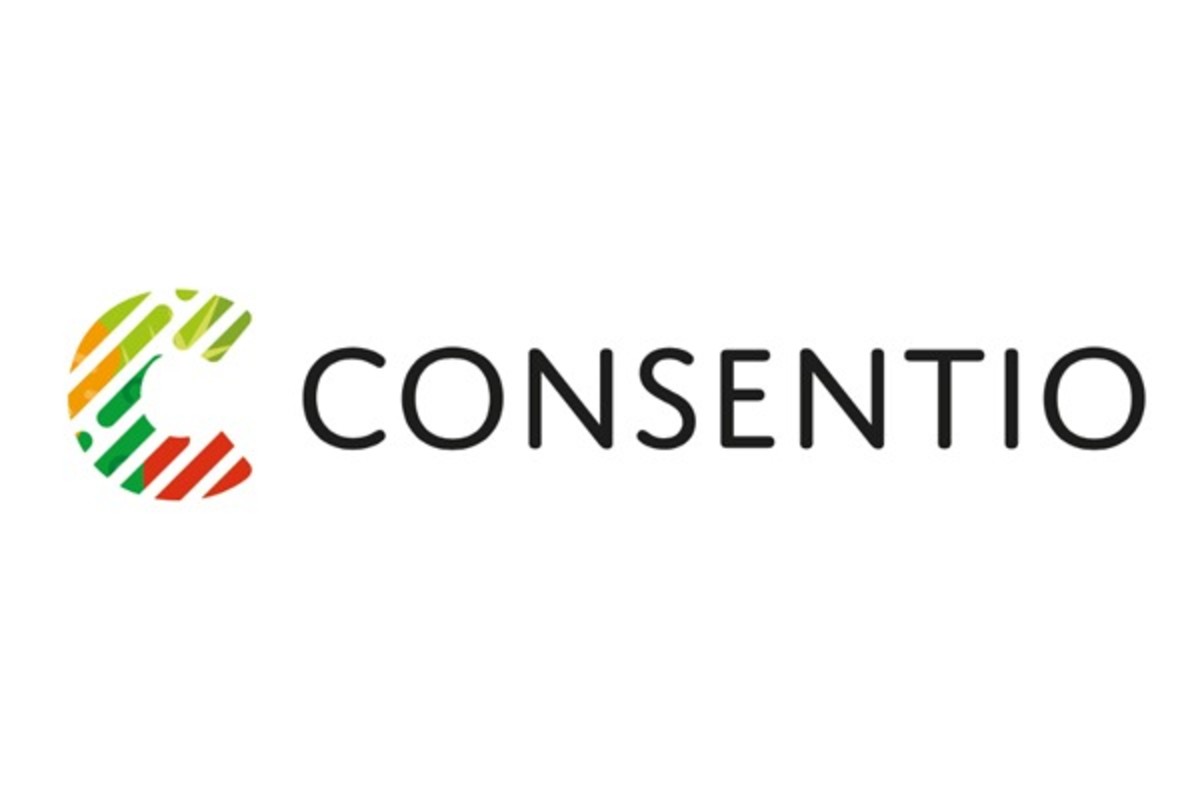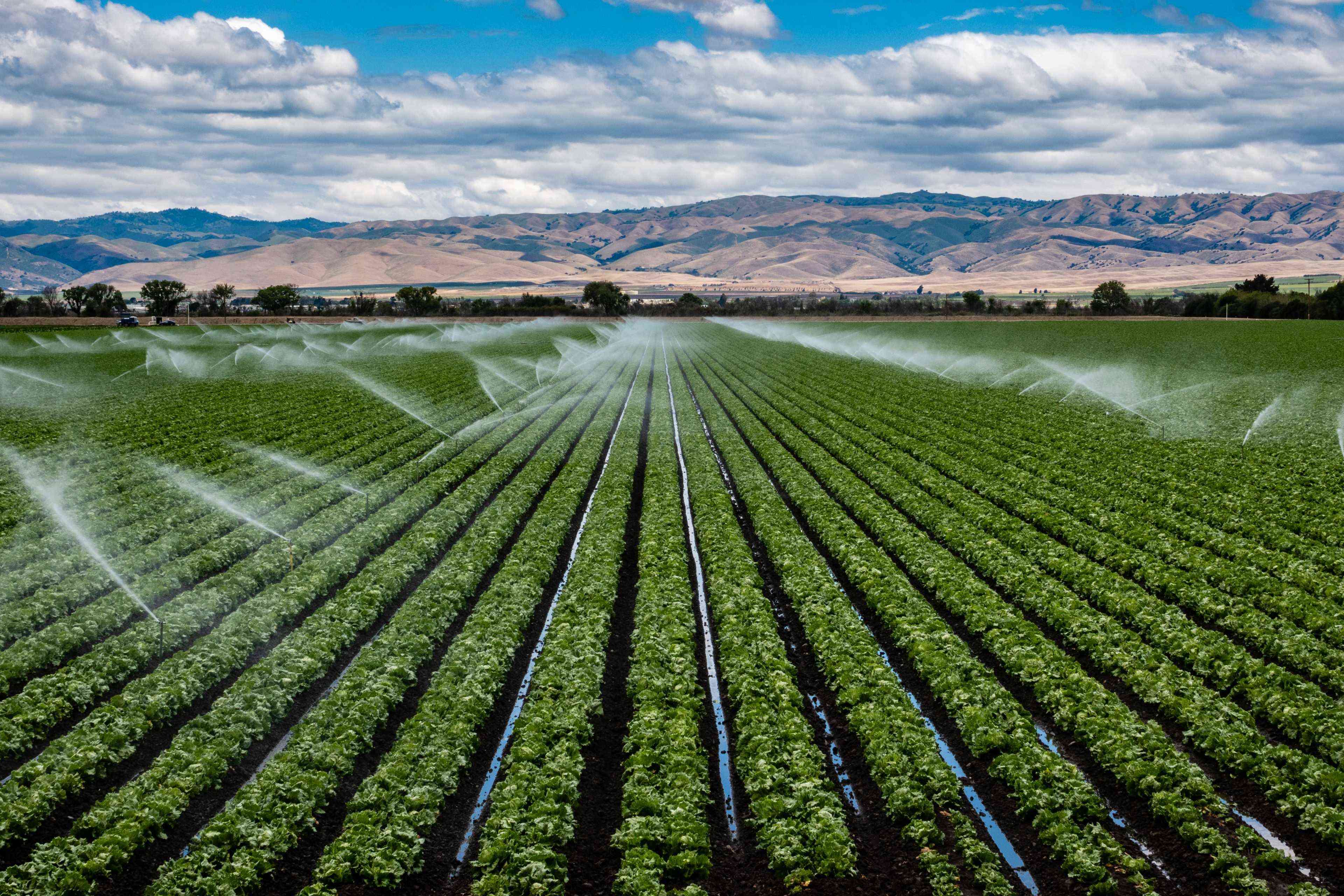
Add-on to core solution
Sustainable Program for Irrigation and Groundwater Use
The Sustainable Program for Irrigation and Groundwater Use (SPRING) is an add-on that aims to address responsible water management practices at farm level. It is designed to be paired with the Integrated Farm Assurance (IFA) standard for plants.
Demonstrating commitment to responsible water management
What is SPRING?
The Sustainable Program for Irrigation and Groundwater Use (SPRING) add-on helps producers, supply chain stakeholders, and buyers to demonstrate their commitment to more responsible on-farm water stewardship. The robust and comprehensive checklist covers a wide range of topics such as water use and extraction rates, legal compliance and protection of water sources, and watershed management. Integrated Farm Assurance (IFA) for fruit and vegetables plus the SPRING add-on is benchmarked to the Sustainability Initiative Fruit and Vegetables’ (SIFAV) Basket of Water Standards, and SPRING v2 is recognized by the World Wildlife Fund (WWF) Spain as among the top farm-level water certification options. The add-on is tried, tested, and trusted in over 30 countries worldwide.
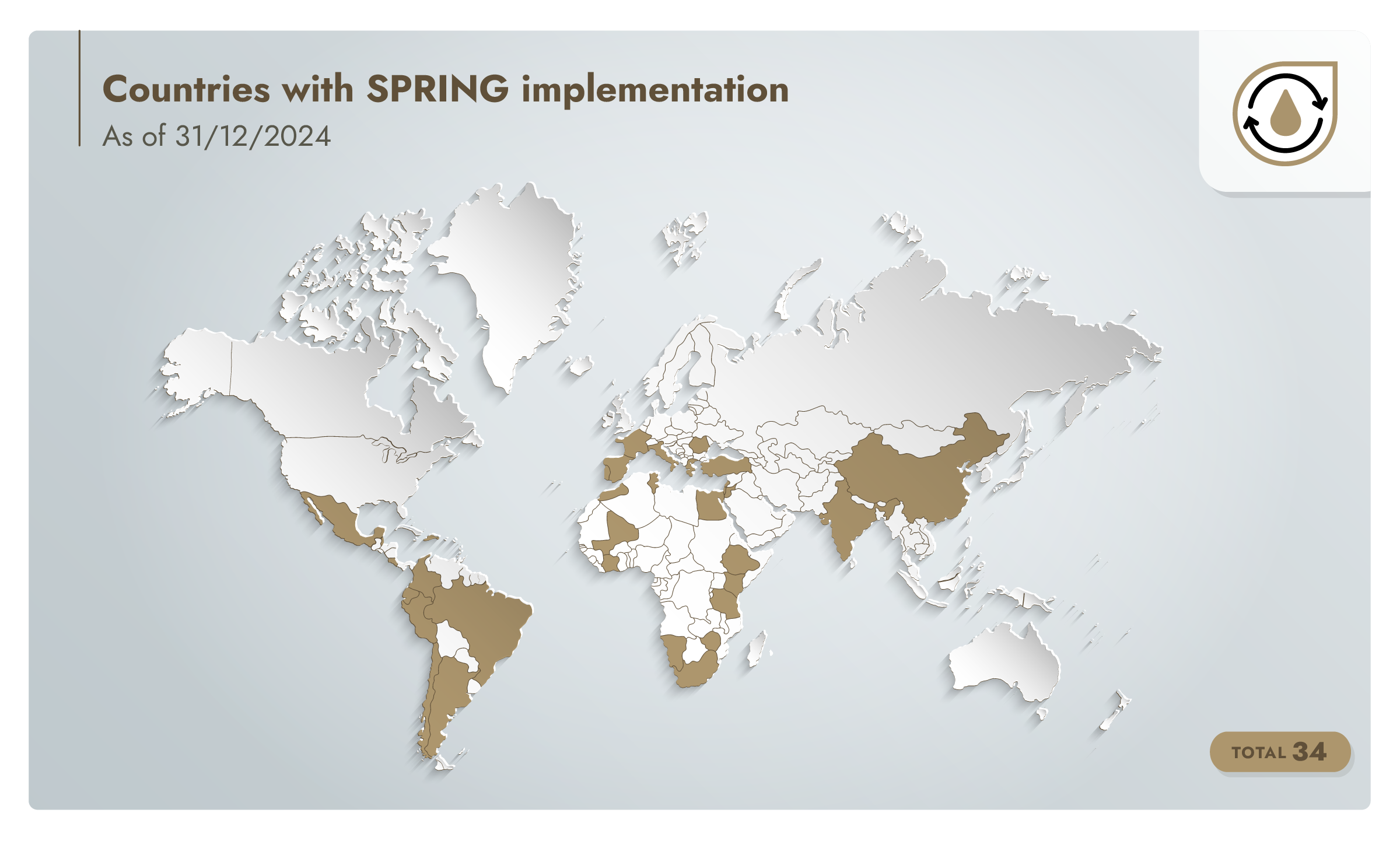
SPRING at a glance
Audited in combination
with the IFA standard to minimize the audit burden
Supports legal compliance
with criteria on land use, flow rates, watershed stakeholders, and water source identification
Applicable for farms
with or without irrigation, and in regions with or without water scarcity issues
Offers a cost-effective audit
for a wide range of farm sizes and types, including smallholders and producer groups
Implemented worldwide
with a global network of approved CBs and auditors trained on local water use legislation
Recognized by WWF Spain
and benchmarked to the SIFAV Basket of Water Standards for good water management
Audited in combination
with the IFA standard to minimize the audit burden
Offers a cost-effective audit
for a wide range of farm sizes and types, including smallholders and producer groups
Supports legal compliance
with criteria on land use, flow rates, watershed stakeholders, and water source identification
Implemented worldwide
with a global network of approved CBs and auditors trained on local water use legislation
Applicable for farms
with or without irrigation, and in regions with or without water scarcity issues
Recognized by WWF Spain
and benchmarked to the SIFAV Basket of Water Standards for good water management
Which topics does the SPRING add-on address?
The SPRING add-on was developed through extensive collaboration between value chain stakeholders, NGOs, and GLOBALG.A.P. technical experts. Our approach to standard setting ensures that GLOBALG.A.P. smart farm assurance solutions remain robust, realistic, and cost-efficient, while meeting the evolving demands of buyer
Core topics in SPRING v2 are divided into four sections, including:
Assessment of water risks and objectives
Water risk assessment for farms and produce handling units
Documented overview of water stakeholders in the watershed
Water management plan
Staff training
Assessment of legal compliance
Current legal requirements and land use
Documentation of flow rates
Buildings and water infrastructure
Identification of water sources
Management and use of water resources
Water distribution and irrigation plan
Water measurement system and consumptions records
Sustainable governance of watershed
Rainwater recovery and storage
Environmental management: Protecting water sources
Wastewater management
Natural surface water and biodiversity protection
Erosion mitigation
Energy efficiency assessment
Discover how the SPRING add-on helps you to address challenges in the agricultural sector.
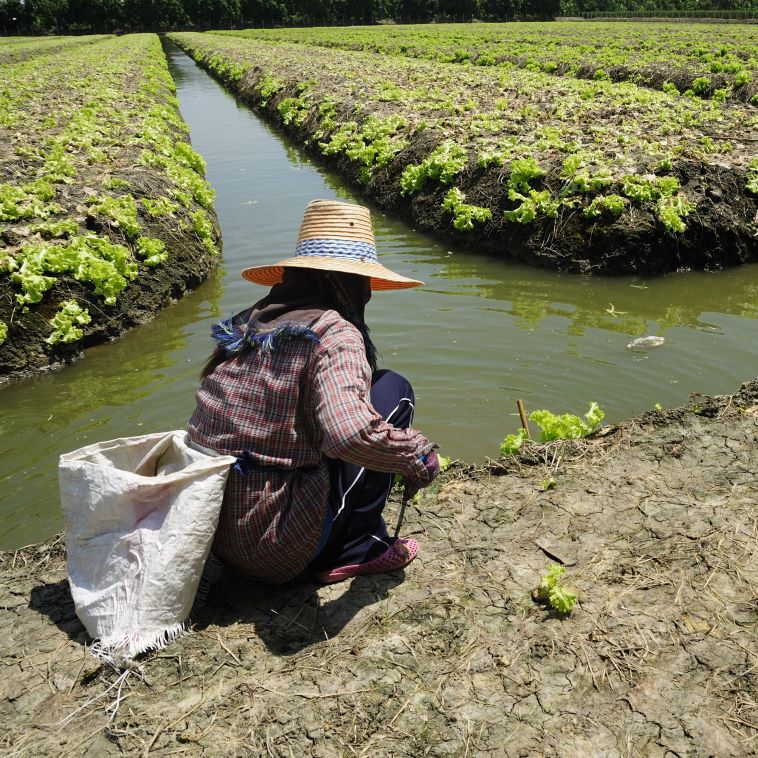
Who should use SPRING?
SPRING is applicable to a wide variety of farm types. Even for producers who do not irrigate crops, it is a valuable tool for demonstrating the responsible management of water risks (such as the protection of nearby water sources).
The add-on offers affordable audit options for both individual producers and multisite producer groups, including smallholders, and farms can get certified in any country where a GLOBALG.A.P. approved certification body (CB) conducts audits.
SPRING must be combined with certification to IFA for plants (fruit and vegetables, flowers and ornamentals, hops, or combinable crops). Please note that producers with parallel ownership are only permitted to implement SPRING under group certification (option 2).
How does SPRING work?
Compliance with the add-on requirements is audited annually by an accredited and independent third-party CB in combination with the IFA audit (or an audit to a benchmarked scheme/checklist).
Producers have the freedom to choose which CB they use (although it must be the same CB conducting both audits).
A successful audit results in a letter of conformance valid for one year.
The relevant national interpretation guidelines (NIGs) are required from January 2025.
Standard content is formed of principles and criteria (P&Cs). Criteria are graded in two levels: Major Must and Minor Must.
Principles
Fundamentals that set the foundation of a GLOBALG.A.P. requirement
Written in statement form
Describe the outcome to achieve in the corresponding criteria
Criteria
Methods that producers can use to demonstrate a principle to be true
Compliance can be demonstrated in different ways, e.g., data, record of procedure, etc.
Evidence must demonstrate that the outcome is achieved
Read more about the audit process and compliance requirements.
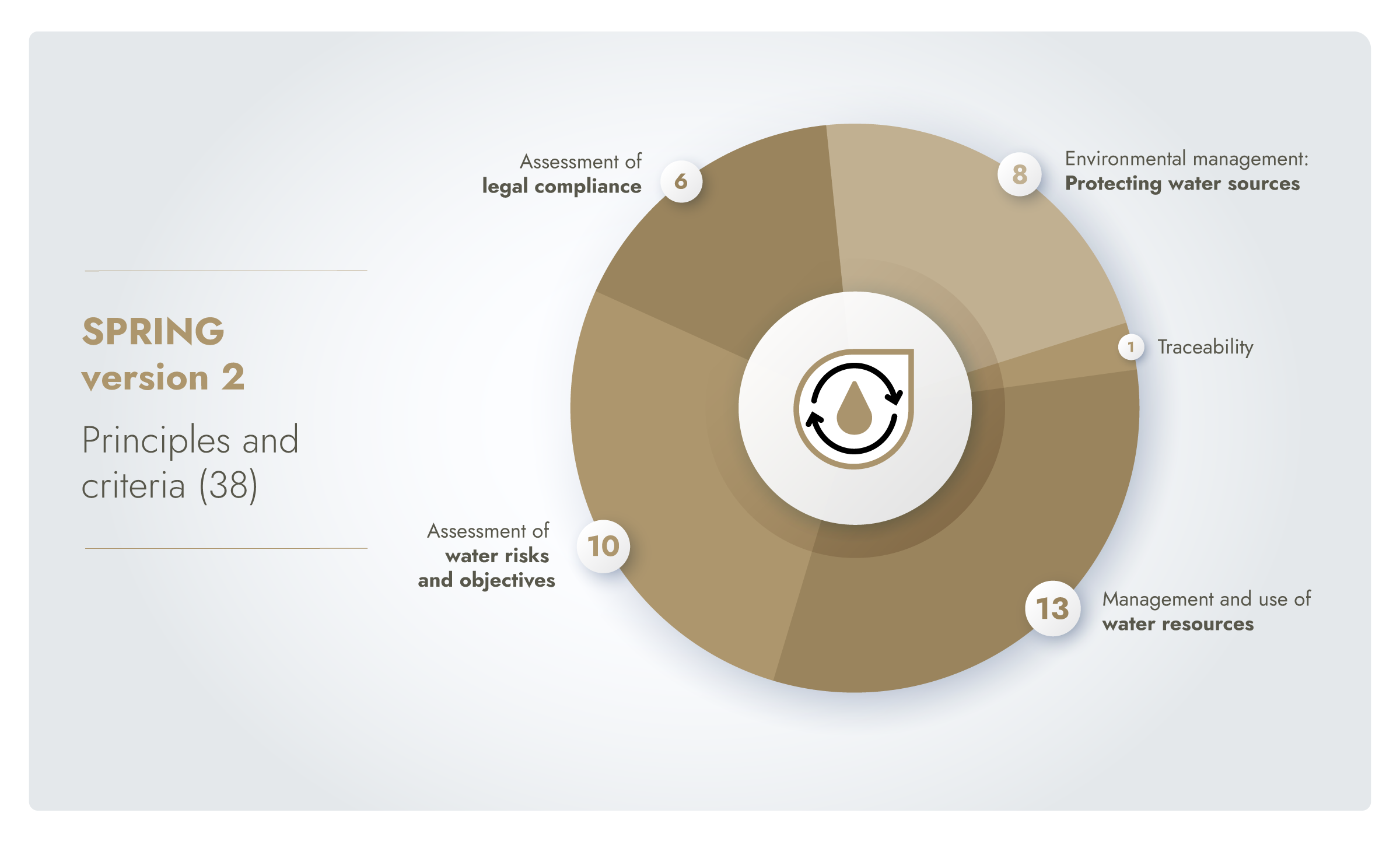
How is conformance status verified?
Every producer registered in the GLOBALG.A.P. certification system is assigned a 13-digit GLOBALG.A.P. identification number (e.g., a GLOBALG.A.P. Number (GGN)). This number allows real-time verification of conformance status in the GLOBALG.A.P. IT platform, upholding our rigorous transparency requirements throughout the supply chain.
Producers can control data access and privacy rights for audit reports, and the reports are not shared publicly or with third parties. This process is handled via your chosen CB.
Latest news
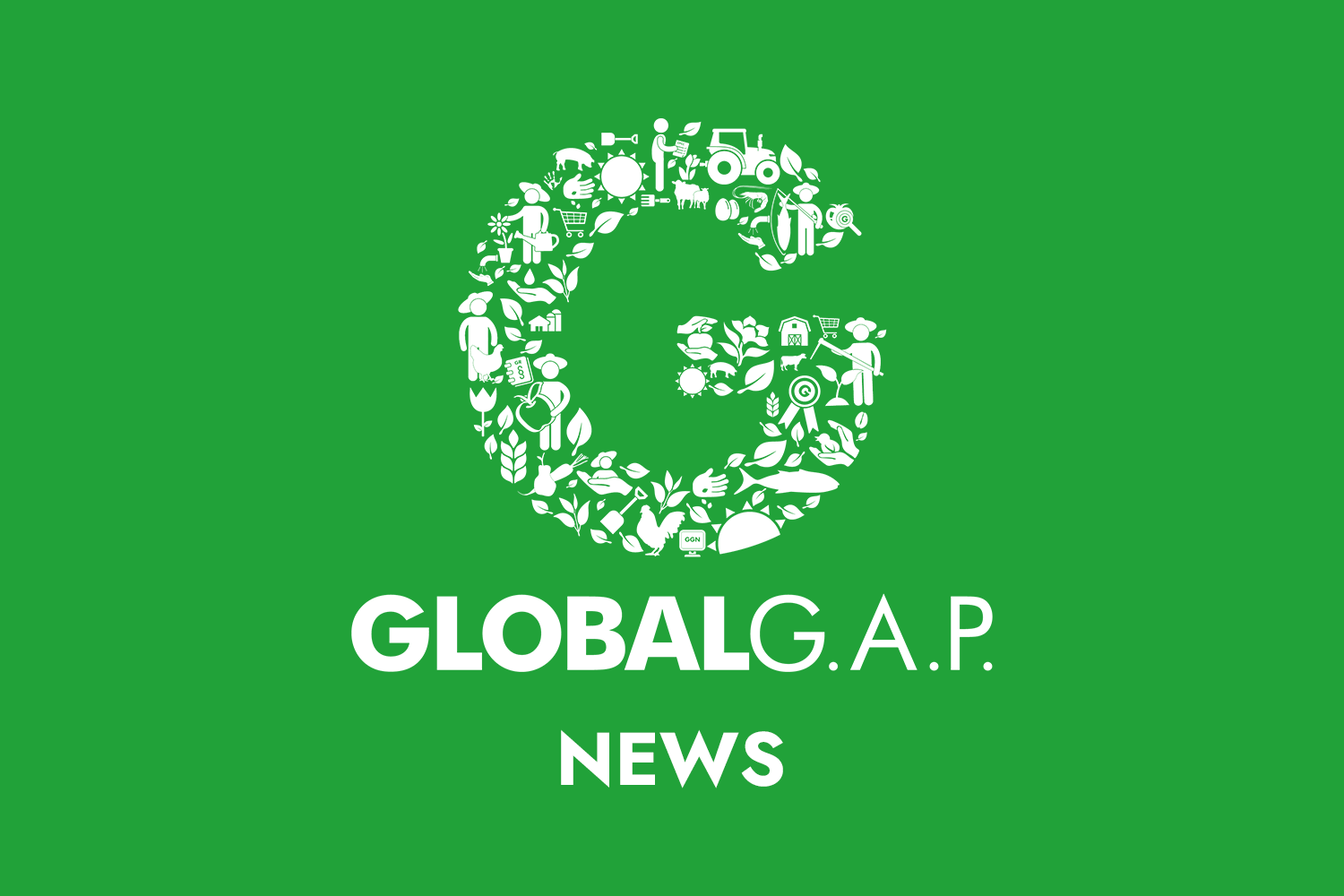
30 June 2025
United States national interpretation guideline published for Integrated Farm Assurance (IFA) v6 GFS for fruit and vegetables
Integrated Farm Assurance (IFA) v6 GFS, recognized by GFSI, is now supported with the newly published national interpretation guideline for fruit and vegetable production in the United States.
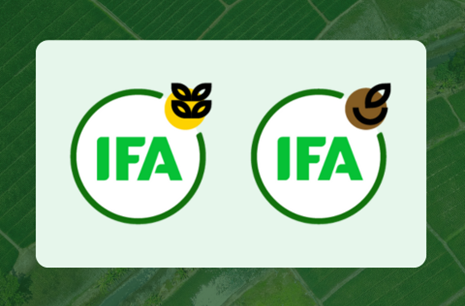
28 June 2025
IFA v6 standards for combinable crops and plant propagation material set for launch
Following a comprehensive development process, two new product categories under the Integrated Farm Assurance (IFA) version 6 plants scope are due to launch in July 2025.
Looking for technical news?
Technical news updates for all add-ons can be found in our technical news libraries.
Demonstrate responsible farm-level water stewardship
Why choose SPRING?
According to the FAO, 70% of the world’s freshwater resources are now used for agriculture. As pressure on this limited resource grows, agricultural supply chains urgently require solutions for managing water scarcity, monitoring responsible water use, and mitigating water risks. The SPRING add-on offers a practical, cost-efficient path for producers to implement and demonstrate farm-level best practices that comply with legal requirements and contribute to the protection of surrounding ecosystems.
Which challenges does SPRING address in the agricultural sector?
Water risks in primary agriculture are receiving a higher degree of attention in supply chains.
In the context of a rapidly growing global population and the frequency of extreme weather events such as droughts, water scarcity and food security are deeply interconnected.
As a result, sector transformation is increasingly expected by both civil society and major retail and food production chains – highlighting the need for coordinated action from all stakeholders.
Industry solutions are therefore needed to monitor and demonstrate how agricultural enterprises promote and enhance responsible water management at farm level.
The SPRING add-on is an affordable solution for a range of farms with Integrated Farm Assurance (IFA) certification for plants, complementing rather than competing with existing audit systems.
Follow our five steps to SPRING to get started today.
SPRING in numbers (as of 31/12/2024)
17,247
producers audited to the add-on
34
countries with audited production processes
449,348
hectares of audited production
17,247
producers audited to the add-on
34
countries with audited production processes
449,348
hectares of audited production
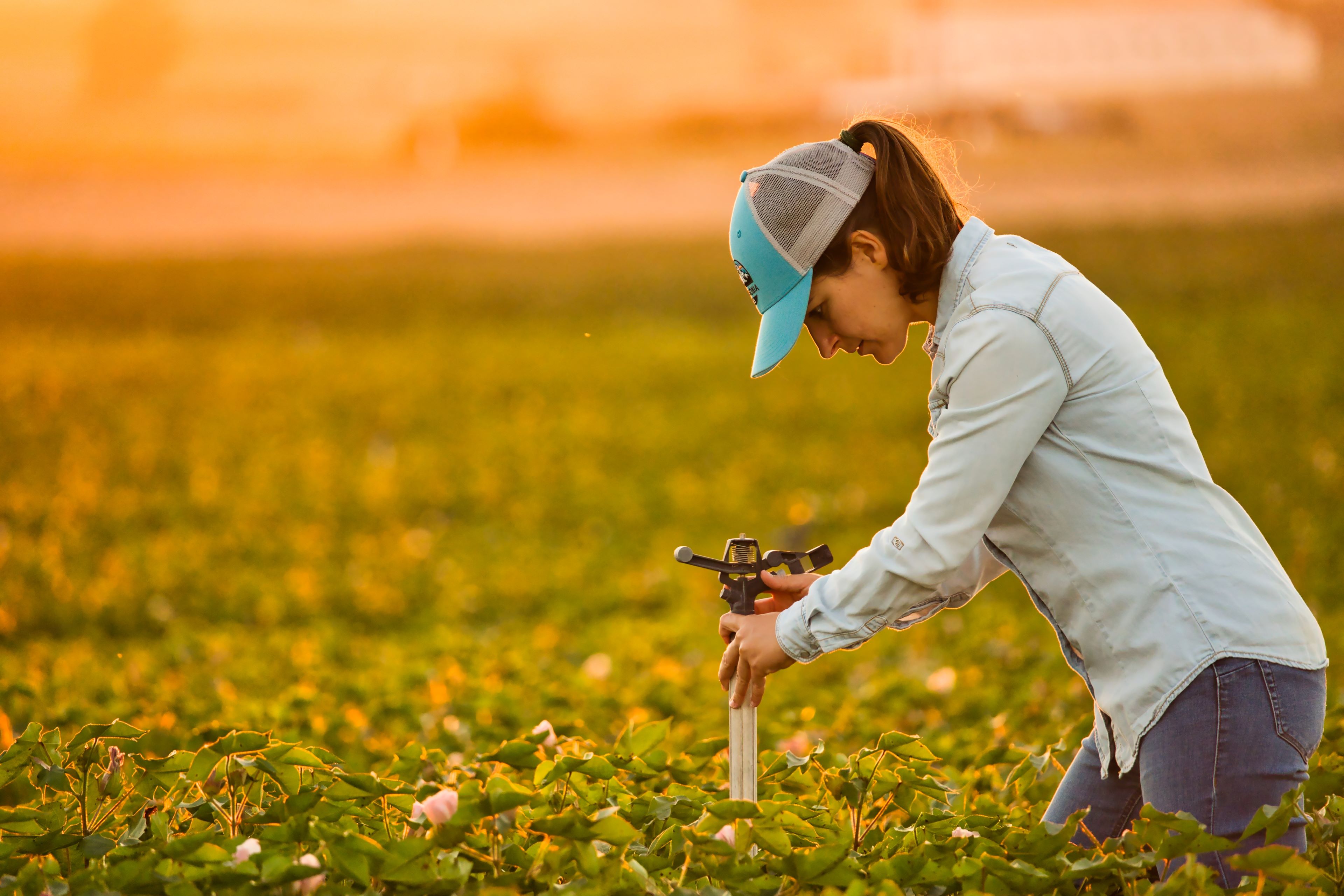
What are the benefits for producers?
Identify and mitigate water risks in agricultural supply chains
Improve efficiency of water use and implement practical steps for the optimization of water management
Develop effective management plans and demonstrate their on-farm implementation
Implement an outcome-based and scientifically sound methodology which recognizes farm-specific realities
Complements environmental sustainability criteria in the IFA standard with a dedicated focus on water management
Offers a cost-efficient audit process which improves transparency and risk monitoring in value chains
Available globally for a wide range of farm sizes, including smallholders and producer groups
Allows producers to choose from an extensive worldwide network of accredited GLOBALG.A.P. approved CBs
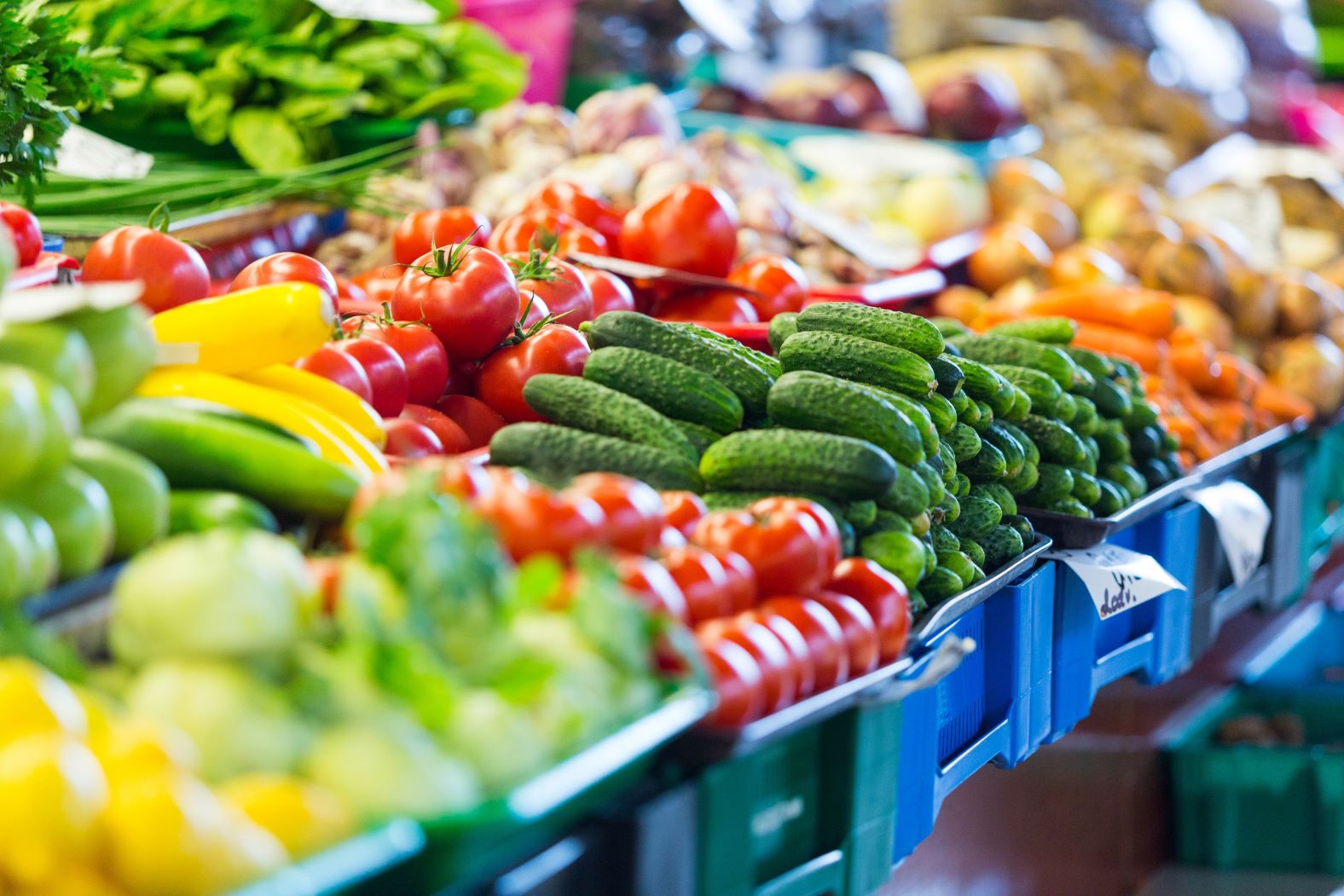
What are the benefits for supply chain stakeholders?
Fulfil corporate social responsibility pledges through a fit-for-purpose solution designed by the sector, for the sector
Have confidence in a solution supported by relevant civil society stakeholders such as WWF Spain and aligned with both the Sustainability Initiative Fruit and Vegetables (SIFAV) the United Nations Sustainable Development Goals (SDGs)
Boost transparency and risk monitoring, and encourage continuous improvement at farm level
Help reduce the audit burden for producers by building on existing water management criteria in the IFA standard and supporting combined audits
Benefit from simplified verification through a combination of flexible farm assurance solutions accessible in a single certification system
Take advantage of GLOBALG.A.P. capacity-building services to accelerate transformation in your supply chains

Maintaining trust in GLOBALG.A.P. certification
The GLOBALG.A.P. Integrity Program was founded in 2008 as the first of its kind in food certification. Designed to ensure the consistent delivery and implementation of GLOBALG.A.P. standards and add-ons worldwide, the program monitors and assesses all aspects of the third-party certification process.
Which solutions can be combined with SPRING?
The SPRING add-on is designed to be paired with IFA certification. Audits are combined, allowing producers to flexibly and efficiently extend their certification scope through a single audit.
Learn more about GLOBALG.A.P. core solutions.
You may also be interested in...
Integrated Farm Assurance for flowers and ornamentals
IFA is a global standard that aims to promote safer and more responsible farming practices in flower and ornamentals production.
Integrated Farm Assurance for fruit and vegetables
IFA is a global standard that aims to promote safer and more responsible farming practices in fruit and vegetable production.
Integrated Farm Assurance for hops
IFA is a global standard that aims to promote for safer and more responsible farming practices in hop production.

Ready to get started?
Use our Smart Checklist Builder to easily understand which GLOBALG.A.P. smart farm assurance solutions are recommended for your production practices and generate a personalized checklist for your self-assessment.
Your guide to implementation
How to prepare for a SPRING audit
Learn more about the key documents and fee structure of the SPRING add-on. Follow our five steps to SPRING guide for an overview of the audit process and find a GLOBALG.A.P. approved certification body (CB) in your area to get started.
Implementation and CB audit process
How does the audit process work?
Designed to complement existing GLOBALG.A.P. certification, SPRING compliance is audited annually by accredited and independent third-party CBs in combination with the IFA audit.
Producers can choose from any GLOBALG.A.P. approved CB active in the relevant country/region – the same CB which conducts your IFA audit must also conduct the SPRING audit.
A successful CB audit results in a letter of conformance valid for one year.
The CB is responsible for uploading the audit report and maintaining the accuracy of producer data in the GLOBALG.A.P. IT platform.
Producers must undergo an on-site audit each year as part of the renewal process.
Which documents are required?
General regulations specifications: Rules that define how the audit process works, from the scope of the respective standard to the audit requirements.
Principles and criteria: Principles are the fundamentals for GLOBALG.A.P. requirements for each standard. They describe the outcome to achieve, and are accompanied by corresponding criteria that detail the various ways in which a producer can demonstrate compliance.
Checklist: The full list of add-on criteria as used by CB auditors, enabling producers to perform a self-assessment in preparation for the on-site audit.
Which version of SPRING is currently valid?
SPRING is currently valid in version 2.
V2 was published on 5 September 2023. It must be combined with IFA v6 Smart/GFS from 1 January 2024.
V1.1-1 was published in February 2020, replacing the previous versions in May 2020. It remains available to combine with IFA v5.2 for combinable crops and IFA v5.2 for plant propagation material only.
The SPRING FAQs contain more information on documents, certification renewal, and more.
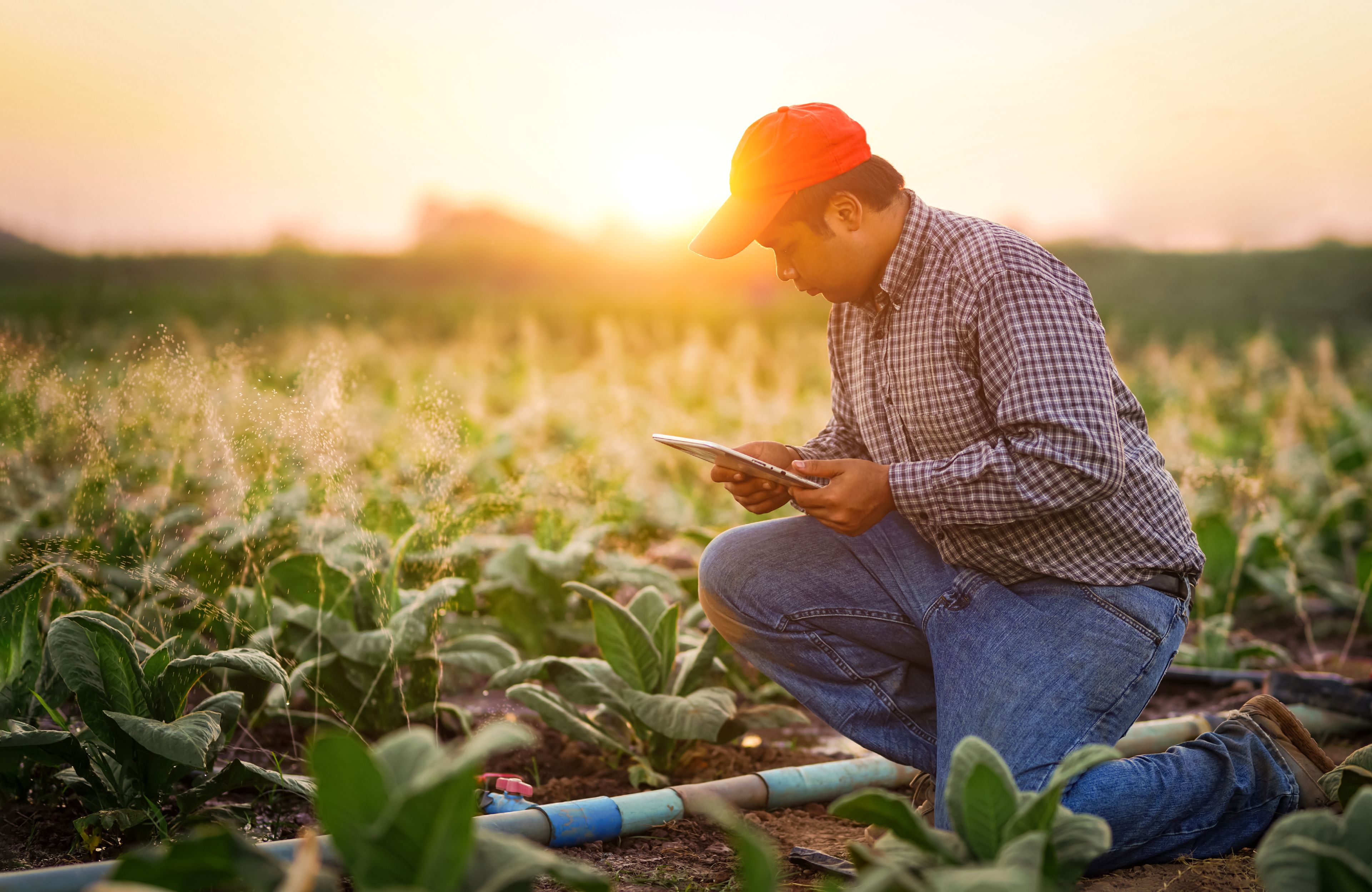
What are the SPRING compliance requirements?
Checklist principles are graded in three categories: Major Musts, Minor Musts, or Recommendations.
To pass a CB audit, producers must comply with 100% of the Major Must principles and criteria, and at least 75% of the Minor Must principles and criteria.
Corrective actions must be proposed for all non-compliances and submitted to the CB within the specified period.
Non-compliances must then be verified as corrected and compliant by the CB before a letter of conformance can be issued.
How much does a SPRING audit cost?
Each farm is unique, and the total costs of assessment depend on a combination of factors such as farm size, number of sites, location, necessary preparation measures (such as establishing new procedures), and more. In general, SPRING contains three cost elements:
Implementation costs: Incurred by producers to prepare for the CB audit
CB service fees: Determined and invoiced by the CB to cover audit time and travel costs
GLOBALG.A.P. license fee: Calculated based on audit option
The GLOBALG.A.P. fee table contains full information on the fee structure for each solution.
Five steps to SPRING

You will need the GLOBALG.A.P. general regulations, the SPRING principles and criteria, and the checklist. All of the required documents are available online, for free, and in multiple languages. They are linked below and can also be found in the document center.

Use the documents to guide the implementation of the add-on requirements, and then
conduct a self-assessment using the checklist. Our worldwide network of Registered Trainers
can also provide assistance during audit preparations.

Search the list of GLOBALG.A.P. approved CBs by region, country, scope, and status. Contact the CB of your choice and request an audit. Note that the GLOBALG.A.P. fee table does not cover CB service fees such as audit time or travel costs to your site.
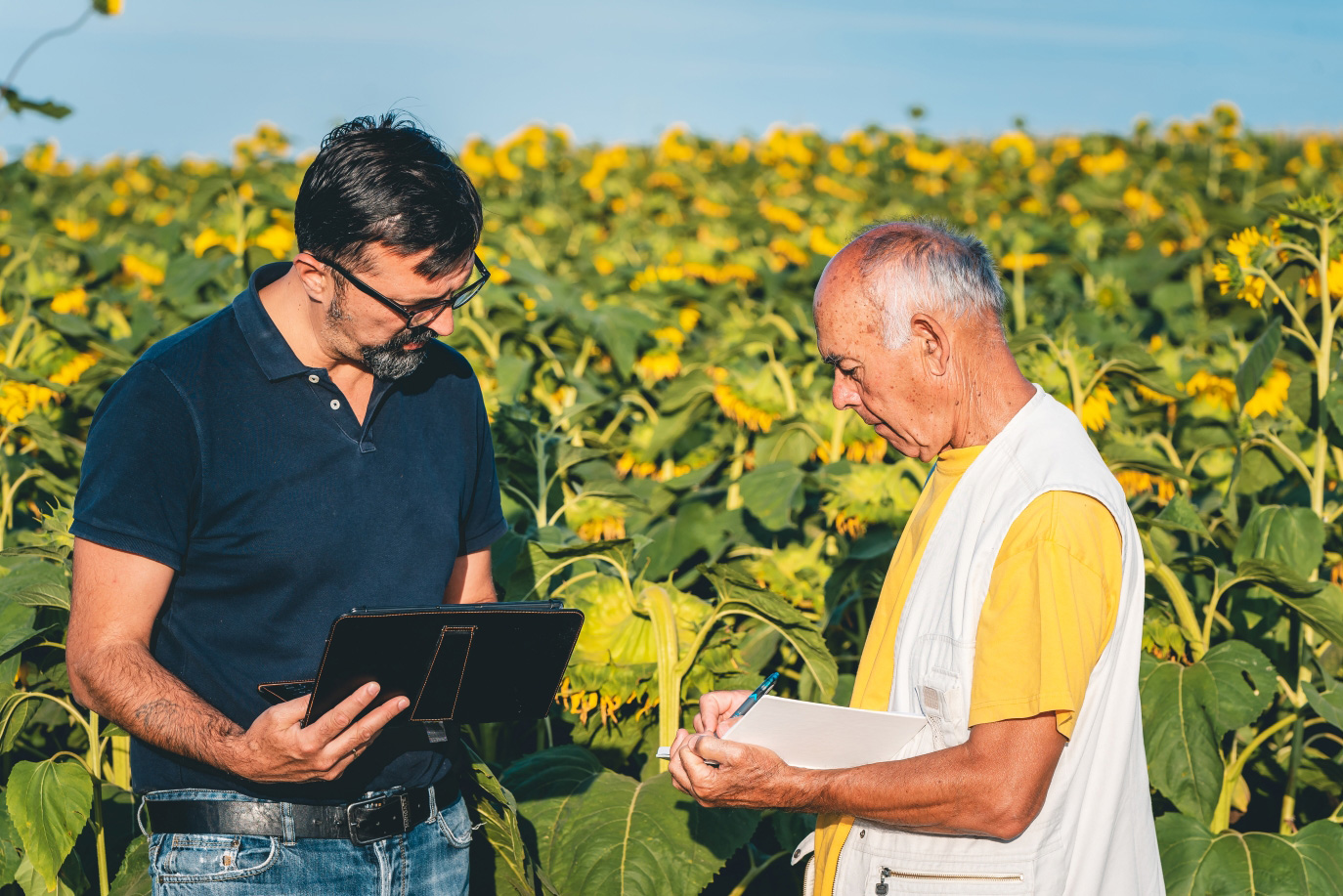
The CB will perform the on-site audit and upload the results to the GLOBALG.A.P. IT platform. Any non-compliances which are detected during the audit must be corrected within the specified period and verified by the CB before a letter of conformance can be issued.

When all requirements are met and verified by the CB, they will issue your GLOBALG.A.P. letter of conformance. Your certification status is then publicly visible in the GLOBALG.A.P. IT platform for transparency in the market.
Key documents
The three most relevant documents are linked below. Click ‘view more’ to see further related documents. Remember to always check with your CB that you have all necessary documents prior to audit.
SPRING
Checklists
V2
English | Last updated: 29/11/2024
xlsx
Checklists
V2
English | Last updated: 29/11/2024
xlsx
Checklists are documents containing standard/add-on principles and criteria which are used during the audit/assessment to check whether compliance is achieved. They may also be used to conduct self-assessments.
SPRING
GLOBALG.A.P. general regulations
V2
English | Last updated: 29/11/2024
GLOBALG.A.P. general regulations
V2
English | Last updated: 29/11/2024
GLOBALG.A.P. general regulations outline the framework of the certification system, including the role and relationship of the GLOBALG.A.P. Secretariat and certification bodies, and provide context for implementing checklist content.
SPRING
Principles and criteria (P&Cs) (CPCCs)
V2
English | Last updated: 29/11/2024
Principles and criteria (P&Cs) (CPCCs)
V2
English | Last updated: 29/11/2024
Principles and criteria are a complete list of the requirements for a given standard or add-on. The foundational requirements each detail an outcome that must be achieved, and the corresponding ways in which compliance can be demonstrated.
GLOBALG.A.P. approved CBs
The list of GLOBALG.A.P. approved CBs can be filtered by region, country, scope, and status. Click a CB to find more information and contact details.
If you do not filter your search, or filter only according to region and/or country, your search results will also show CBs that offer certification against benchmarked schemes, but which may not have approval for any GLOBALG.A.P. standards and add-ons.

Capacity building
Need assistance with the certification process? Our capacity-building program offers a range of options for training, consultation, and more!
Upcoming events
12 Jul - 15 Jul
2025
Cultivate’25
Location: Colombus, Ohio
Event type: Trade fair
Event format: On-site
16 Jul
2025
The relevance of regenerative agriculture for fresh produce and floral – sponsored by GLOBALG.A.P. North America
Location: Online | Zoom
Event type: Webinar
Event format: Virtual
A brief history of SPRING
The SPRING add-on is originally developed by the Swiss retailer Coop in collaboration with GLOBALG.A.P. in 2016. This is revised for the version 1.1 update published in April 2018, with the add-on then officially transferred into the GLOBALG.A.P. portfolio in July 2019. By the end of that year, there are 168 assessed producers in six countries.
The add-on is updated again with v1.1-1 in February 2020, replacing v1.1 in May 2020. By the end of the year, there are 1,019 producers in eight countries holding a SPRING letter of conformance – an increase of over 500% on the previous year, displaying the rapidly growing market demand for responsible water management. By the end of 2021, this number of assessed producers doubles to 2,184 across 20 countries.
There are 5,869 producers across 27 countries audited to SPRING by the end of 2022, covering over 300,000 hectares of crop production. The revision process for v2 begins, with the aim of aligning the add-on with the smarter, streamlined, and outcome-oriented approach of the new IFA v6. This update includes benchmarking to the Sustainable Initiative Fruit and Vegetables (SIFAV) for their Basket of Water Standards, as well as extensive collaboration with the World Wildlife Fund (WWF) Spain in both developing the add-on content as well as implementing capacity-building activities. SPRING v2 is published in September 2023.
By the end of 2023, there are over 11,500 producers audited to SPRING in 35 countries. SPRING v2 replaces v1.1-1 in January 2024. In 2024, the number of producers audited to the add-on reaches 17,000, with 450,000 hectares of audited production across the globe.
FAQ
SPRING v2 was published on 5 September 2023. It must be combined with IFA v6 Smart/GFS from 1 January 2024.
V1.1-1 was published in February 2020, replacing v1.1 in May 2020. It remains available to combine with IFA v5.2 for combinable crops and IFA v5.2 for plant propagation material only.
Each farm is unique, and the total costs depend on a combination of factors (such as size, location, existing policies and processes, etc.). The invoice from your CB will include CB service fees to cover expenditures (determined by the CB) and the GLOBALG.A.P. license fee.
Download the GLOBALG.A.P. fee table to learn more.
SPRING normative documents are currently available in:
English
French
German
Italian
Russian
Spanish
All documents are located in the document center. More languages are added based on demand – please contact us with requests.
Producers can choose whether they wish to undergo a SPRING audit, however some retailers may list it as a supplier requirement.
ALDI Nord SE and ALDI SOUTH do require producers to implement SPRING for selected fruit and vegetables in selected at-risk regions. To minimize the audit burden however, producers who already follow one of the accepted alternative water standards need not additionally comply with SPRING.
Find out more about alternative schemes accepted by retailers.
SPRING compliance is audited annually. The audit must take place within the validity period of the current letter of conformance to retain conformance status. Contact your CB or find a GLOBALG.A.P. approved CB to request an audit.
When developing our solutions, we aim to receive as much input and feedback as possible. With producers based in more than 135 countries around the world, and stakeholders covering every part of the value chain, our standard setting process ensures that our solutions are both fit for purpose now and built with the future in mind.
GLOBALG.A.P. offers public consultation periods for draft standard documents that are created by our technical experts. This helps to uphold transparency in the development and decision-making process. The standard setting page outlines the development process.
Technical questions can be addressed to standard_support@globalgap.org. Your query will be forwarded to the relevant technical expert.
The GLOBALG.A.P. Academy offers public trainings on our portfolio of smart farm assurance solutions, while our worldwide network of Registered Trainers offer authorized trainings and other services. See the course catalogue or find a Registered Trainer for more information.
The requirements for CB auditors for the SPRING add-on are detailed in the general rules specifications.
Learn more about becoming a GLOBALG.A.P. approved CB or extending your auditing scope.
No, certification to a GLOBALG.A.P. standard/holding a GLOBALG.A.P. certificate is not the same as being a GLOBALG.A.P. Community Member.
GLOBALG.A.P. Community Membership is a paid partnership opportunity, offering a variety of benefits including the ability to support the development of GLOBALG.A.P. standards and add-ons, contribute to the GLOBALG.A.P. governance structure, and access discounted services.
Learn more about how to become a GLOBALG.A.P. Community Member.
GLOBALG.A.P. trademarks such as the GLOBALG.A.P. logo may be used in a strictly B2B context and must be accompanied by a GLOBALG.A.P. identification number (e.g., the manufacturer’s GGN) or a QR code to a producer’s certification status in the GLOBALG.A.P. IT platform.
Download the GLOBALG.A.P. trademarks use: Policy and guidelines and the GLOBALG.A.P. trademarks use: FAQ documents for comprehensive information on rules and use cases.
SPRING v2 FAQ
Compliance with the add-on requirements is assessed annually by an independent third-party certification body (CB) together with the annual Integrated Farm Assurance (IFA) audit (or an audit against a benchmarked scheme/checklist). A successful audit results in a letter of conformance (LoC) valid for one year. Before the CB audit, the producer(s) shall complete a minimum of one self-assessment/internal audit.
For a successful CB audit resulting in an LoC, the producer shall provide official documentation of authorized use for each water source, including the location of the land to be irrigated, the total flow rates and/or maximum water quantities permitted, and the expiration date for the authorization. All water sources mentioned in official documents shall correspond with the results of the CB audit. Documentation of authorization shall also be provided for the use of buildings and/or infrastructure related to water use (including ponds, reservoirs, and treatment plants). Agricultural installations shall also be equipped with systems for recovering and storing rainwater (this requirement is not applicable in countries and/or regions where legislation prohibits systems for rainwater recovery and/or storage).
Producer groups shall include SPRING in their quality management system (QMS), and an internal audit shall take place before the CB audit. The internal audit report shall be made available, and any non-compliances identified shall be corrected to ensure compliance by all participating producer group members before the CB audit. This includes any corrective actions pertaining to legal and administrative non-conformances.
The aim of this update was to simplify and strengthen the SPRING add-on while aligning it with IFA v6. This included several changes to the general regulations specifications for SPRING, including the alignment of the compliance system, scoring system, and audit results with IFA v6. For example, all critical control points were changed to Major Must principles and criteria (P&Cs) and the scoring system was updated so that compliance is rated on a “yes” or “no” basis, rather than being scored on a range of zero to three. CB auditor training shall now cover local legislation on water use Parallel ownership (PO) is allowed in Option 1 producers (single site and multisite) when producers buy same products originating from IFA certified procedures without holding a SPRING add-on LoC (valid until 1 January 2025 for one year cycle). But it is not allowed for Option 1 producers to register in parallel same products partially registered for the SPRING add-on and partially not registered for this add-on. PO is allowed in the case of Option 2 producer groups – albeit only with regard to producer group members, not products.
A few changes were made to the P&Cs, including the removal of requirements where there was an overlap with IFA v6 and the addition of NGOs to the stakeholder list. There were also some minor edits to the numbering and wording.
SPRING v2 can be implemented by both individual producers (Option 1) and producer groups (Option 2). Option 2 producer groups shall take extra steps to ensure traceability if not all producer group members are registered for SPRING. Registering for SPRING as an Option 2 producer group results in two different GLOBALG.A.P. Numbers (GGNs): the producer group’s GGN and the producer group members' own GGNs.
If not all producer group members are registered for SPRING, SPRING v2 now requires producers to use their individual GGNs, not the group GGN, to facilitate transparency.
Individual members of a producer group can register for SPRING v2 as long as systems are in place to ensure traceability. This means that products originating from producer group members who are registered for SPRING shall be segregated from products originating from producers who are not. Random sampling shall verify that the clients who request SPRING certification from their suppliers only receive products originating from producer group members with a SPRING v2 LoC.
The QMS manager shall communicate to their clients if not all producer group members are registered for SPRING, and it shall be possible for clients to identify the producer group members who are registered for SPRING and those who are not. An annual mass balance calculation for products originating from producers who are registered for SPRING v2 shall be available for each product, and each product shall be identified with the producer group member’s individual GGN, instead of the producer group’s GGN.
A complete register of all producer group members (for producer groups) and production sites (for individual multisite producers), as well as a register of all and water resources shall be available and up to date. The register shall include information on land registry references, crops grown, and water resources. The origin and identification of water supply sources shall be listed including the exact geographical location of the farms and water storage facilities. Any water sources and/or infrastructure no longer in use shall also be identified. The register shall be updated any time there is a change – at least annually – and signed by the responsible manager.

Contact us
For technical/interpretation questions, please contact us at standard_support@globalgap.org.
For questions about the audit process or the GLOBALG.A.P. IT platform, please contact us at customer_support@globalgap.org.
